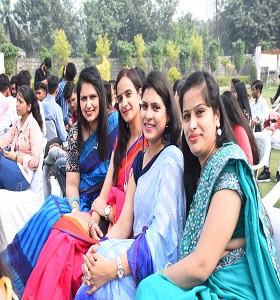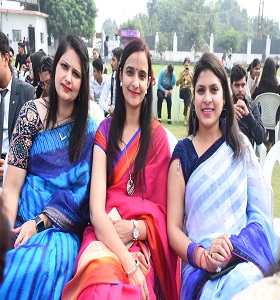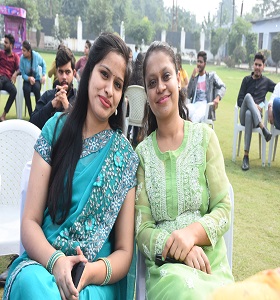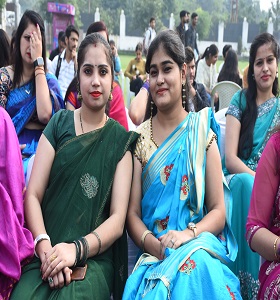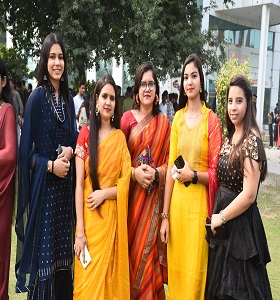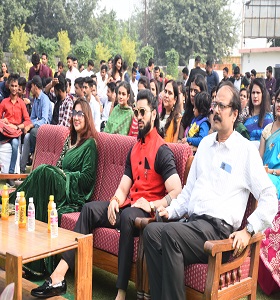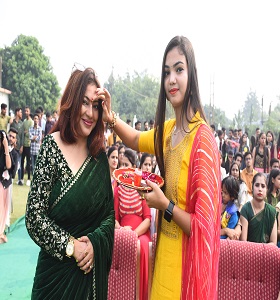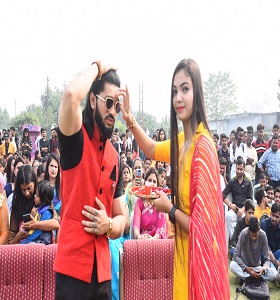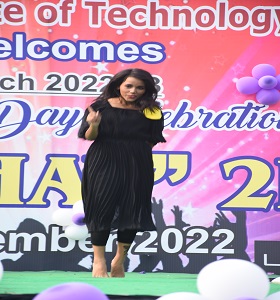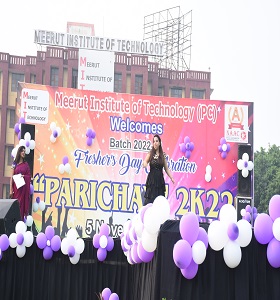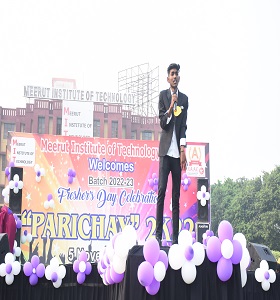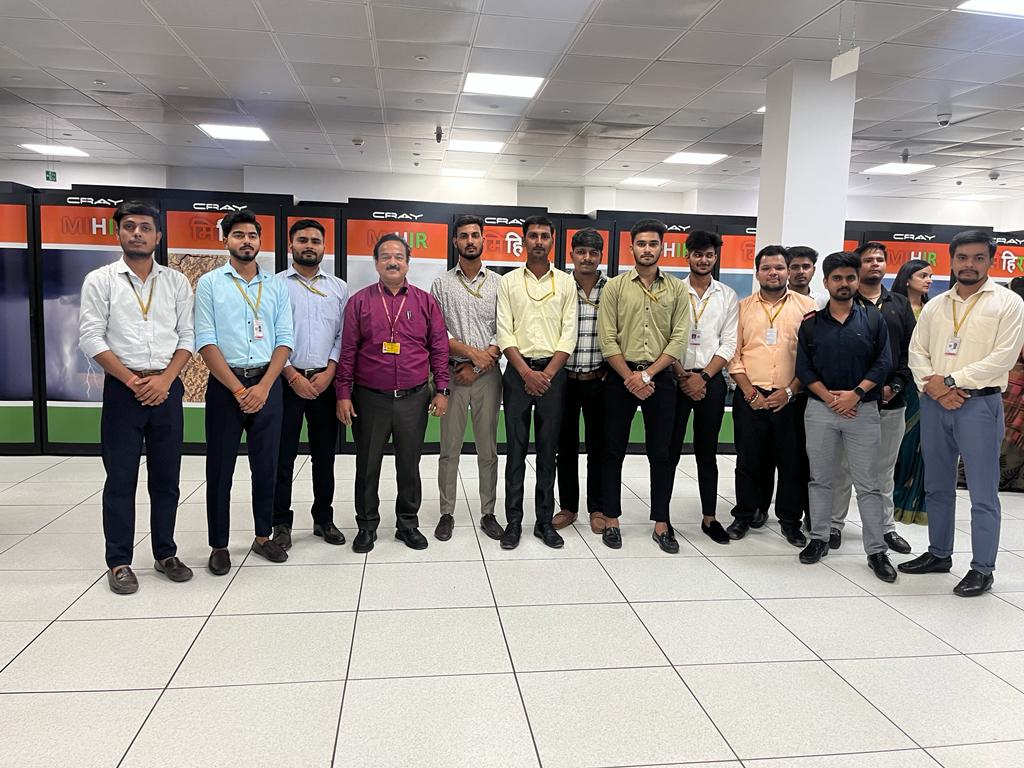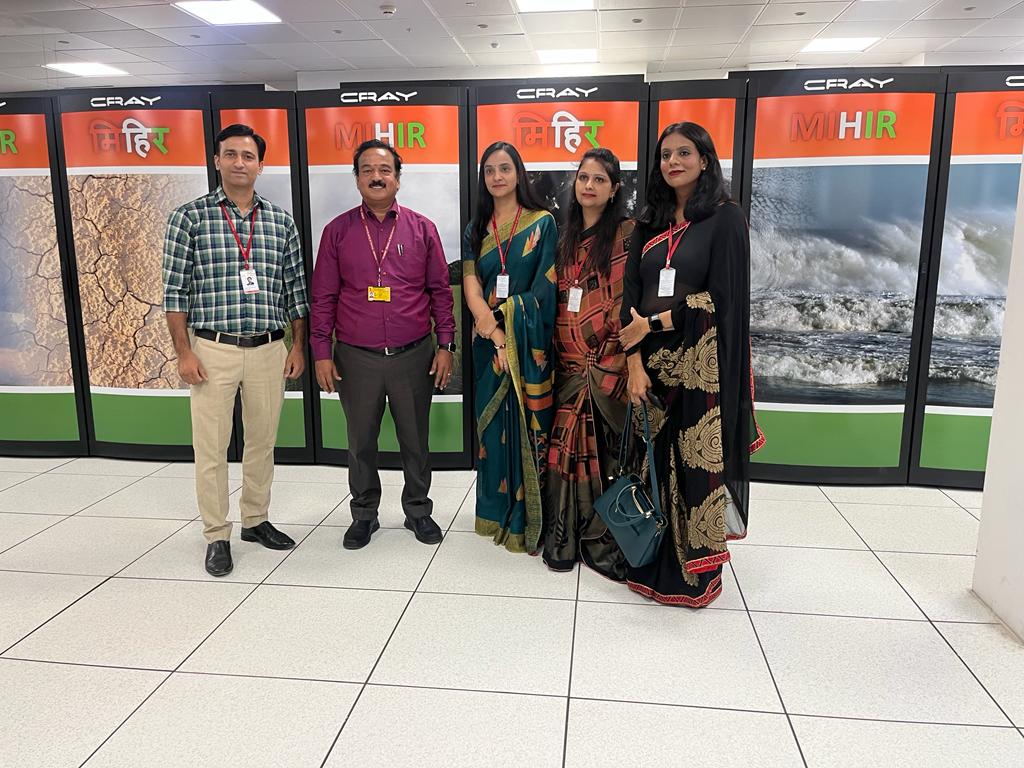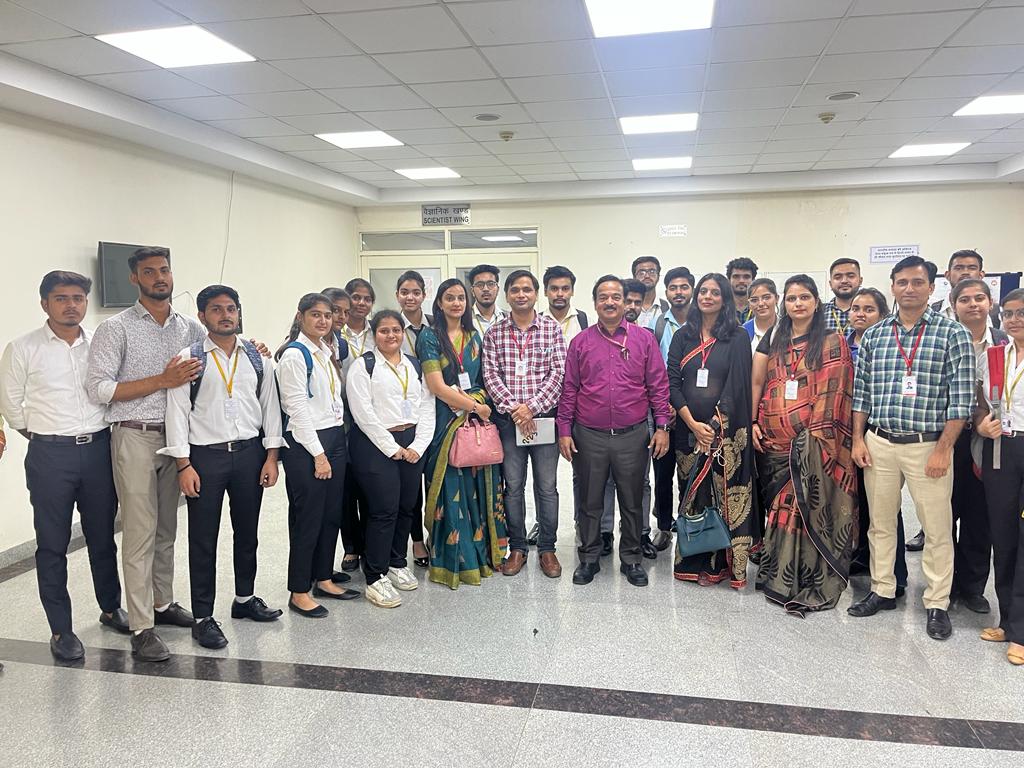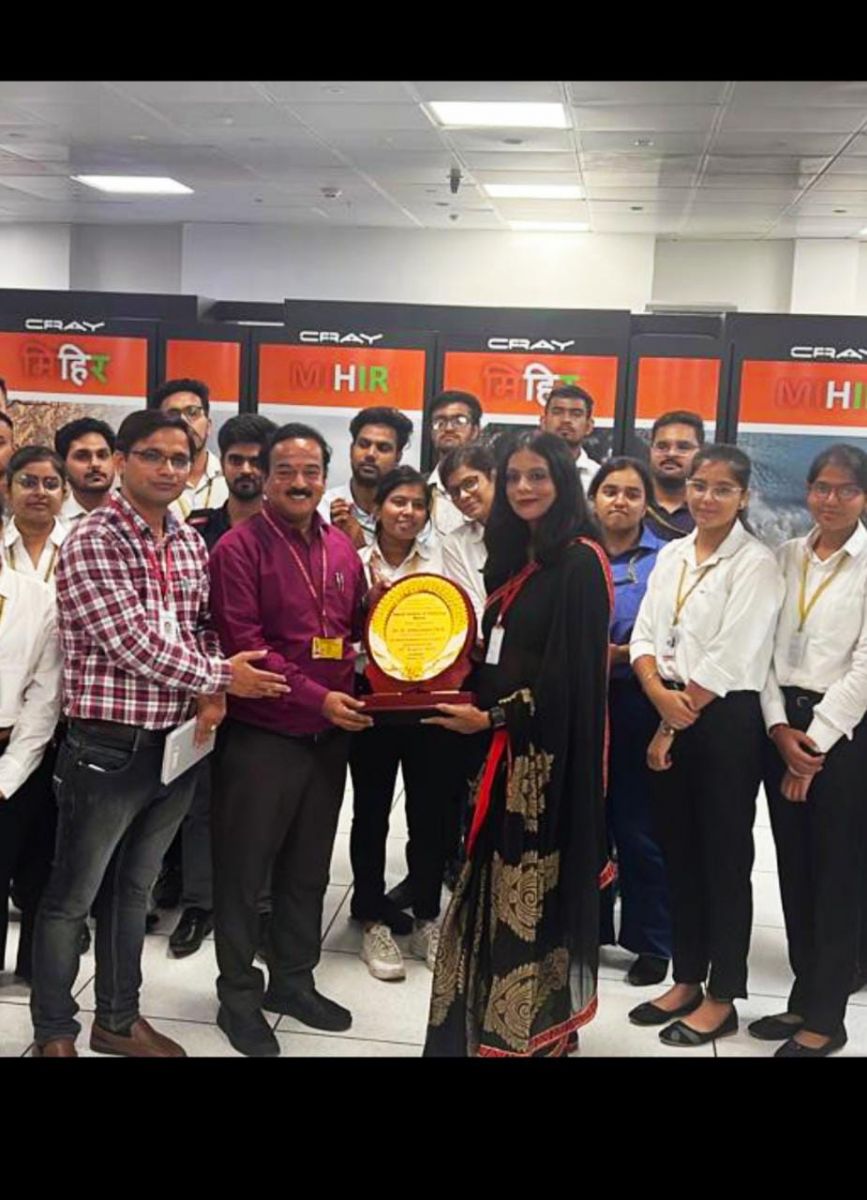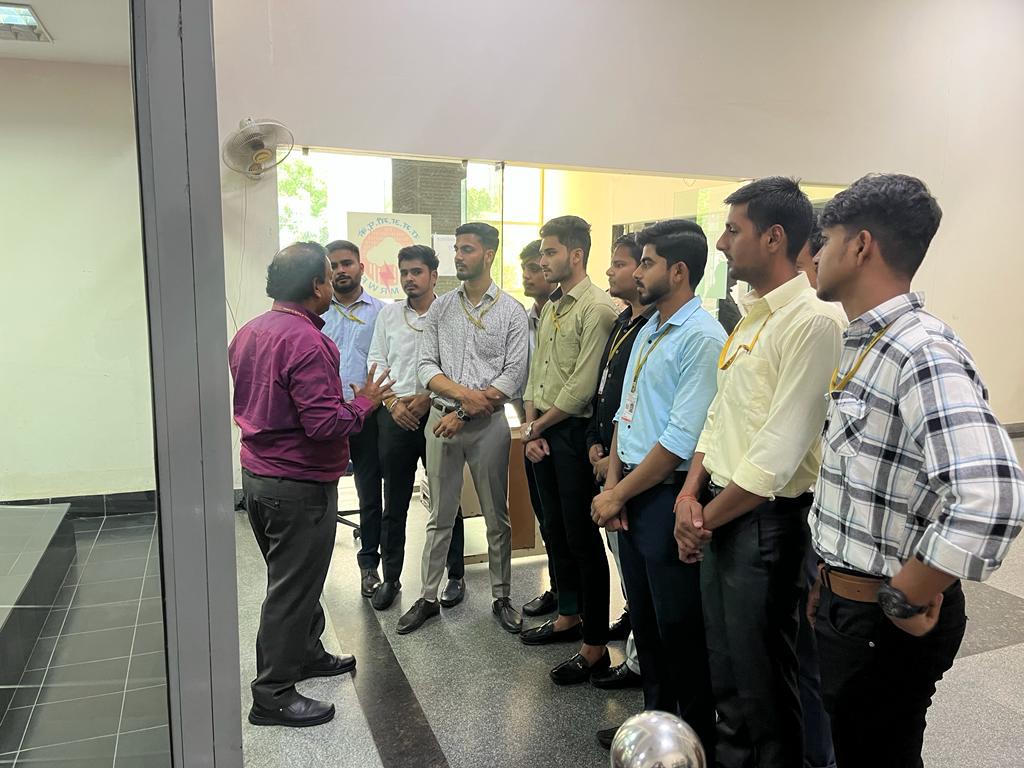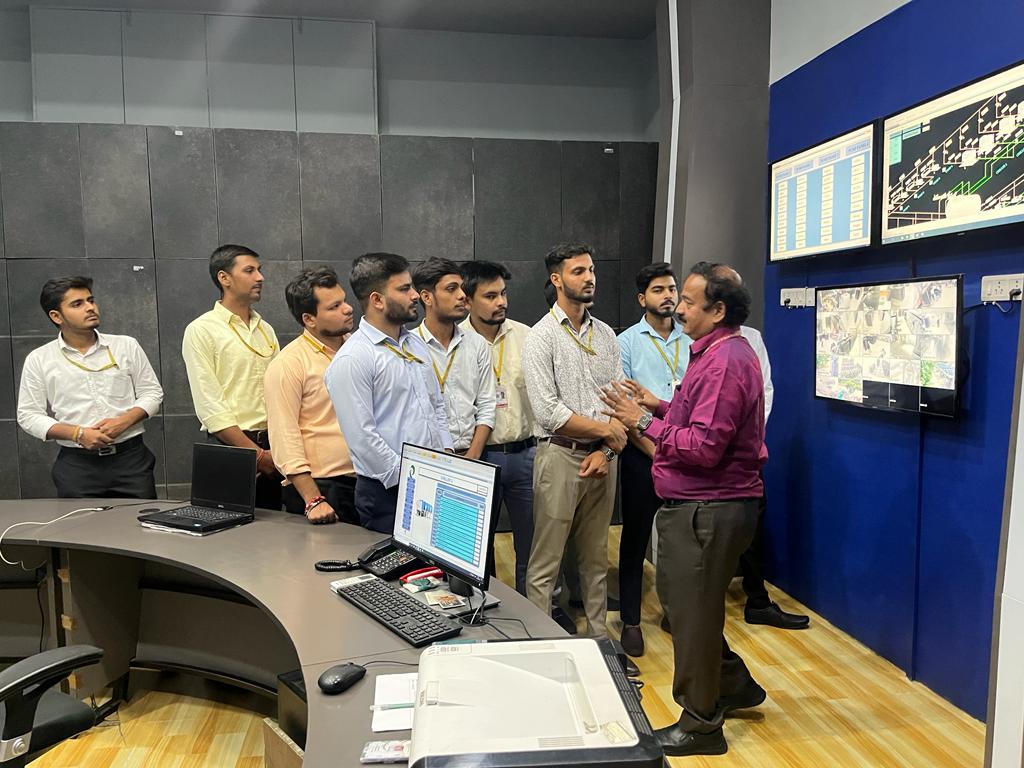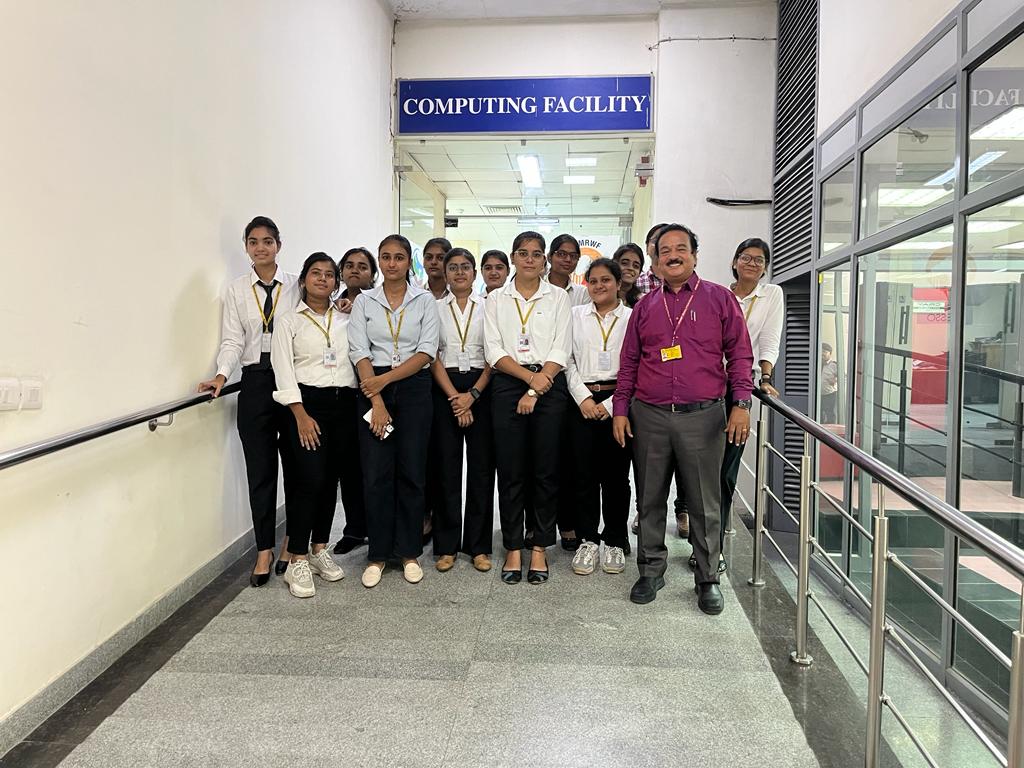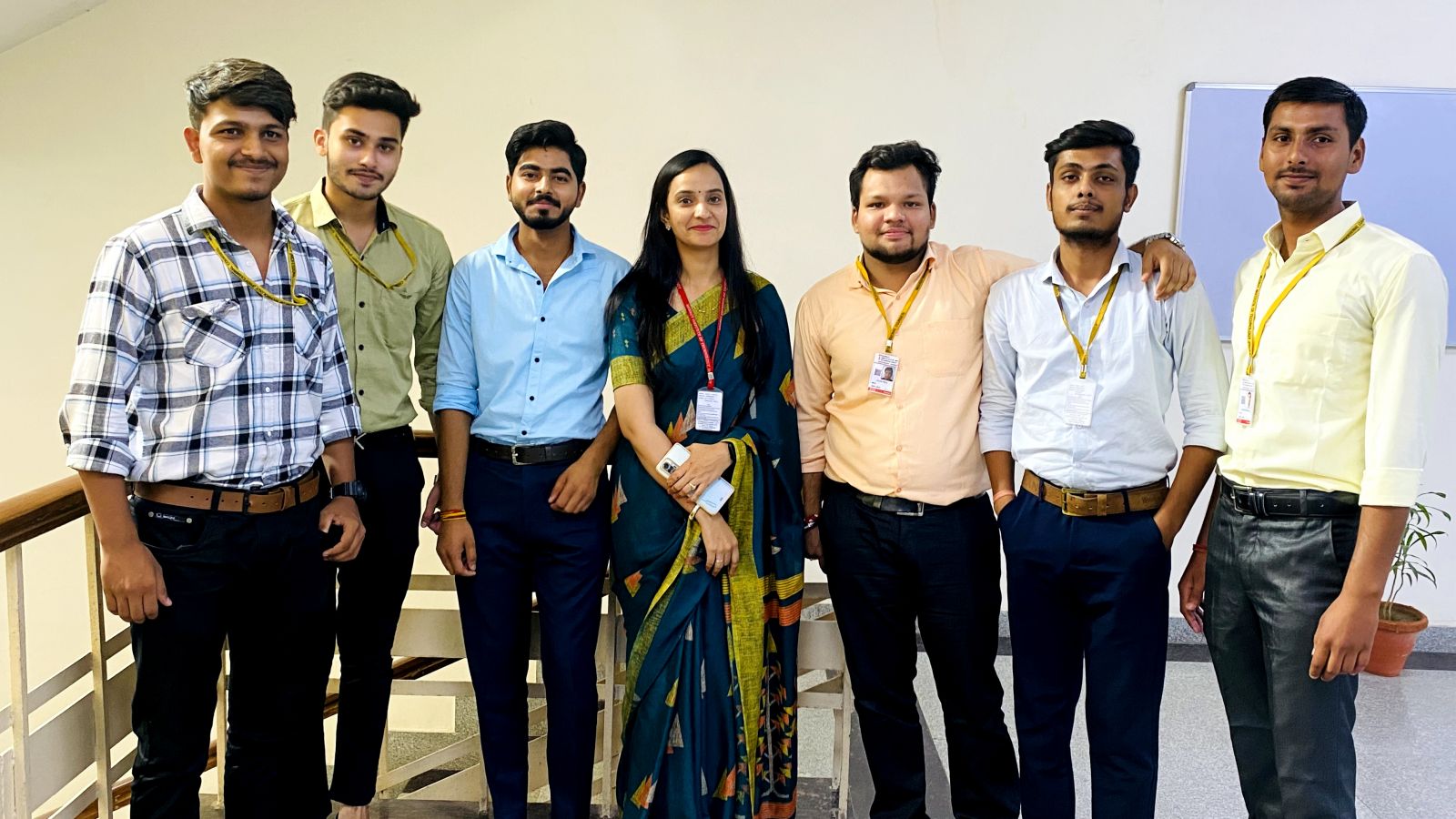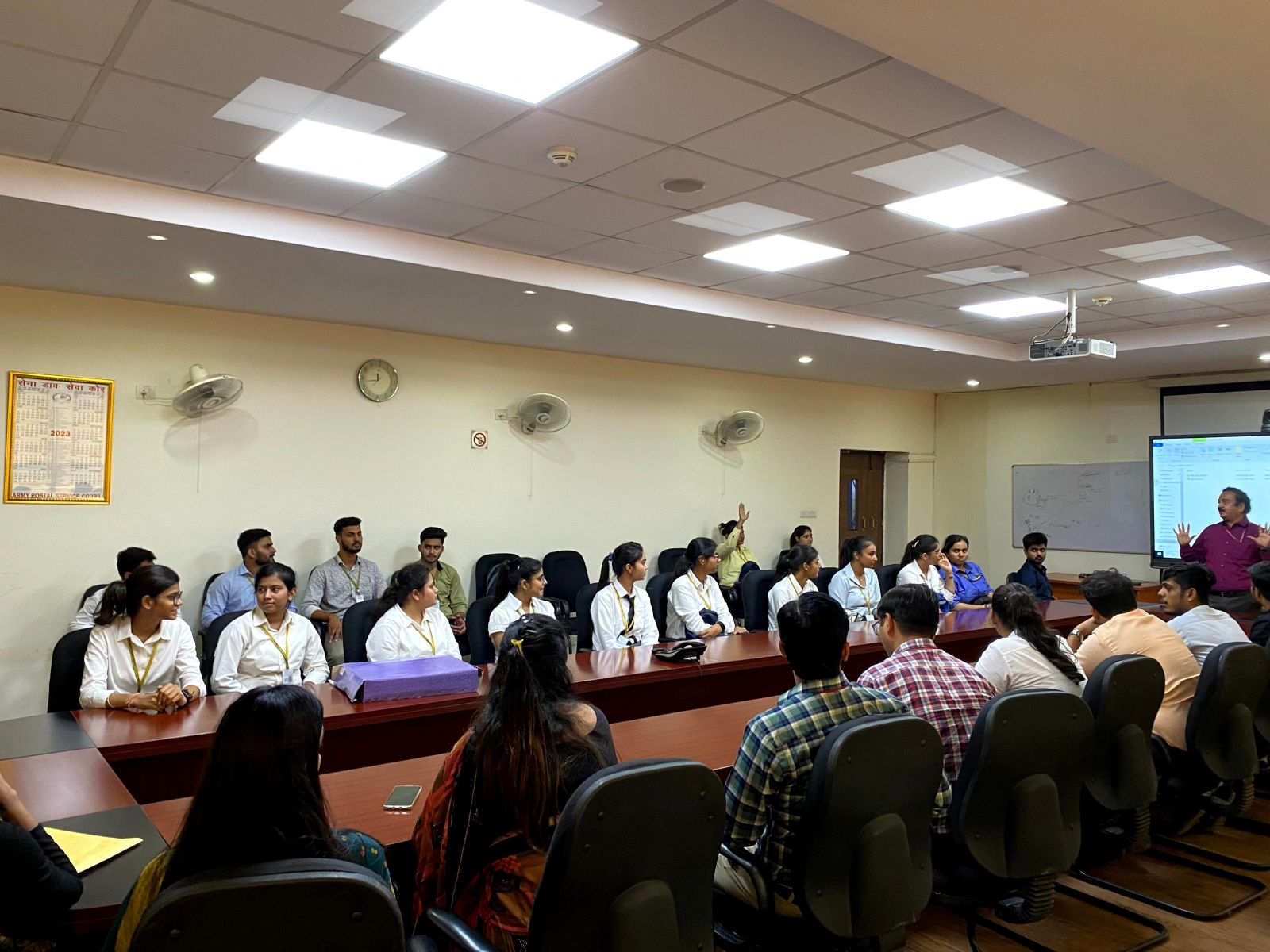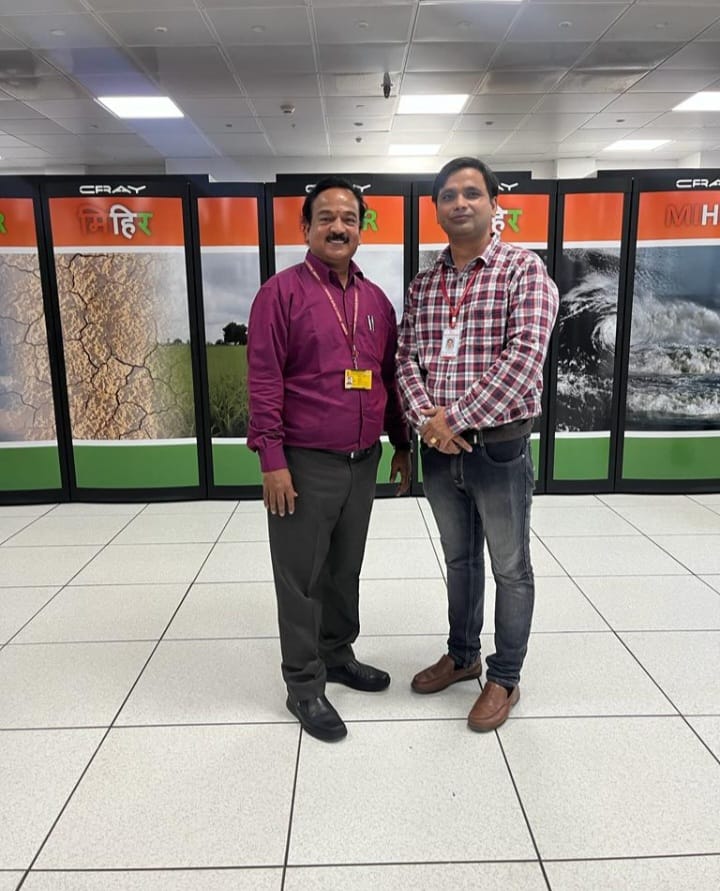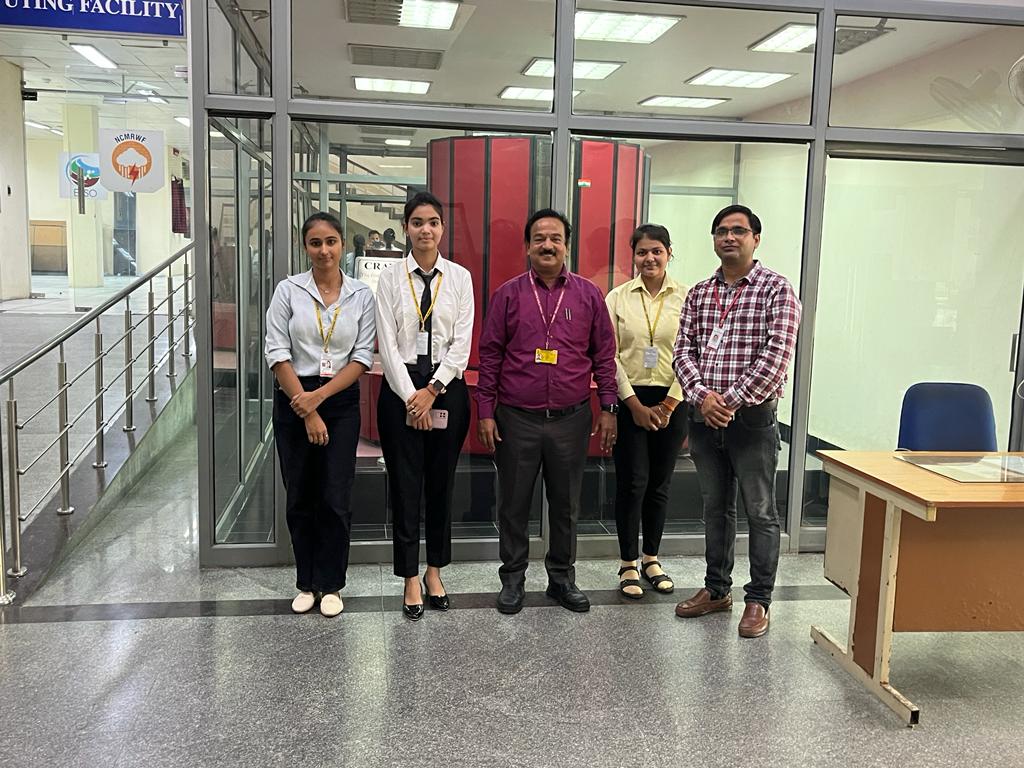|
Name of the programme: BCA |
|
|
|
|
|
S. N. |
Subject Code |
Subject Name |
Course Outcomes |
|
|
1 |
BCA 101 |
MATHEMATICS - I |
CO1 |
To familiar with determinant and matrices. |
|
CO2 |
To formulate Limits, Continuity & Differentiability. |
|
CO3 |
To demonstrate a working knowledge Definite & Indefinite Integrals. |
|
CO4 |
To define vectors in 2 and 3 dimensions & physical interpretation of scalar and vector product. |
|
CO5 |
To develop analytical ability to solve real world problems using these methodologies. |
|
2 |
BCA 102 |
PROGRAMMING PRINCIPLE AND ALGORITHM |
CO1 |
To understand the basic programming fundamentals of C programming |
|
|
|
|
CO2 |
To Execute the structure of C program and use of built-in operators and datatypes. |
|
|
|
|
CO3 |
To Understand the use of header files, decision structure, loop control structure and functions |
|
|
|
|
CO4 |
To Develop an algorithm and flow chart to solve the problem |
|
|
|
|
CO5 |
To Develop programs using decision structures, loops and functions |
|
3 |
BCA 103 |
COMPUTER FUNDAMENTAL AND OFFICE AUTOMATION |
CO1 |
Outline computer hardware, software |
|
|
|
|
CO2 |
Explain systems development, word-processing, spreadsheet, and presentation |
|
|
|
|
CO3 |
Implement binary, hexadecimal and octal number systems and their arithmetic |
|
|
|
|
CO4 |
Characterize the knowledge of various types of operating systems |
|
|
|
|
CO5 |
Summarize the basic Idea About Command Line Interface |
|
4 |
BCA 104 |
PRINCIPLES OF MANAGEMENT |
CO1 |
Students would be able to define management; its importance and state the functions of management . They will be able to recognize the sequential functions of management and tell the difference between management and administration. They will be able to recognize various management authors and theory given by them. |
|
|
|
|
CO2 |
Students will be able to illustrate the importance of leadership, motivation, and strategy formulation in the organization and interpret change management models and stress management techniques. |
|
|
|
|
CO3 |
Students would be able to execute various models used in management and strategies to carry on managerial functions. |
|
|
|
|
CO4 |
Students will learn to analyze and implement various managerial functions by distinguishing their priority and effectiveness. |
|
|
|
|
CO5 |
Students will be able to justify various management theories and relate to their effectiveness in current market scenario. |
|
|
|
|
CO6 |
Students would be able to design new ways of drafting strategies to manage change essential for managing an organization. |
|
5 |
BCA 106 |
BUSINESS COMMUNICATION |
CO1 |
To understand basic concept of business communication and principles to prepare effective communication for domestic and international business situations |
|
|
|
|
CO2 |
To demonstrate their verbal and non-verbal communication skills through oral and written presentations. |
|
|
|
|
CO3 |
To stimulate their critical thinking by designing and developing clean and lucid writing skills. |
|
|
|
|
CO4 |
To develop an understanding of appropriate organizational formats and channels used in business communication. |
|
|
|
|
CO5 |
To gain an understanding of IT Technology for Business communication. |
|
6 |
BCA 108 (008) |
ENVIRONMENTAL STUDIES |
CO1 |
To gain knowledge about basics aspects associated with structure and function of ecological systems. |
|
|
|
|
CO2 |
Students will learn about natural resource, its importance and environmental impacts of human activities on natural resource and the need of their conservation for a sustainable environment. . |
|
|
|
|
CO3 |
To gain knowledge about the conservation of biodiversity and its importance. |
|
|
|
|
CO4 |
To identify their roles, responsibilities as a citizen, consumers and environmental actors in a complex interconnected world. |
|
|
|
|
CO5 |
To analyze the impact of human and pollution on environment. |
|
|
|
|
CO6 |
Students will able to write and communicate effectively about environmental issues and problems. |
|
|
|
|
CO7 |
To enhance awareness of Disaster Risk Management |
|
7 |
BCA 105 |
COMPUTER LABORATORY & PRACTICAL WORK OF COMPUTER FUNDAMENTAL & OFFICE AUTOMATION |
CO1 |
Define command of Dos operating system. |
|
|
|
|
CO2 |
Explain the concept of windows operating system and various application. |
|
|
|
|
CO3 |
Use of MS word and their various application. |
|
|
|
|
CO4 |
Illustrate the concept of MS-Excel and their application. |
|
|
|
|
CO5 |
Basic idea of Power Point Presentation and how to use it like creation of ppt on any topic. |
|
8 |
BCA 107 |
COMPUTER LABORATORY & PRACTICAL WORK OF C PROGRAMMING |
CO1 |
Apply the specification of syntax rules for numerical constants and variables, data types |
|
|
|
|
CO2 |
Usage of Arithmetic operator, Conditional operator, logical operator and relational operators |
|
|
|
|
CO3 |
Read, understand and trace the execution of programs written in C language |
|
|
|
|
CO4 |
Write C programs using decision making, and looping constructs |
|
|
|
|
CO5 |
Able to write c program using functions |
|
9 |
BCA 201 |
MATHEMATICS - II |
CO1 |
To apply the basic concepts of Sets , Relation and Functions. |
|
|
|
|
CO2 |
Formulate Partial Differentiation and its applications. |
|
|
|
|
CO3 |
To apply the basics concepts of 3 Dimensional Coordinates Geometry. |
|
|
|
|
CO4 |
To develop the ability to understand the double and triple integral. |
|
10 |
BCA 202 |
C PROGRAMMING |
CO1 |
Introduces with different data types, preprocessor directives, Bitwise operators and command line arguments in the C language |
|
|
|
|
CO2 |
To understand the concept of array, string and file handling in C programming |
|
|
|
|
CO3 |
Understand the dynamics of memory by the use of pointers, structure and union |
|
|
|
|
CO4 |
Develop logics which will help them to create programs |
|
11 |
BCA 203 |
ORGANIZATION BEHAVIOR |
CO1 |
To comprehend the nature, functioning and design of organizations as social collectives. |
|
|
|
|
CO2 |
To analyze the behavior of individuals and groups in organizations. |
|
|
|
|
CO3 |
To explain cause and effect of different behaviors in the organizations. |
|
|
|
|
CO4 |
To contrast the reciprocal relationship between the organizational leaders, managerial behavior, and their subordinates. |
|
|
|
|
CO5 |
To develop conceptual understanding of change and its implementation. |
|
12 |
BCA 204 |
DIGITAL ELECTRONICS & COMPUTER ORGANIZATION |
CO1 |
To acquire the basic knowledge of logic gates. |
|
|
|
|
CO2 |
To construct basic combinational circuits and verify their functionalities |
|
|
|
|
CO3 |
To apply the design procedures to design basic sequential circuits |
|
|
|
|
CO4 |
To illustrate about counters & Registers |
|
|
|
|
CO5 |
To evaluate the structure of various number systems and its application in digital design. |
|
13 |
BCA 205 |
FINANCIAL ACCOUNTING & MANAGEMENT |
CO1 |
Acquire the basic concepts of accounting terms along with Generally Accepted Accounting Principles (GAAP ). |
|
|
|
|
CO2 |
Attain in depth skills of organisation accounts and apply specific Accounting standards and accounting rules to record different transaction and events of business entities. |
|
|
|
|
CO3 |
Build the ability to prepare and interprets the financial statements of business entities. |
|
|
|
|
CO4 |
Demonstrate the roles and importance of finance function, management of funds and allocation of funds. |
|
|
|
|
CO5 |
Articulate the basic concepts and theories related to capital structure and cost of capital. |
|
|
|
|
CO6 |
Explain the importance of working capital in a business entity and list the factors influencing the working capital management. |
|
14 |
BCA 206 |
Computer Laboratory & Practical work C Programming |
CO1 |
Acquire logical thinking, Implement the algorithms and analyze their complexity, Identify the correct and efficient ways of solving problems. |
|
|
|
|
CO2 |
Implement real time functions using the power of C language features. |
|
|
|
|
CO3 |
C programs using decision making, branching, looping constructs. |
|
|
|
|
CO4 |
Applying and Writing C programs to implement one dimensional and two dimensional arrays. ( Dynamic Memory Allocation ) |
|
|
|
|
CO5 |
Applying the specification of syntax rules for numerical constants and variables, data types. |
|
15 |
BCA 301 |
OBJECT ORIENTED PROGRAMMING (OOPs) |
CO1 |
To identify the difference between the C and C++ |
|
|
|
|
CO2 |
To describe the object-oriented programming approach in connection with C++ |
|
|
|
|
CO3 |
To apply the concepts of object-oriented programming |
|
|
|
|
CO4 |
Classify inheritance with understanding of early and late binding, usage of exception handling. |
|
|
|
|
CO5 |
To summarize the concepts of function overloading , operator overloading ,virtual functions and polymorphism. |
|
16 |
BCA 302 |
DATA STRUCTURE USING C & C++ |
CO1 |
Apply appropriate constructs of programming language coding standards for application development. |
|
|
|
|
CO2 |
Use appropriate data structures for problem solving and programming. |
|
|
|
|
CO3 |
Use algorithmic foundations for solving problems and programming. |
|
|
|
|
CO4 |
To apply Algorithm for solving problems like sorting, searching, insertion and deletion of data. |
|
|
|
|
CO5 |
Develop programming logic and skills. |
|
17 |
BCA 303 |
COMPUTER ARCHITECTURE & ASSEMBLY LANGUAGE |
CO1 |
To understand the theory and architecture of central processing unit. |
|
|
|
|
CO2 |
To analyze some of the design issues in terms of speed, technology & performance. |
|
|
|
|
CO3 |
To design a simple CPU with applying the theory concepts. |
|
|
|
|
CO4 |
To learn the concepts of parallel processing, pipelining. |
|
|
|
|
CO5 |
To define different number systems, binary addition and subtraction, 2’s complement representation and operations with this representation. |
|
18 |
BCA 304 |
BUSINESS ECONOMICS |
CO1 |
To gain knowledge of basic concepts and fundamentals of economics |
|
|
|
|
CO2 |
To develop practical understanding of various economics concepts in business. |
|
|
|
|
CO3 |
To apply the basic concepts of different market structure in long run and short run of business. |
|
|
|
|
CO4 |
To compute various measures regarding macroeconomic concerns |
|
|
|
|
CO5 |
To take appropriate decision and applying the concept of issues of dumping ,Exim policy of 2004-09,WTO concept , Globalization, group of twenty(g-20) |
|
19 |
BCA 305 |
ELEMENTS OF STATISTICS |
CO1 |
To gain Knowledge of basic concepts / fundamentals of statistics. |
|
|
|
|
CO2 |
To develop practical understanding of various statistics concepts. |
|
|
|
|
CO3 |
To compute various measures of central tendency, Measures of Dispersion, Permutations & Combinations, SQC and their implementation in solving the numerical problems. |
|
|
|
|
CO4 |
To apply the basic concepts of probability and solve the numerical problems. |
|
|
|
|
CO5 |
To Take appropriate decisions and applying the Concept of Analytics and logical thinking. |
|
20 |
BCA 306 |
COMPUTER LABORATORY & PRACTICAL WORK OF OOPs |
CO1 |
To create and explain the basic C++ program . |
|
|
|
|
CO2 |
To demonstrate various programs using class and objects. |
|
|
|
|
CO3 |
To teach the student to implement object oriented concepts |
|
|
|
|
CO4 |
Illustrate the use of constructors and destructors. |
|
21 |
BCA 307 |
COMPUTER LABORATORY & PRACTICAL WORK OF DS |
CO1 |
Develop simple C Programs using pointers and Functions. |
|
|
|
|
CO2 |
Develop C program for Linear data structure operations and its applications |
|
|
|
|
CO3 |
Experiment with File Manipulation concepts |
|
|
|
|
CO4 |
Develop programs using various sorting algorithms |
|
|
|
|
CO5 |
Develop programs using different searching methods |
|
22 |
BCA 401 |
COMPUTER GRAPHICS & MULTIMEDIA APPLICATION |
CO1 |
To describe the basics of computer graphics, different graphics systems and applications of computer graphics. |
|
|
|
|
CO2 |
To develop an understanding of various algorithms for scan conversion |
|
|
|
|
CO3 |
To apply the concept of the techniques of clipping, two dimensional transformations and three dimensional transformations. |
|
|
|
|
CO4 |
To perform the use of multimedia and animation. |
|
23 |
BCA 402 |
OPERATING SYSTEM |
CO1 |
To describe and explain the fundamental components of a computer operating system.. |
|
|
|
|
CO2 |
To define, restate, discuss, and explain the policies for scheduling, deadlocks, memory management, synchronization, system calls, and file systems. |
|
|
|
|
CO3 |
To design and construct the following OS components: System calls, Schedulers, Memory management systems, Virtual Memory and Paging systems. |
|
|
|
|
CO4 |
To describe and extrapolate the interactions among the various components of computing systems. |
|
|
|
|
CO5 |
Analyze the performance of different algorithm used in design of operating system componets. |
|
24 |
BCA 403 |
SOFTWARE ENGINEERING |
CO1 |
To decompose the given project in various phases of a lifecycle. |
|
|
|
|
CO2 |
To choose appropriate process model depending on the user requirements. |
|
|
|
|
CO3 |
To Perform various life cycle activities like Analysis, Design, Implementation, Testing and Maintenance. |
|
|
|
|
CO4 |
To know various processes used in all the phases of the product. |
|
|
|
|
CO5 |
To apply the knowledge, techniques, and skills in the development of a software product. |
|
25 |
BCA 404 |
OPTIMIZATION TECHNIQUES |
CO1 |
To gain Knowledge of the concepts / fundamentals of algorithms. |
|
|
|
|
CO2 |
To develop practical understanding of various optimization techniques. |
|
|
|
|
CO3 |
To compute various optimization techniques like LPP, Queuing Theory, Replacement Theory, Inventory Theory and Job Sequencing and their implementation. |
|
|
|
|
CO4 |
To formulate & implement the numerical methods in solving business related problems. |
|
|
|
|
CO5 |
To take appropriate decisions using logical thinking. |
|
26 |
BCA 406 |
MATHEMATICS - III |
CO1 |
To develop the ability to understand the complex number system. |
|
|
|
|
CO2 |
To develop an understanding of convergence and divergence of infinite series. |
|
|
|
|
CO3 |
To basic concepts of vector calculus. |
|
|
|
|
CO4 |
To get the basic concepts of Fourier Series. |
|
|
|
|
CO5 |
To introduce the first and second order Linear Differential Equation and determine its solution. |
|
27 |
BCA 405 |
COMPUTER LABORATORY & PRACTICAL WORK OF CGMA |
CO1 |
Describe the basics concepts of computer graphics. |
|
|
|
|
CO2 |
Discuss various algorithms for scan conversion and filling of basic objects . |
|
|
|
|
CO3 |
Apply clipping and filling techniques for modifying an object.. |
|
|
|
|
CO4 |
To analyse the concepts of different types of geometric transformations. |
|
|
|
|
CO5 |
To apply the cocepts of animation.. |
|
28 |
BCA 501 |
INTRODUCTION TO DBMS |
CO1 |
Define the basic concepts of database management systems |
|
|
|
|
CO2 |
Ability to design entity relationship model and convert entity relationship diagrams into RDBMS |
|
|
|
|
CO3 |
Ability to compare different storage structures and formulate SQL queries on the data. |
|
|
|
|
CO4 |
Able to demonstrate transaction processing and concurrency control |
|
|
|
|
CO5 |
Able to apply normalization technique for schema refinement |
|
29 |
BCA 502 |
JAVA PROGRAMMING AND DYNAMIC WEBPAGE DESIGN |
CO1 |
To implement, compile, test and run Java programs comprising more than one class |
|
|
|
|
CO2 |
To understand the concept of package, interface, multithreading and jdbc in java |
|
|
|
|
CO3 |
To design and develop simple GUI application in java |
|
|
|
|
CO4 |
To design the simple web page |
|
|
|
|
CO5 |
To make use of members of classes found in the Java API |
|
30 |
BCA 503 |
COMPUTER NETWORK |
CO1 |
Analyze the requirements for a given organizational structure and select the most appropriate networking architecture and technologies. |
|
|
|
|
CO2 |
Have a basic knowledge of the use of cryptography and network security. |
|
|
|
|
CO3 |
Specify and identify deficiencies in existing protocols, and then go onto formulate new and better protocols. |
|
|
|
|
CO4 |
Analyze, specify and design the topological and routing strategies for an IP based networking infrastructure . |
|
|
|
|
CO5 |
Have a working knowledge of datagram and internet socket programming. |
|
31 |
BCA 504 |
NUMERICAL METHODS |
CO1 |
To apply numerical methods to find our solution of algebraic equations using different methods under different conditions, and numerical solution of system of algebraic equations. |
|
|
|
|
CO2 |
To apply various interpolation methods and finite difference concepts. |
|
|
|
|
CO3 |
To work out numerical differentiation and integration whenever and wherever routine methods are not applicable. |
|
|
|
|
CO4 |
To able solve simultaneous linear equations with different methods. |
|
|
|
|
CO5 |
To work numerically on the ordinary differential equations using different methods through the theory of finite differences. |
|
32 |
BCA 505 |
COMPUTER LABORATORY & PRACTICAL WORK OF DBMS |
CO1 |
Able to choose appropriate database schema for a given problem |
|
|
|
|
CO2 |
Able to design an E-R model for real world problem |
|
|
|
|
CO3 |
Able to develop relational model for schema refinement |
|
|
|
|
CO4 |
Able to build a database for roadway travels and formulate quires using DDL, DML, DCL commands |
|
|
|
|
CO5 |
Able to create triggers, cursors for given problem |
|
33 |
BCA 506 |
COMPUTER LABORATORY & PRACTICAL WORK OF JAVA PROGRAMMING & DYNAMIC WEBPAGE DESIGN |
CO1 |
Write, compile, and execute Java programs that may include basic data types and control flow constructs |
|
|
|
|
CO2 |
Implement, compile, test and run Java programs comprising more than one class |
|
|
|
|
CO3 |
Write, compile and execute Java programs using object oriented class structures with parameters, constructors, including inheritance and exception handling etc. |
|
|
|
|
CO4 |
Write, compile, and execute Java programs using arrays, string, recursion and file handling. |
|
|
|
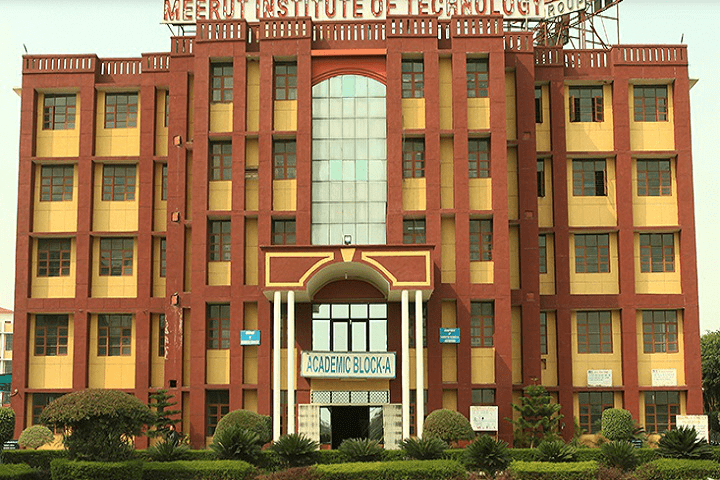
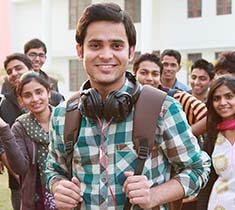
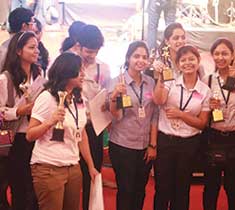
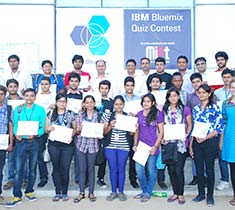
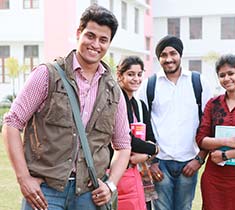


.png)



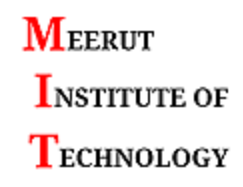
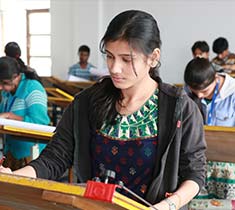

























.jpg)






.jpg)









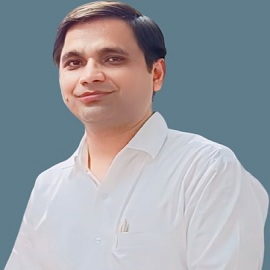
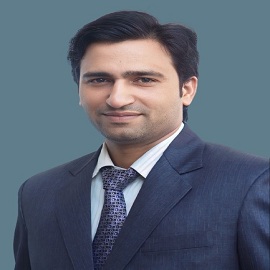
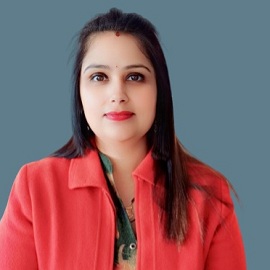
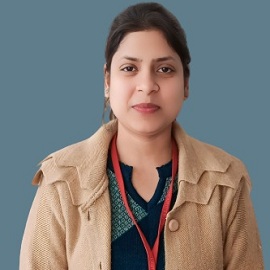
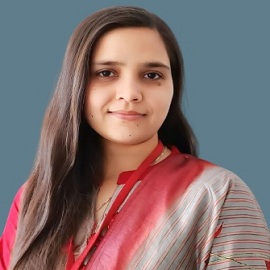
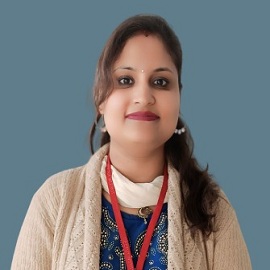
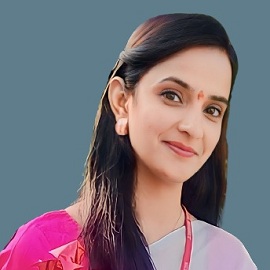
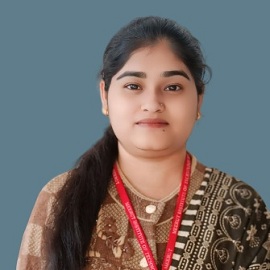
.jpg)
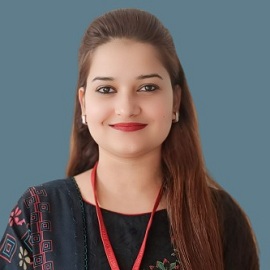
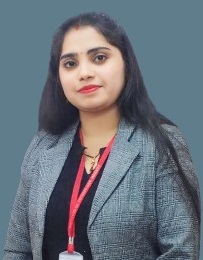
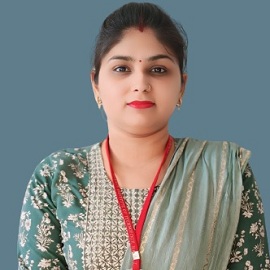
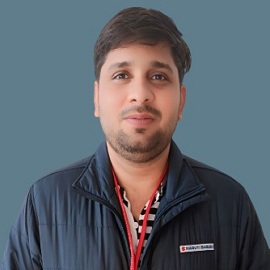
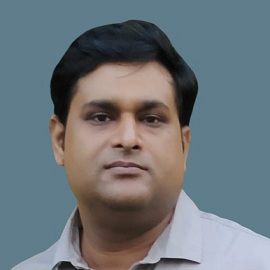

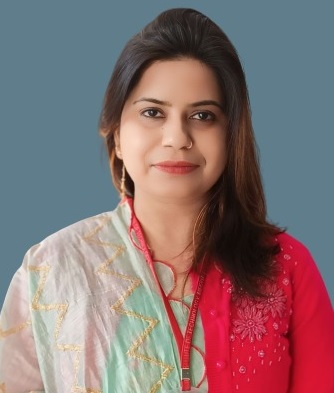
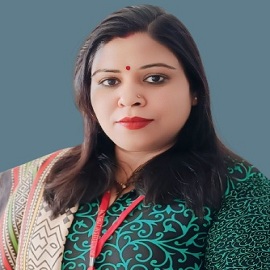
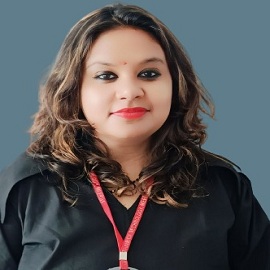
.jpg)

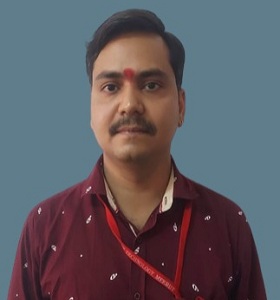
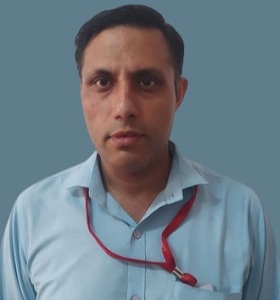
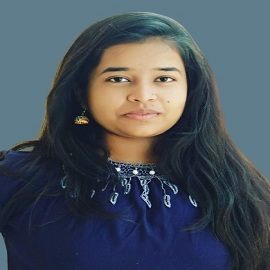
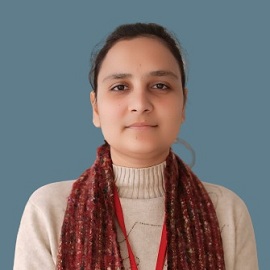
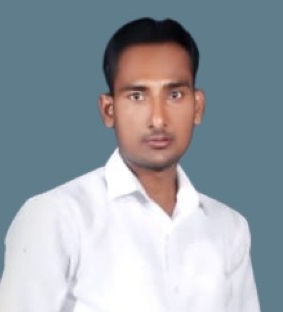


.jpg)
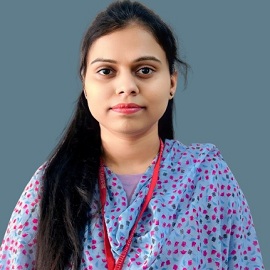
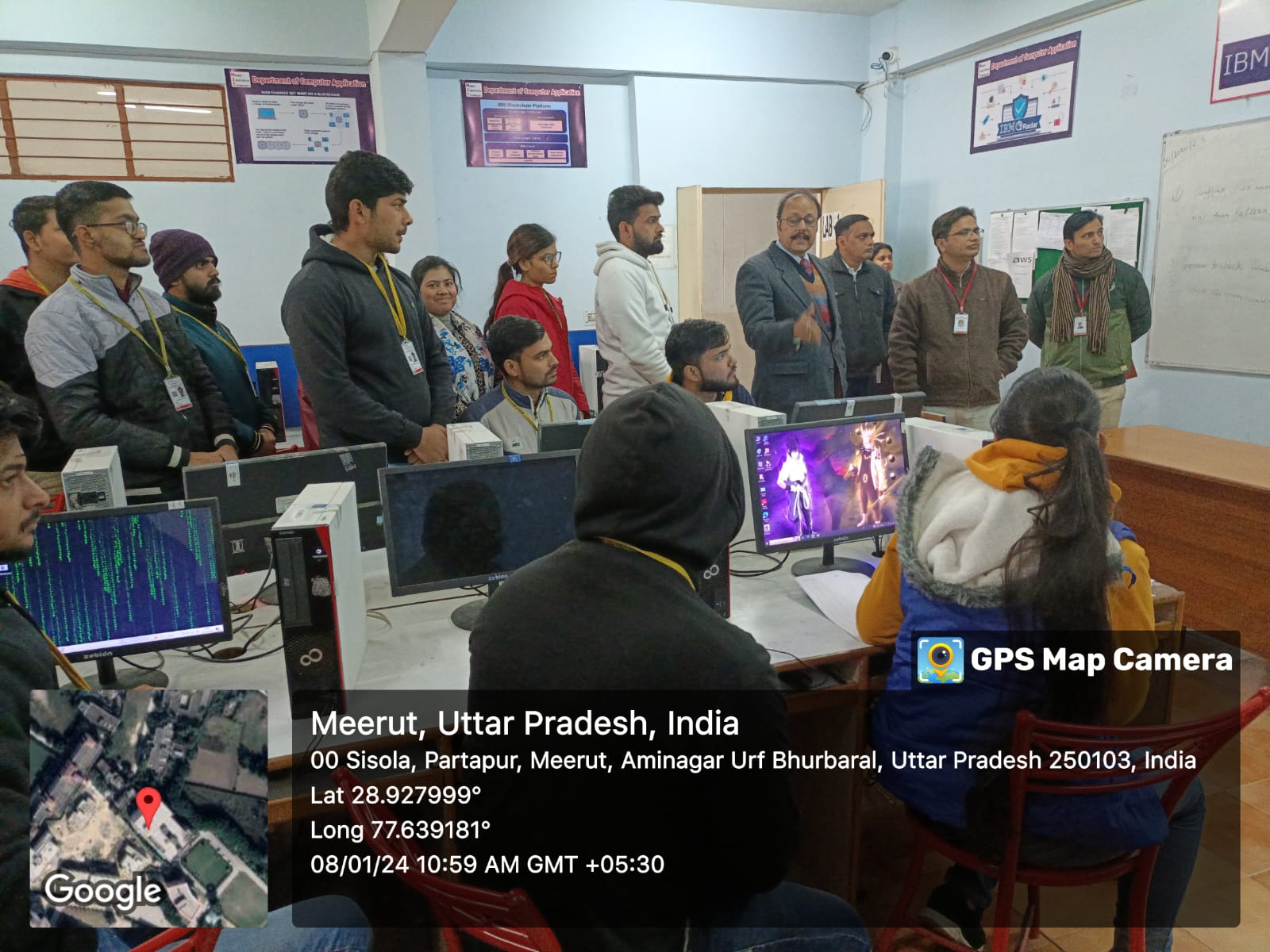
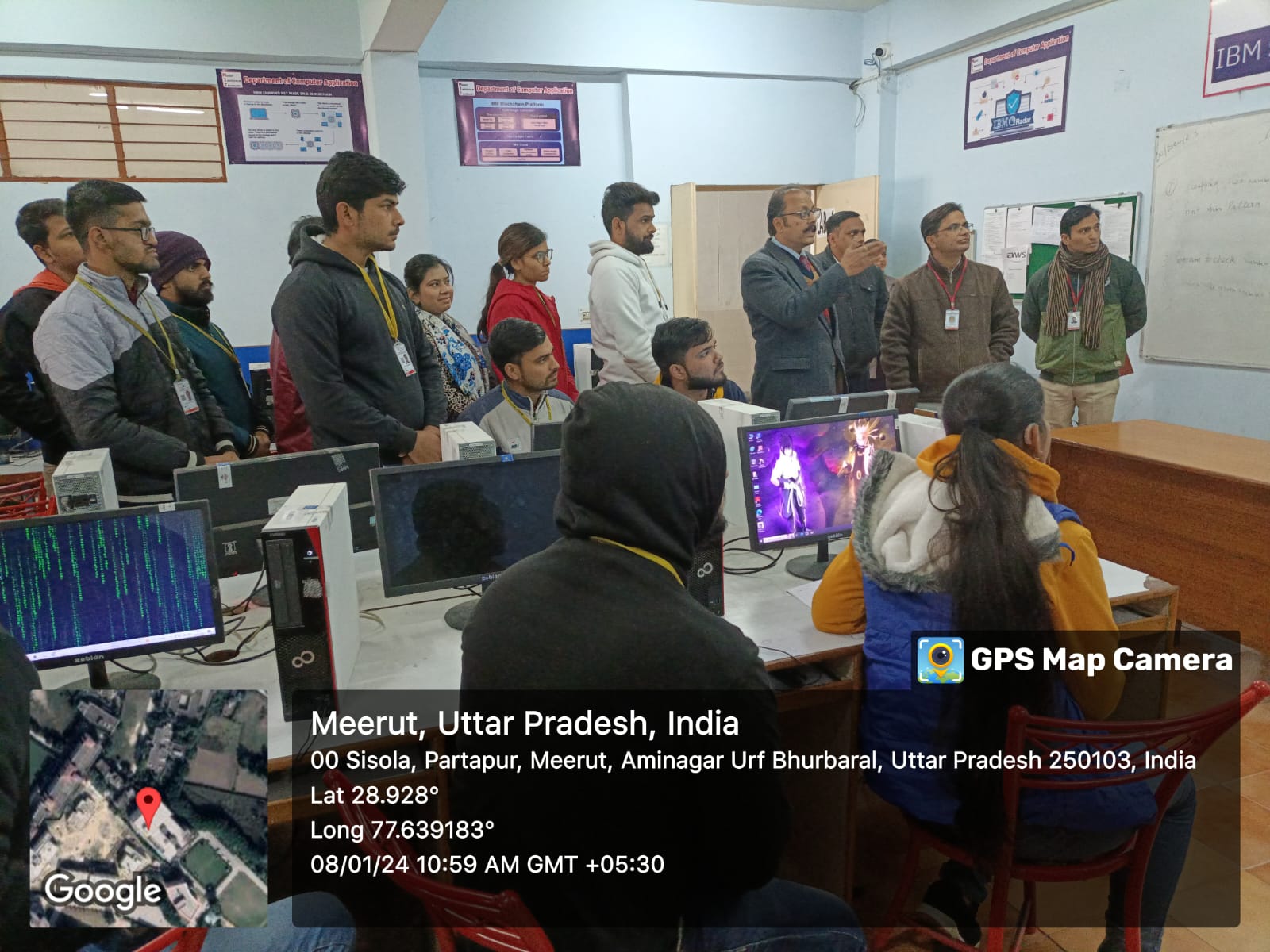
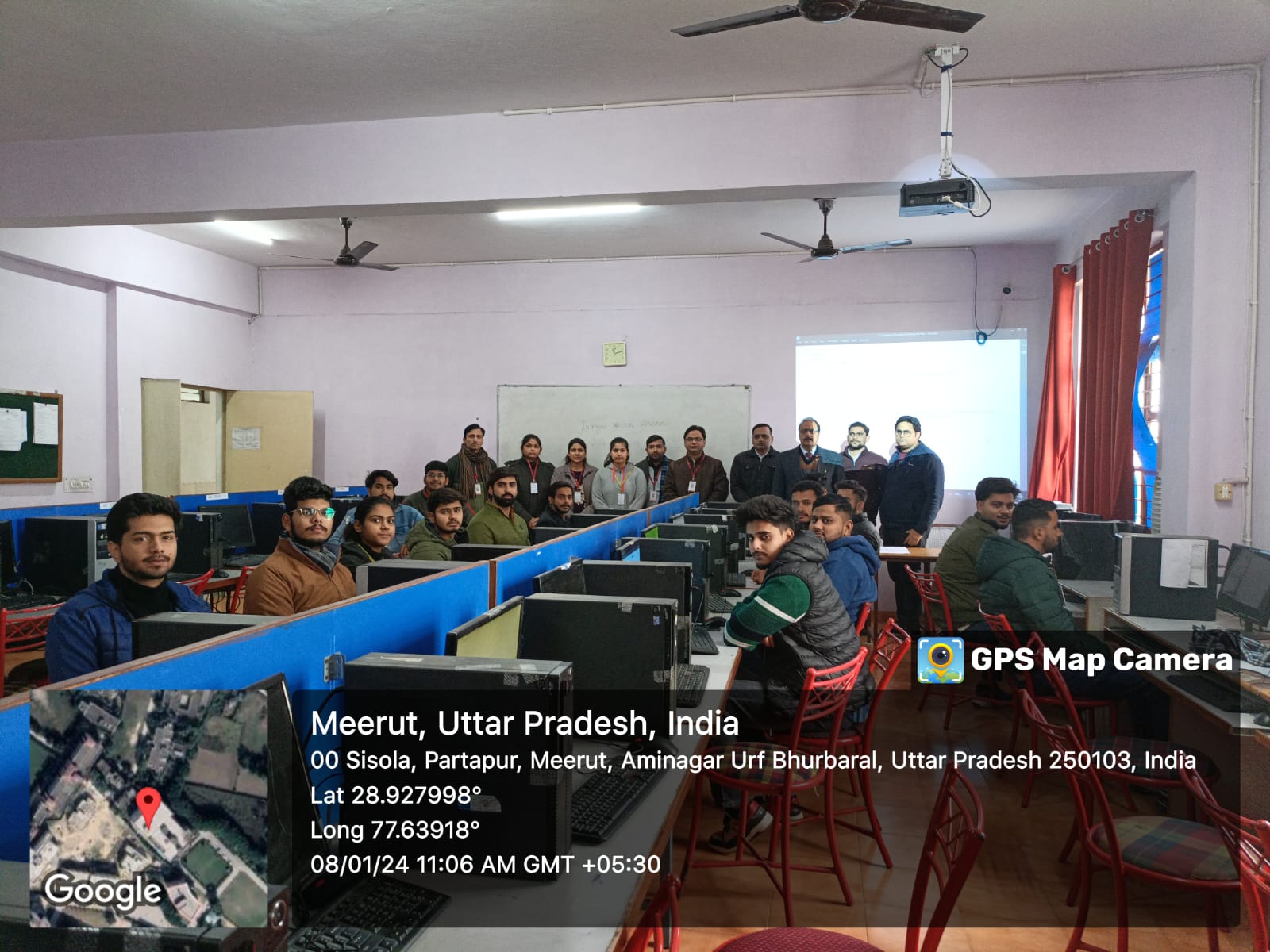
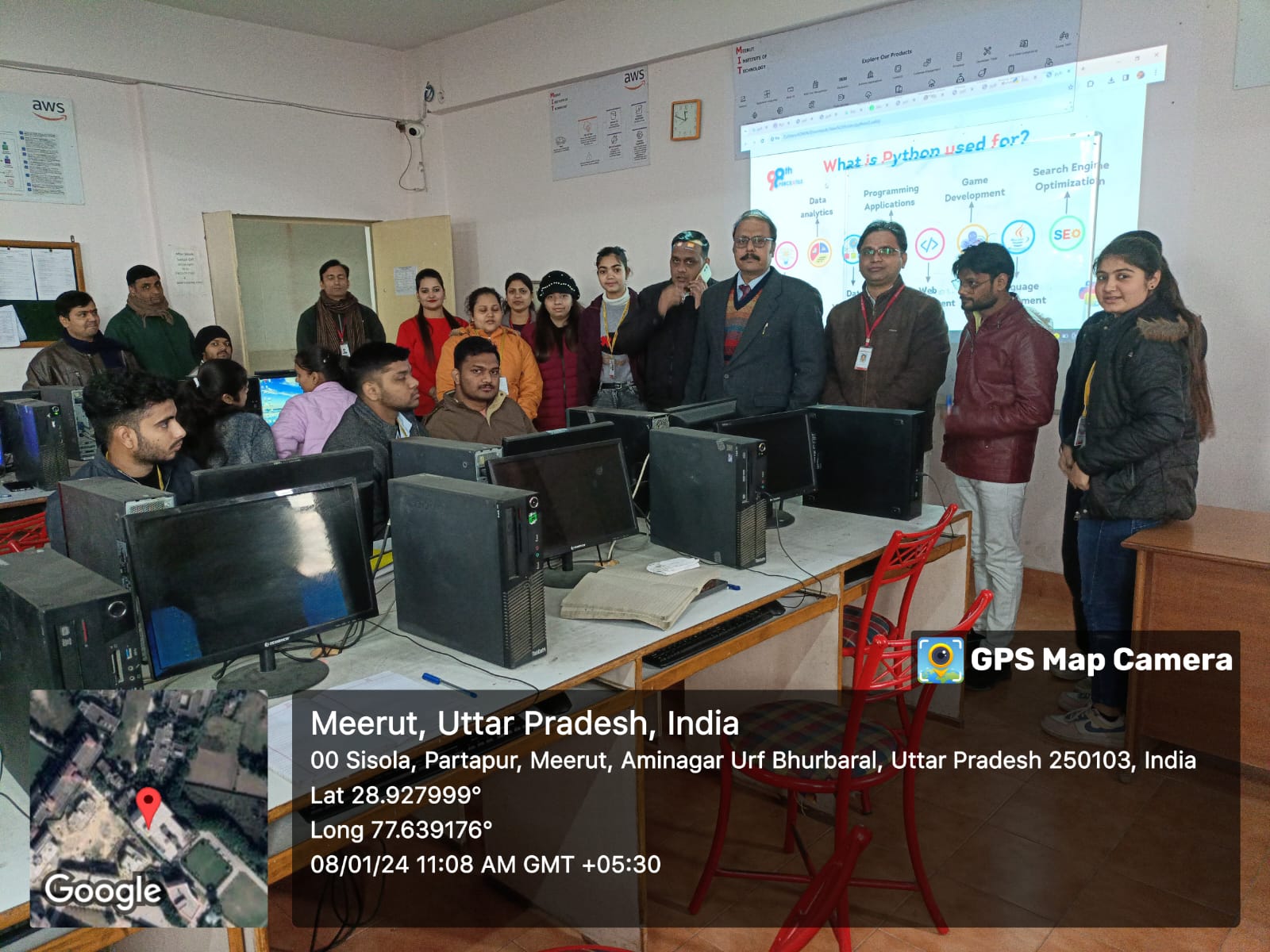
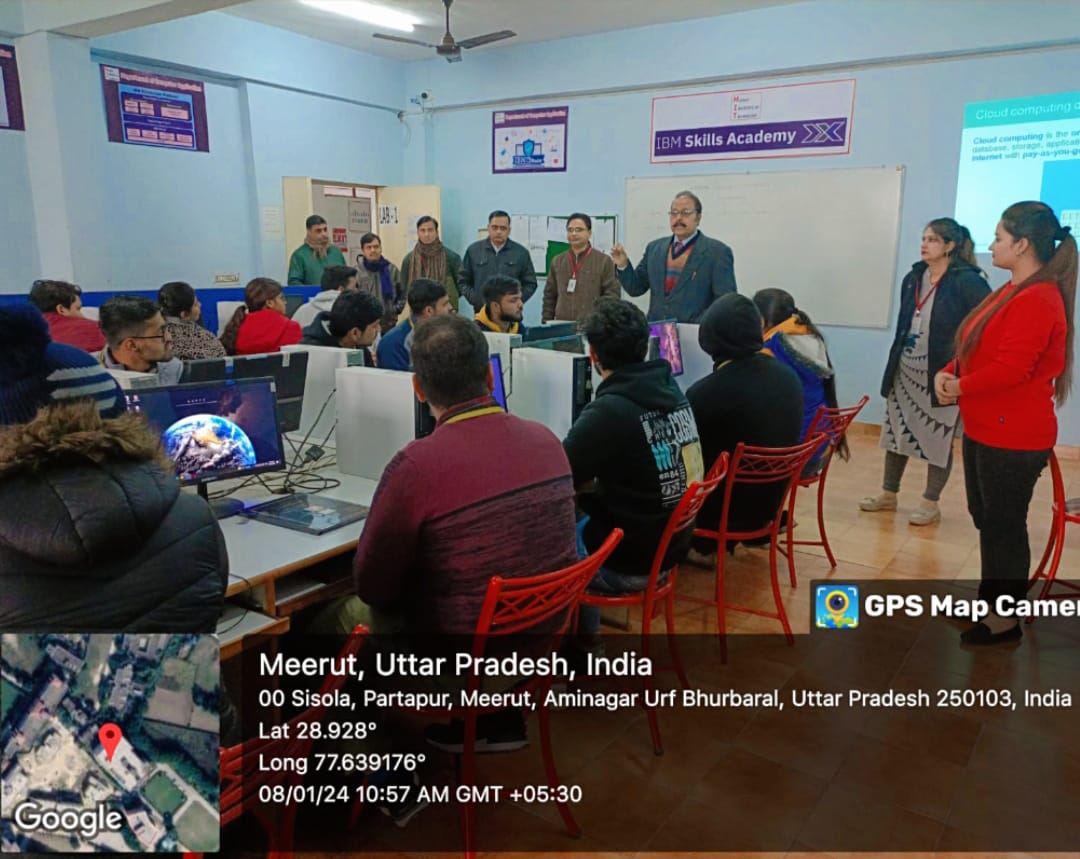
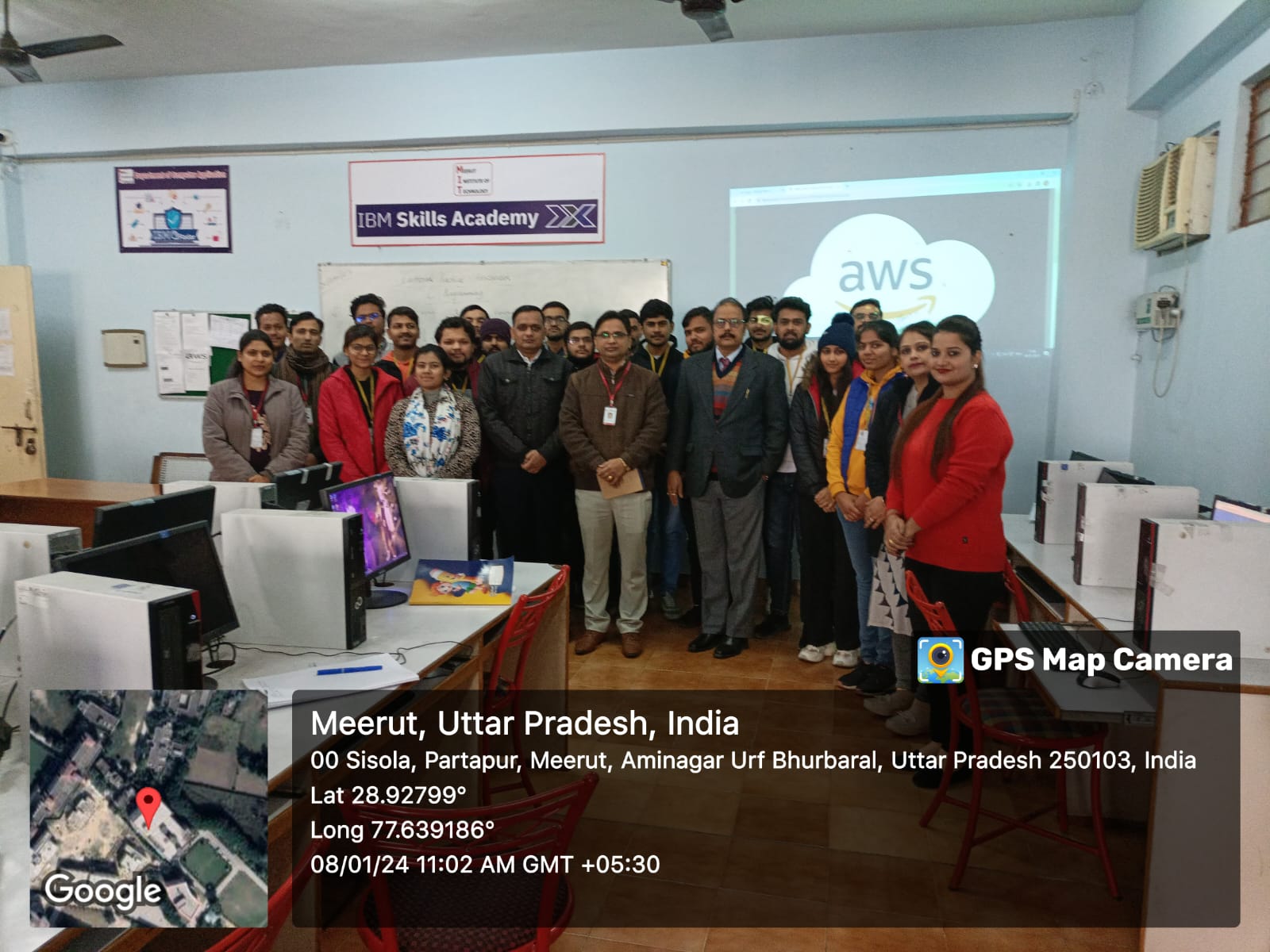
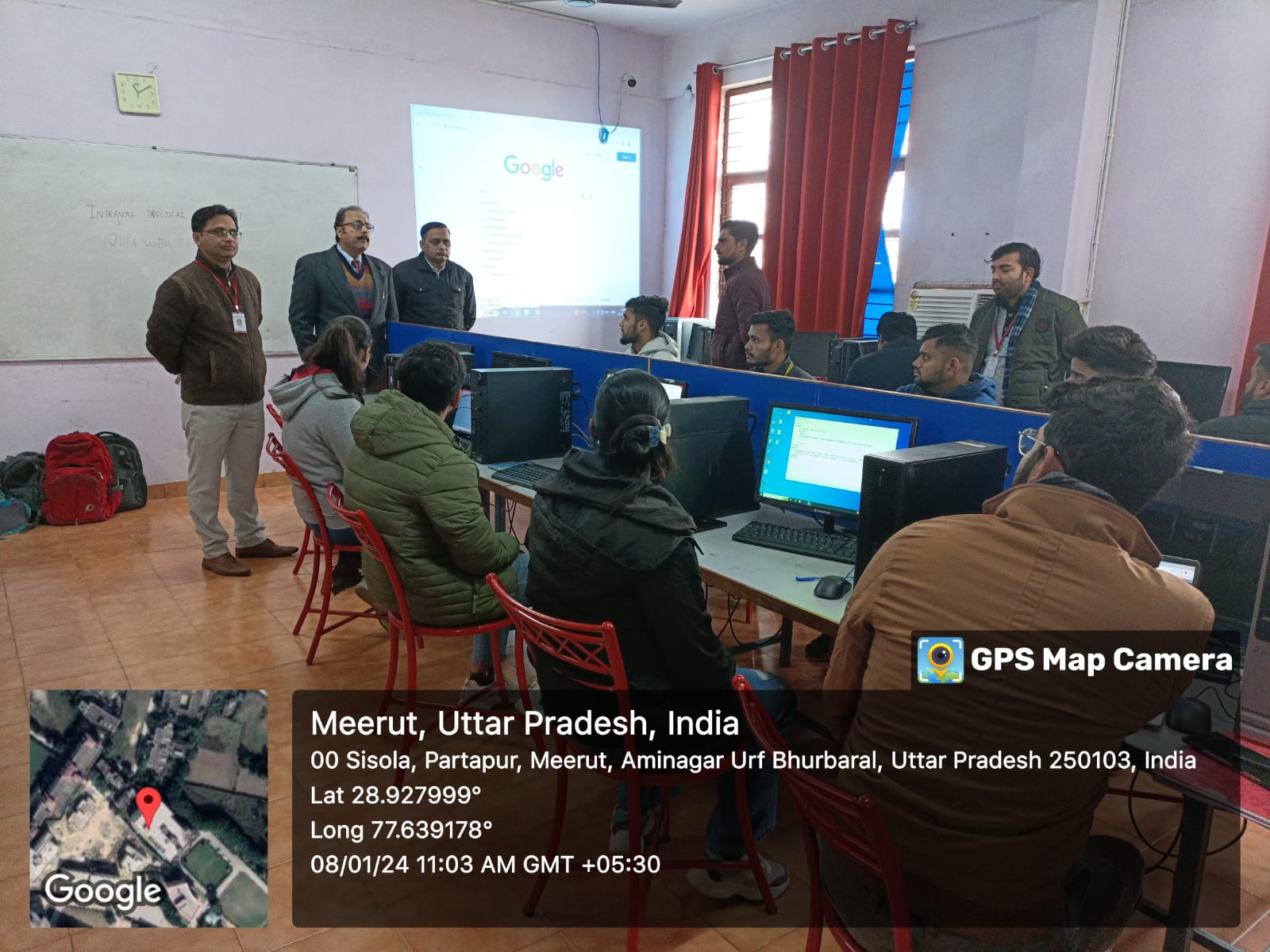







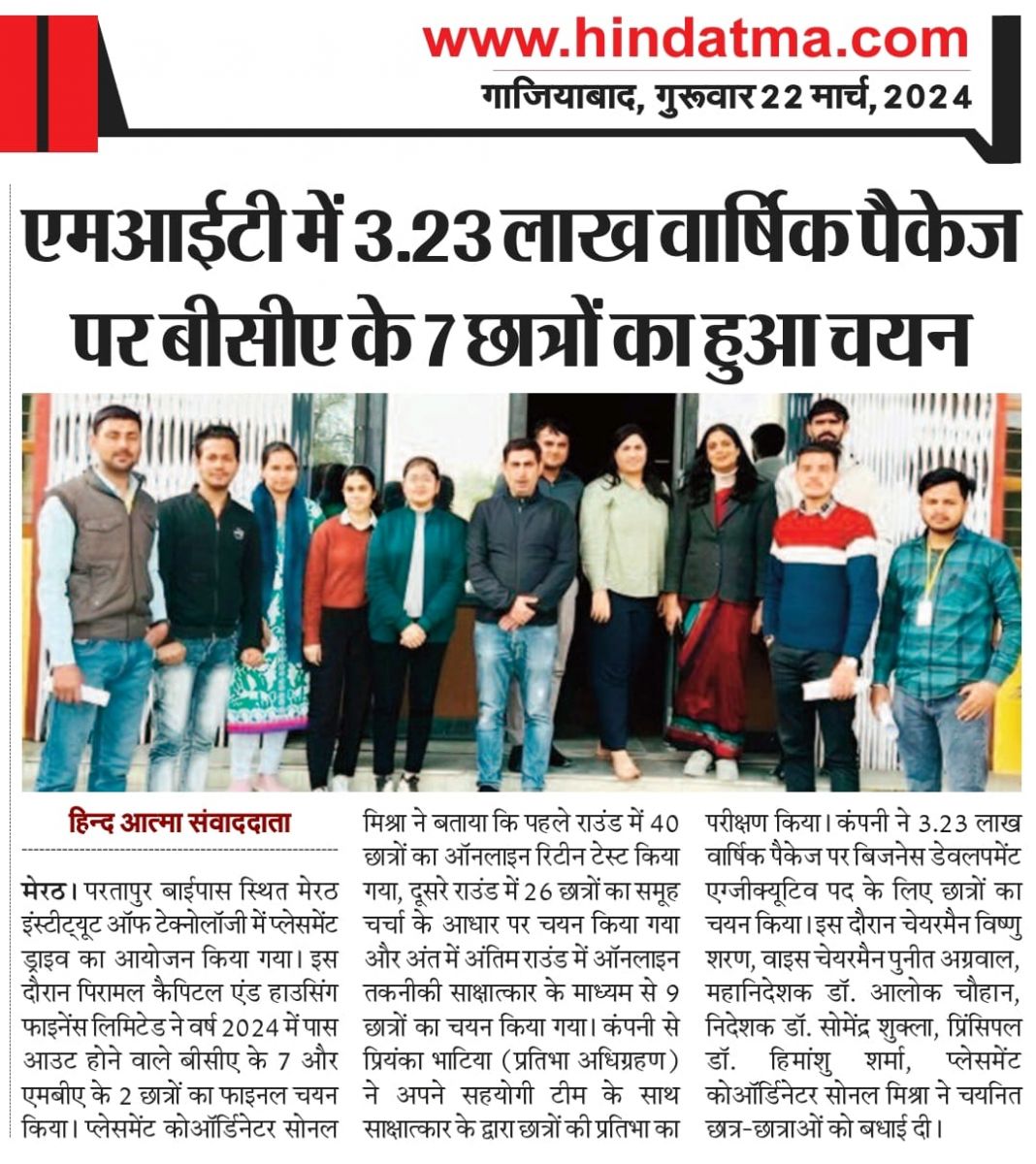
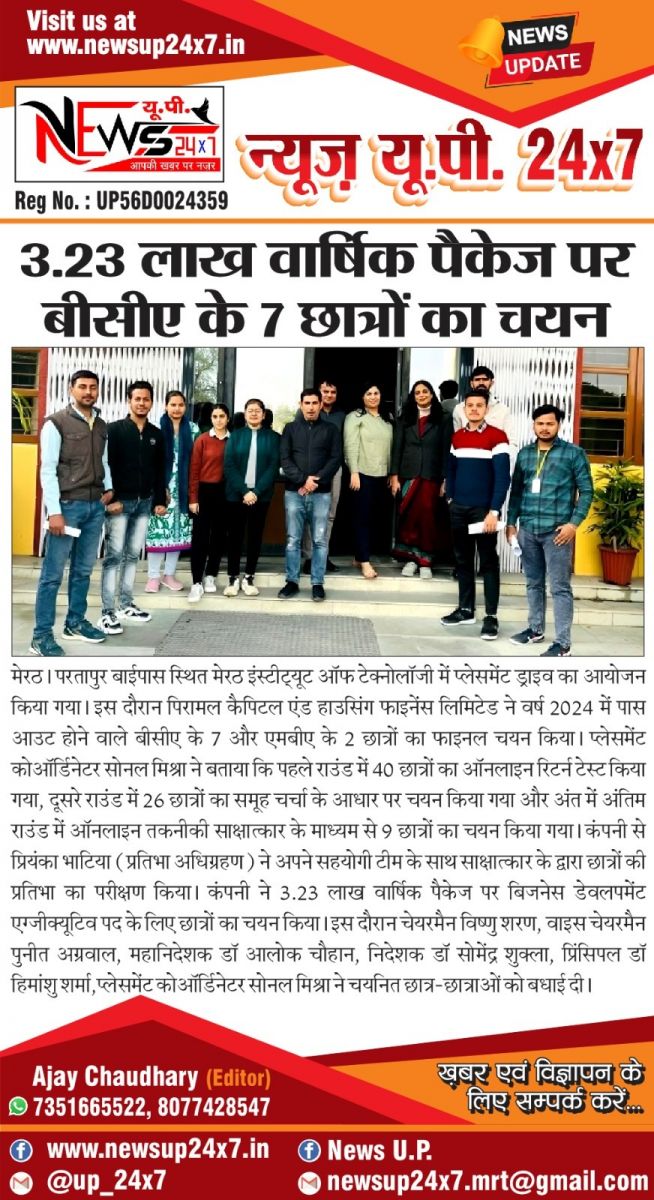
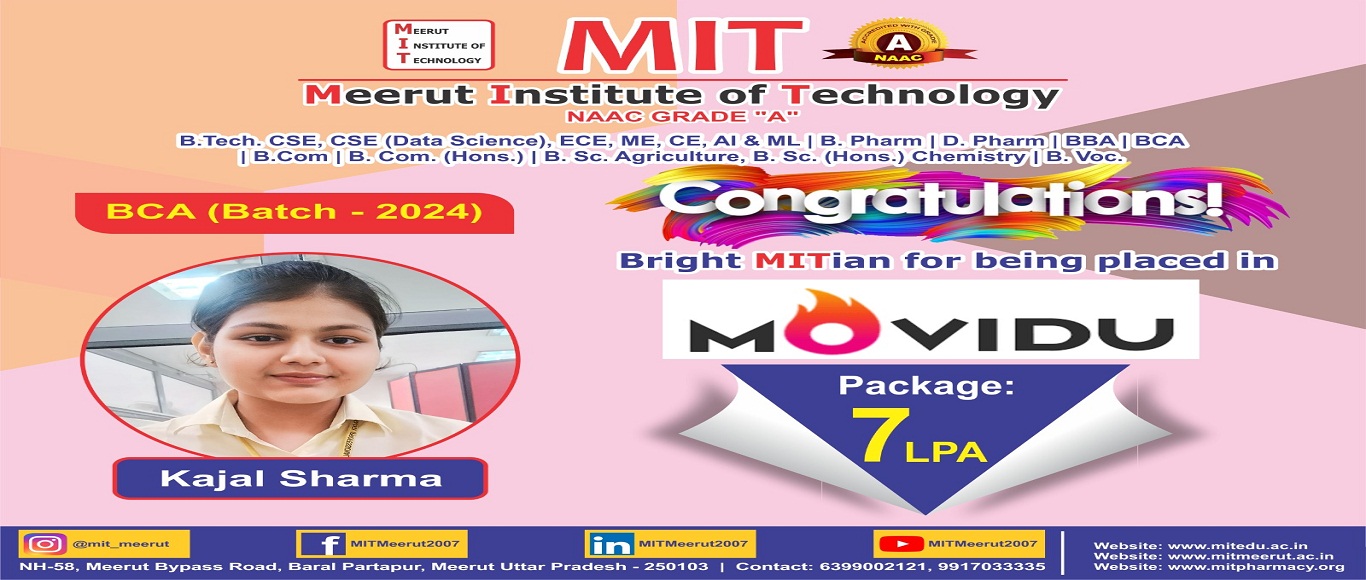
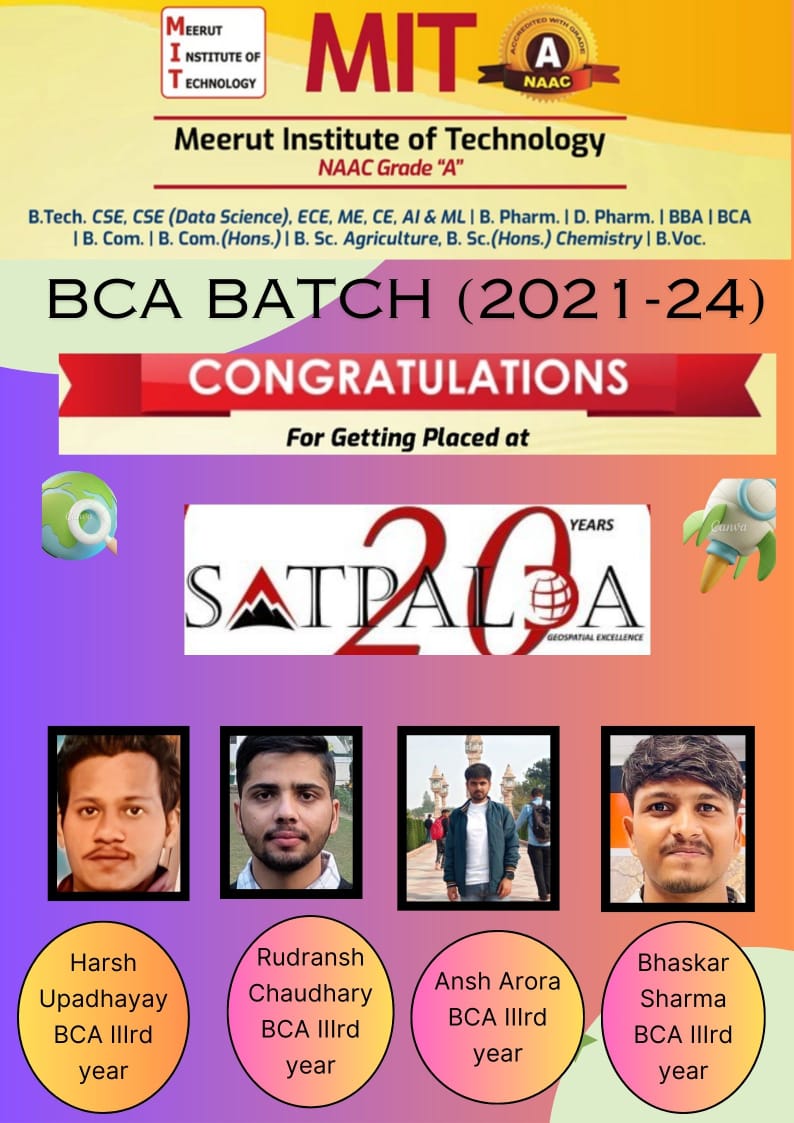
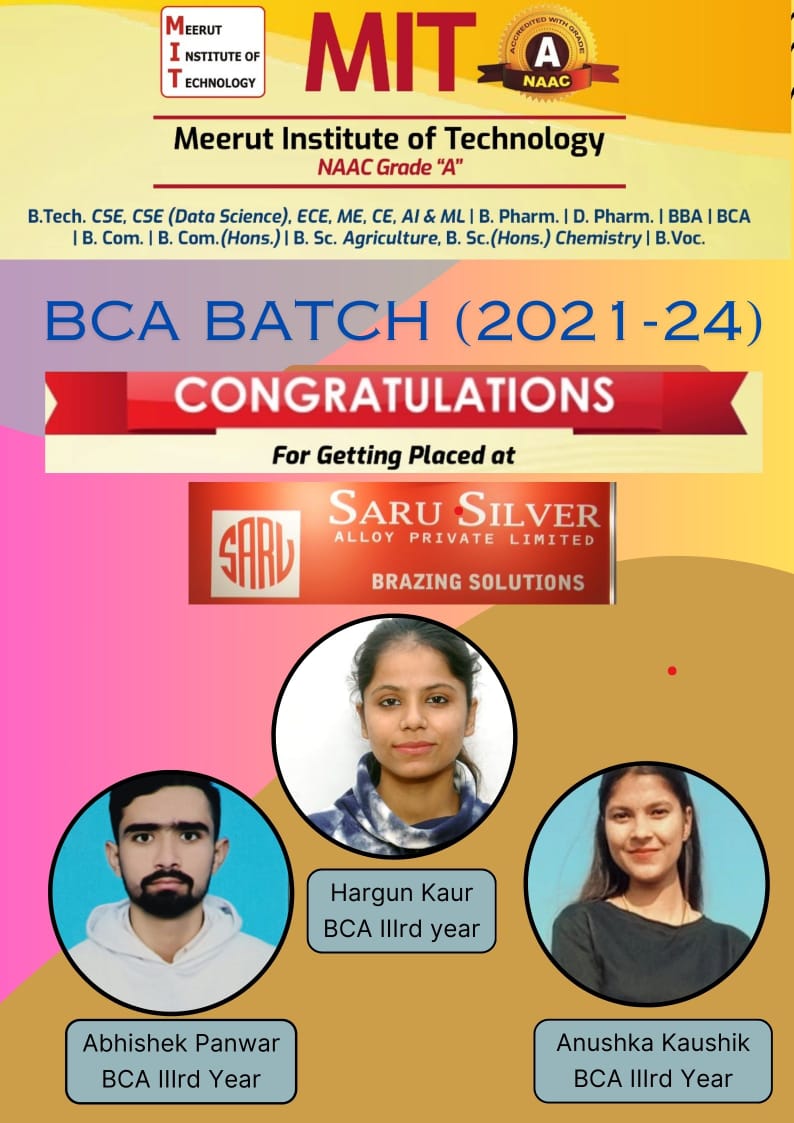
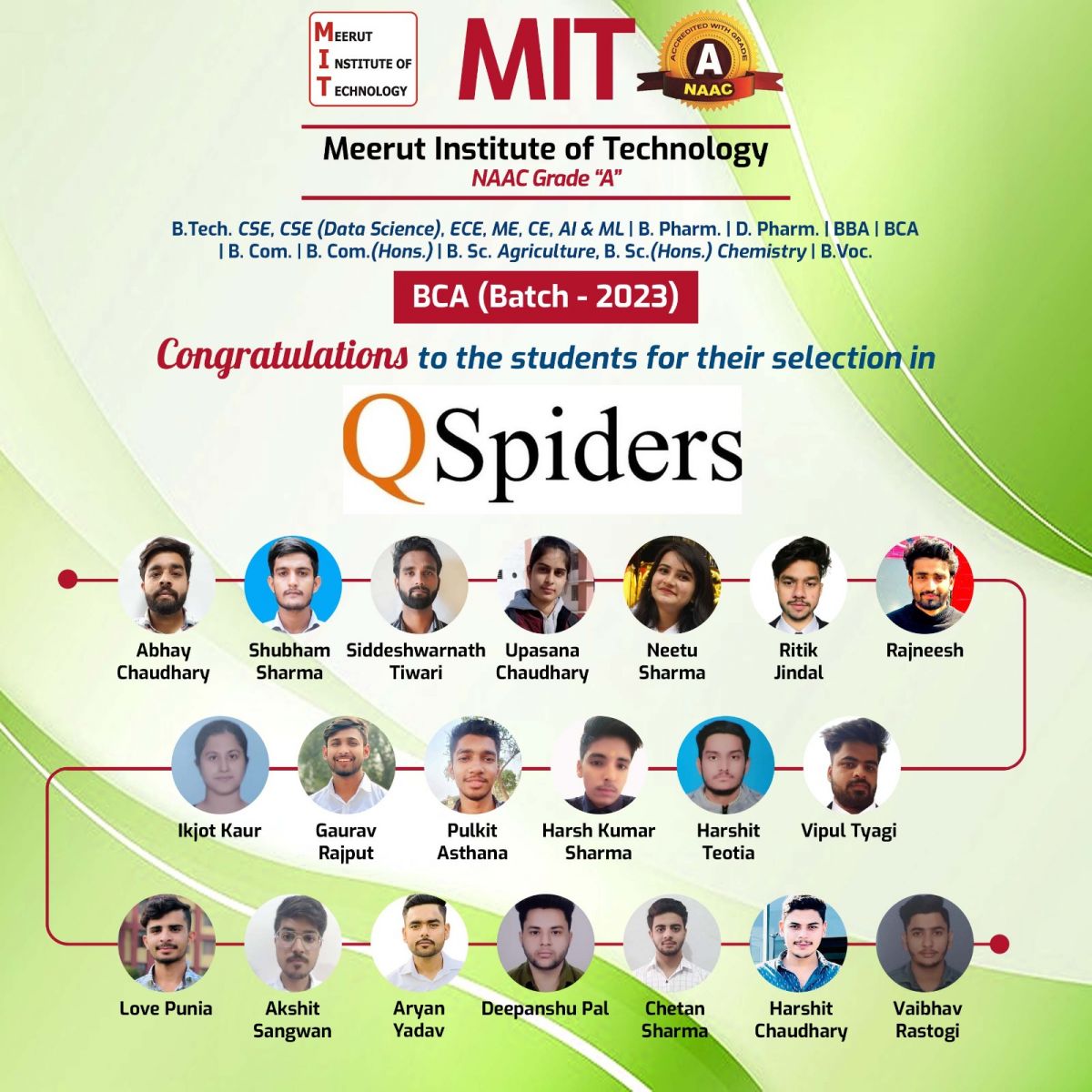
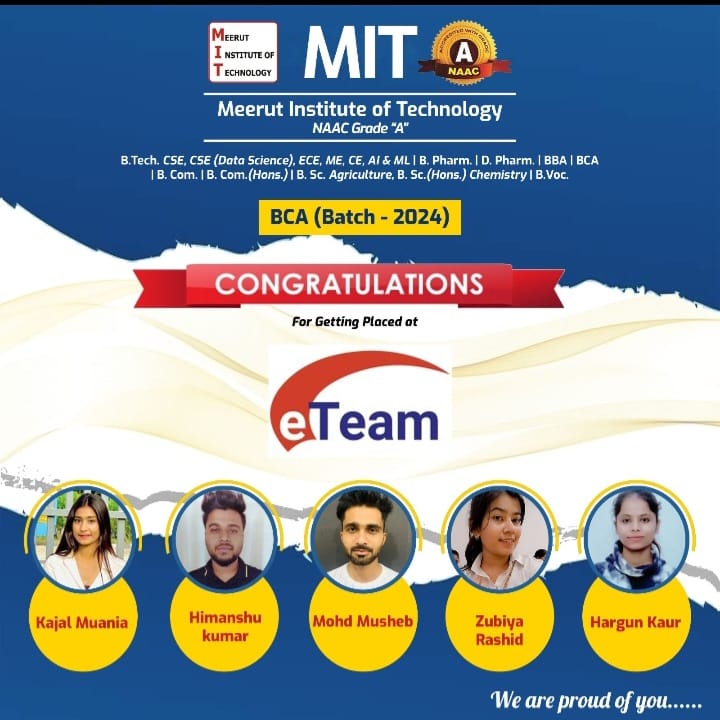
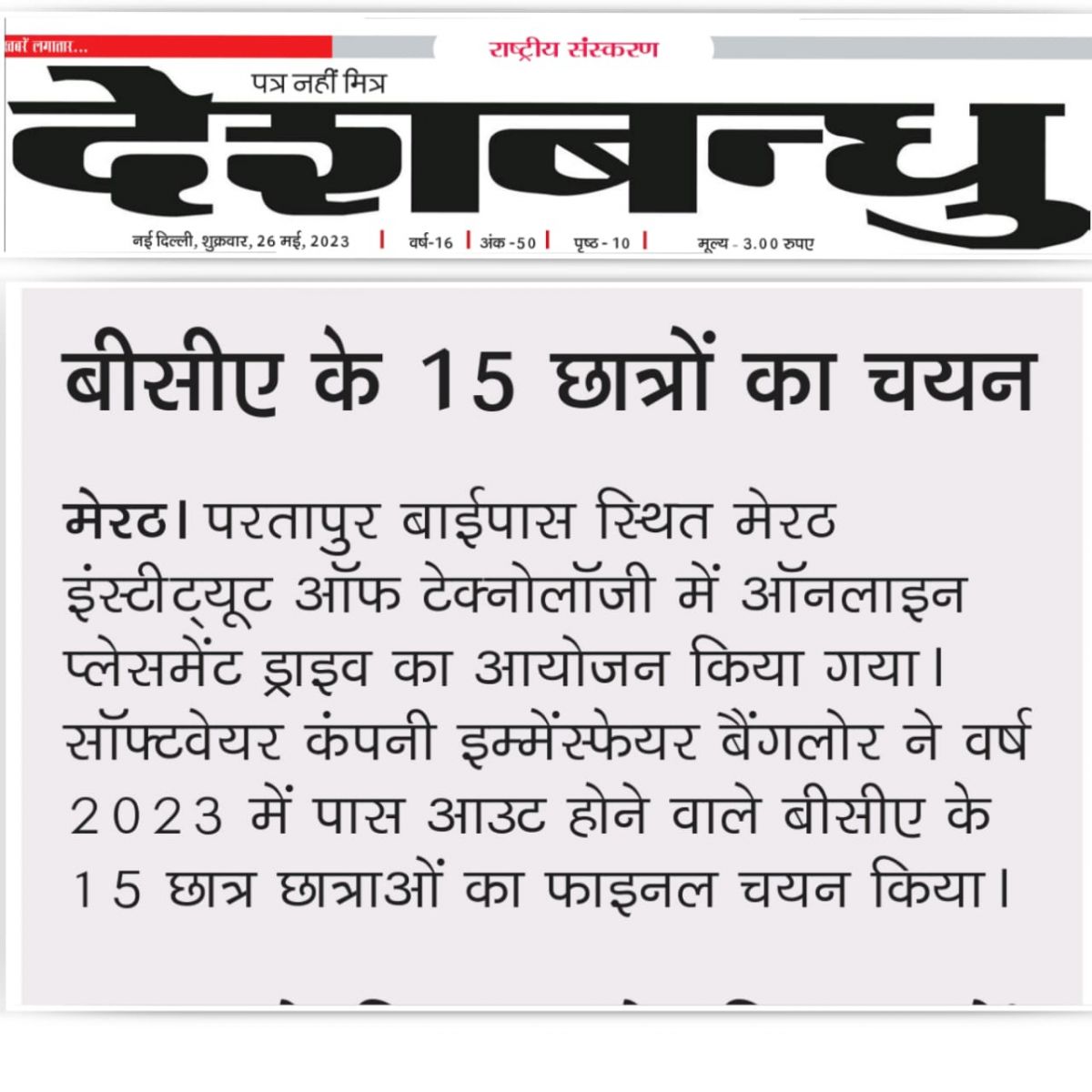
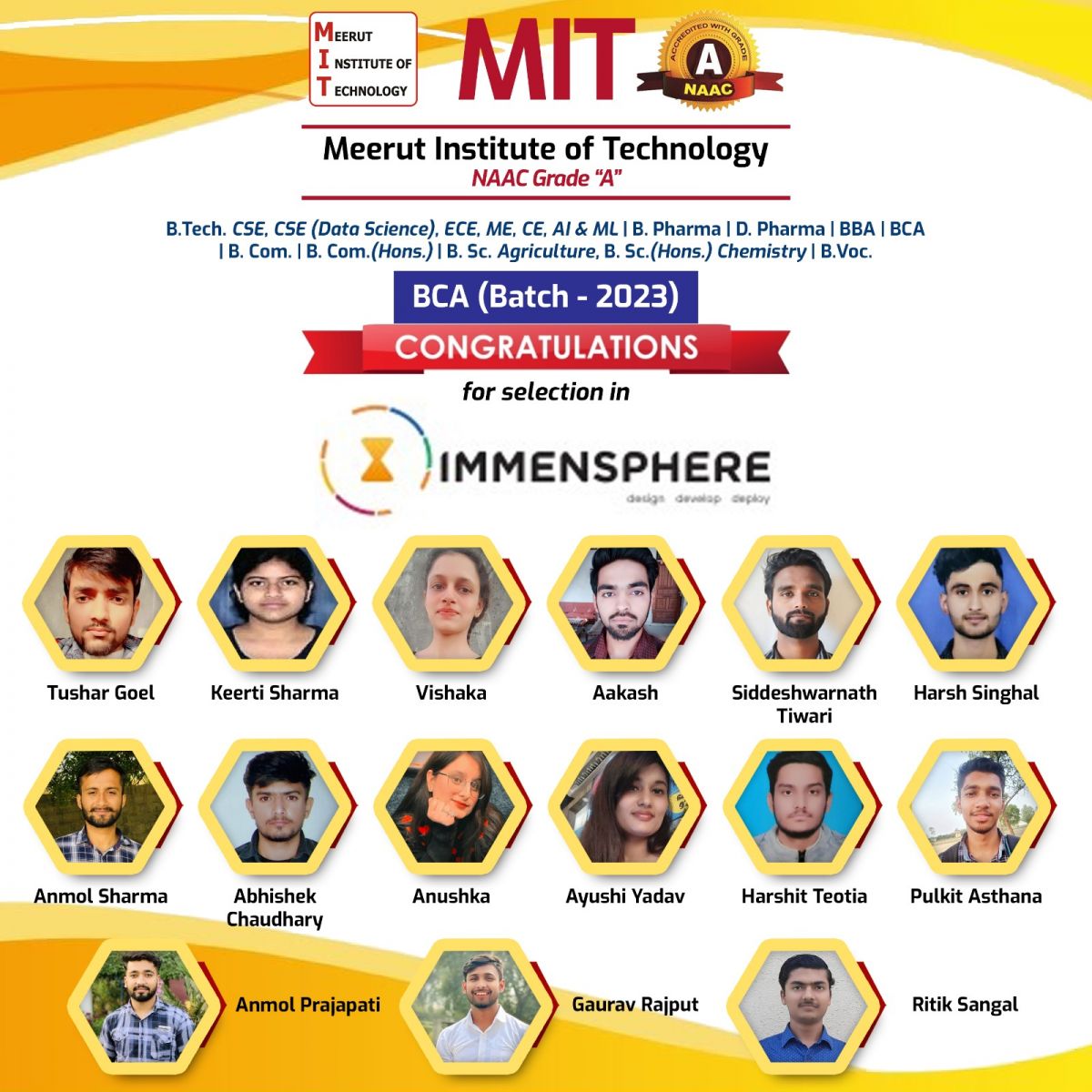
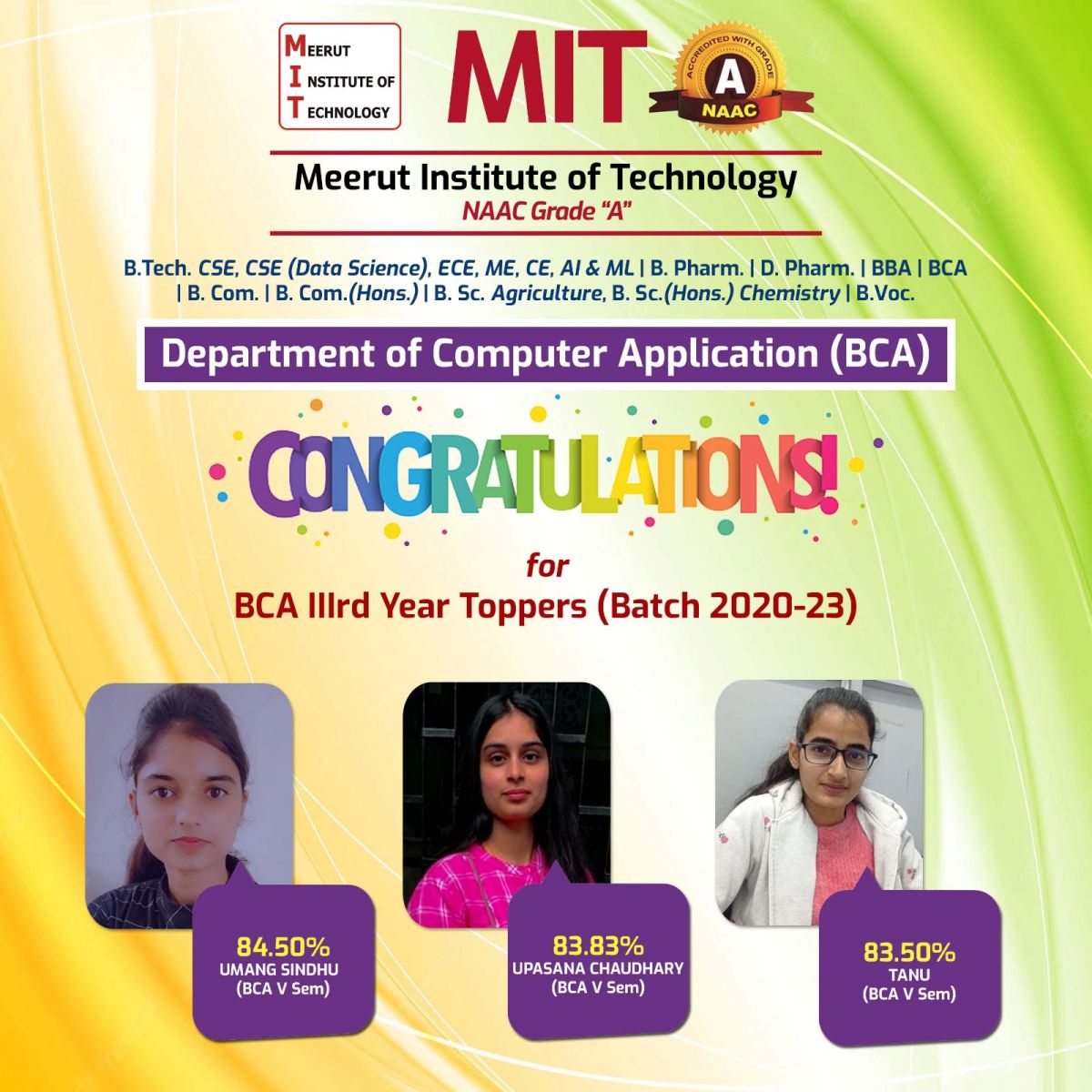
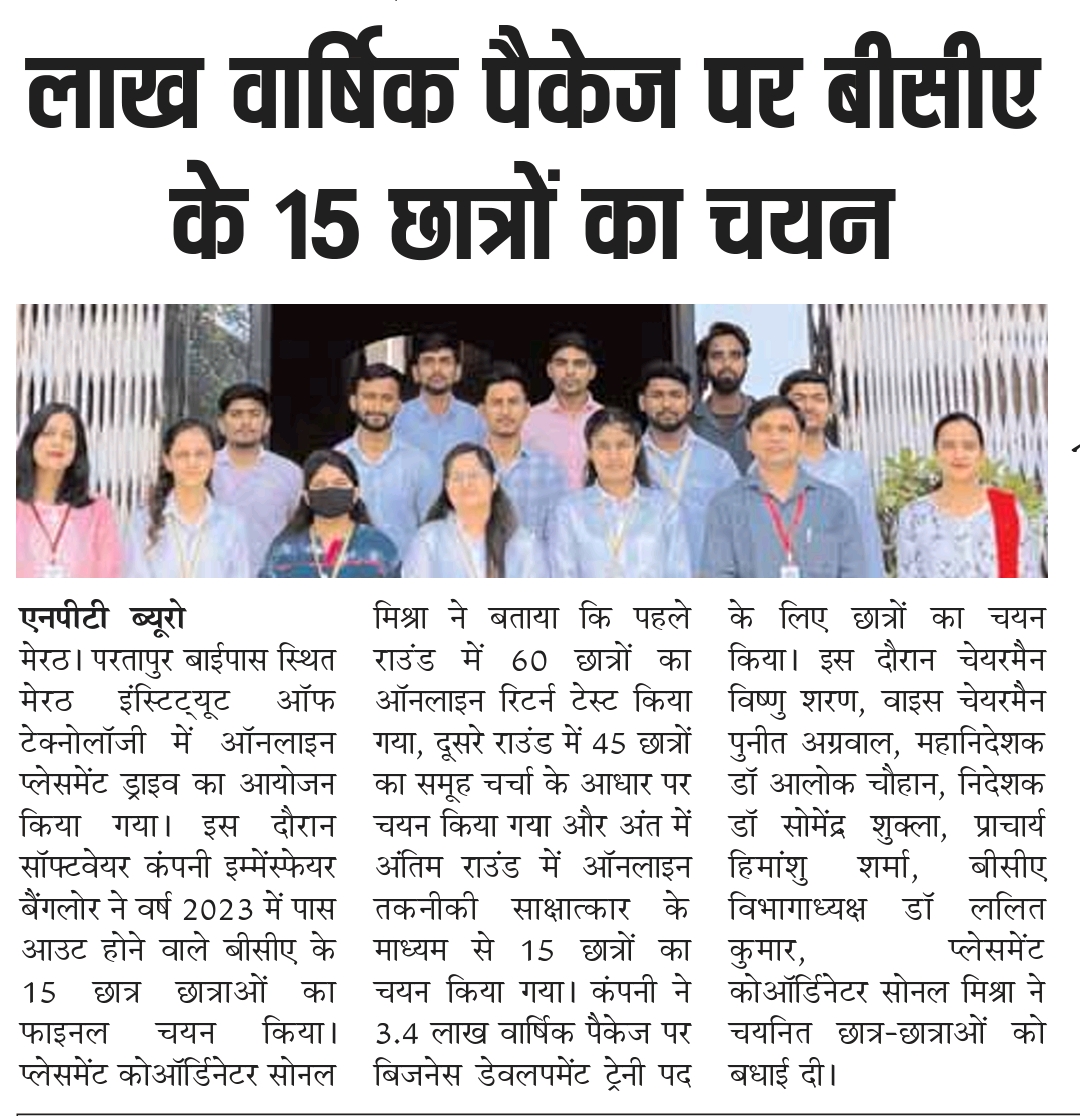
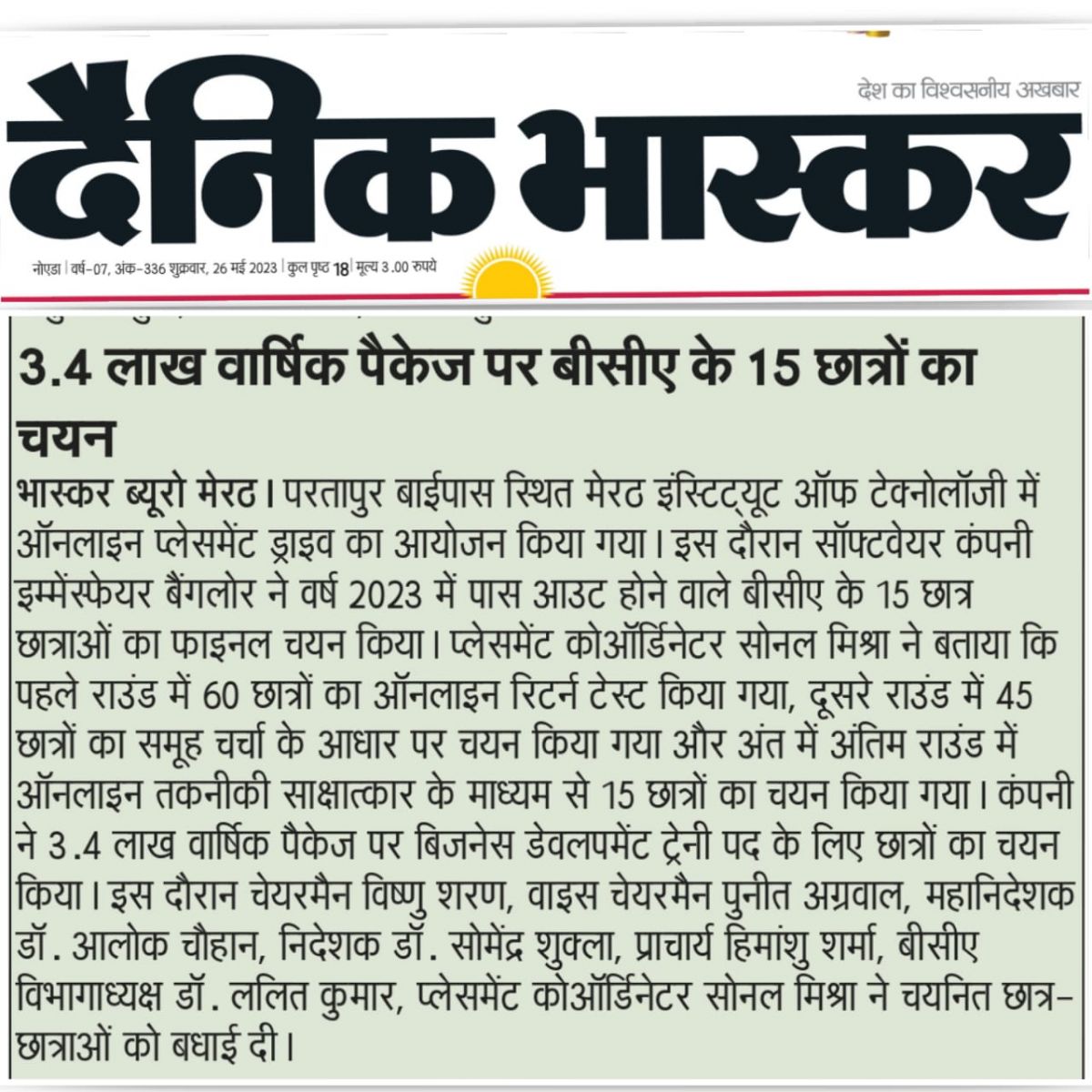



.jpg)
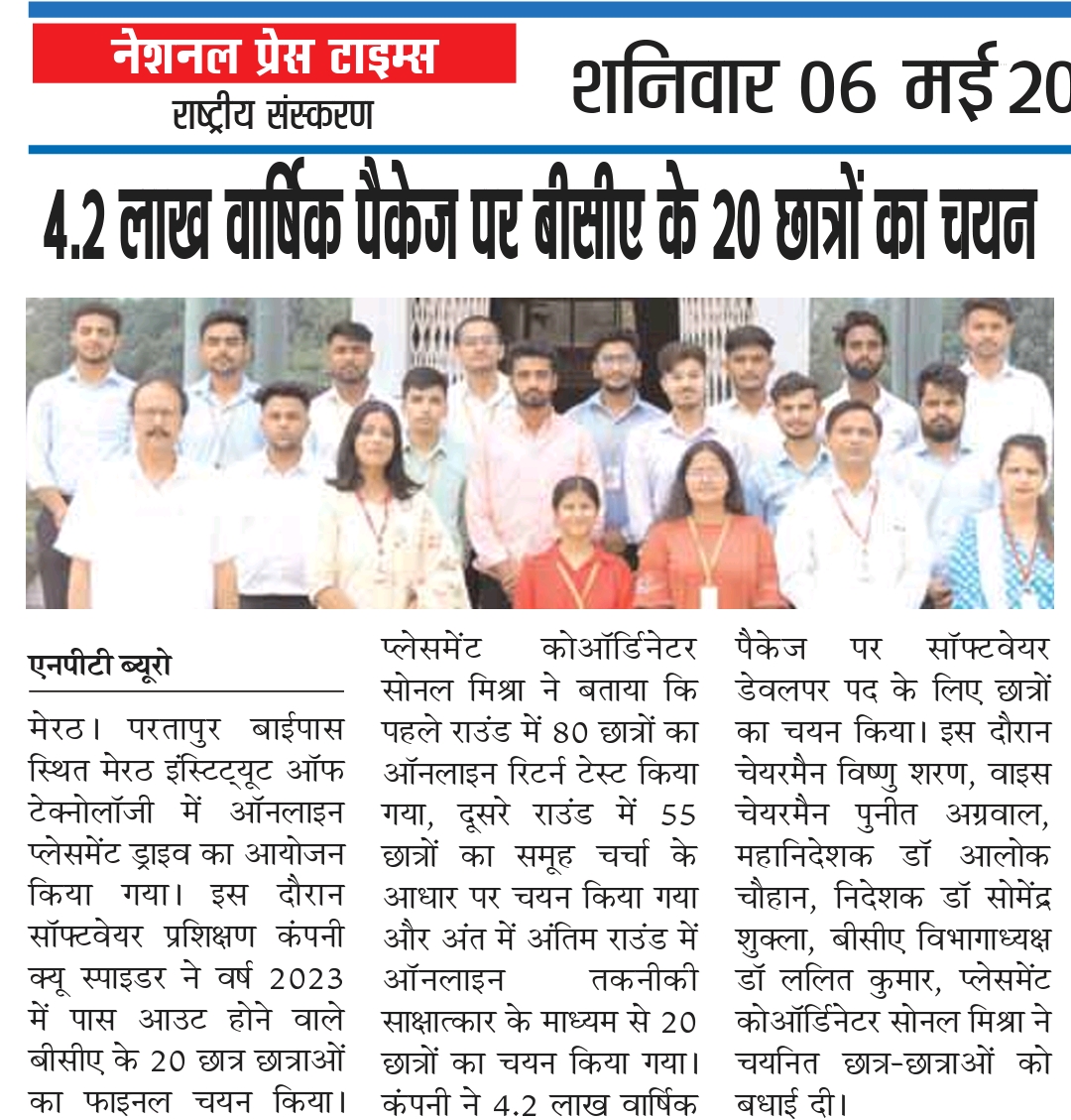
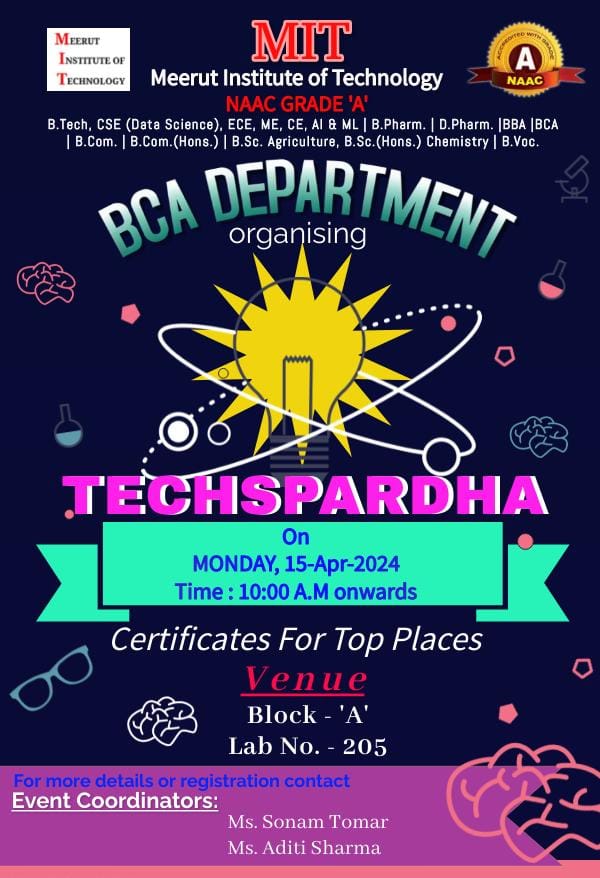
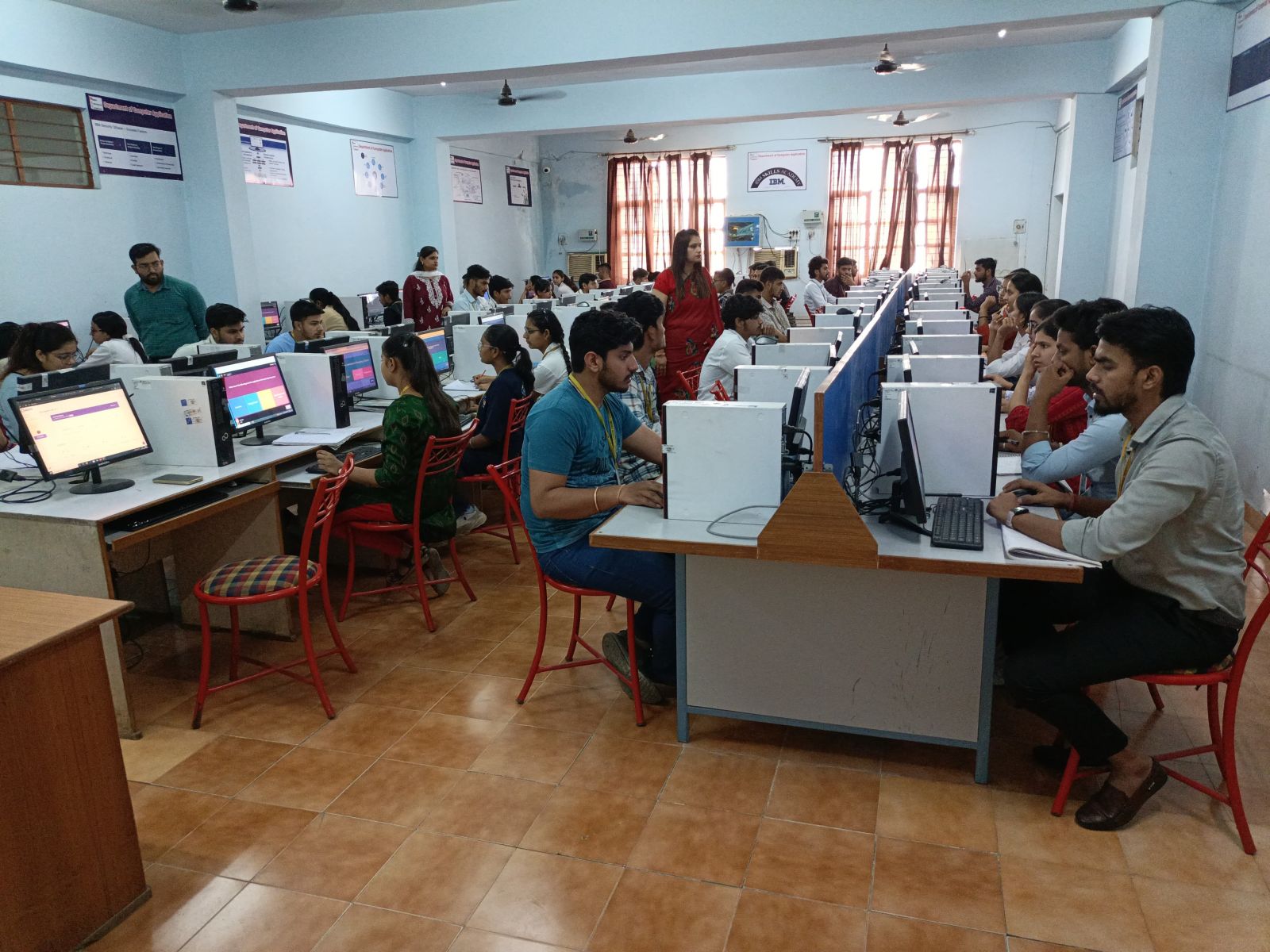
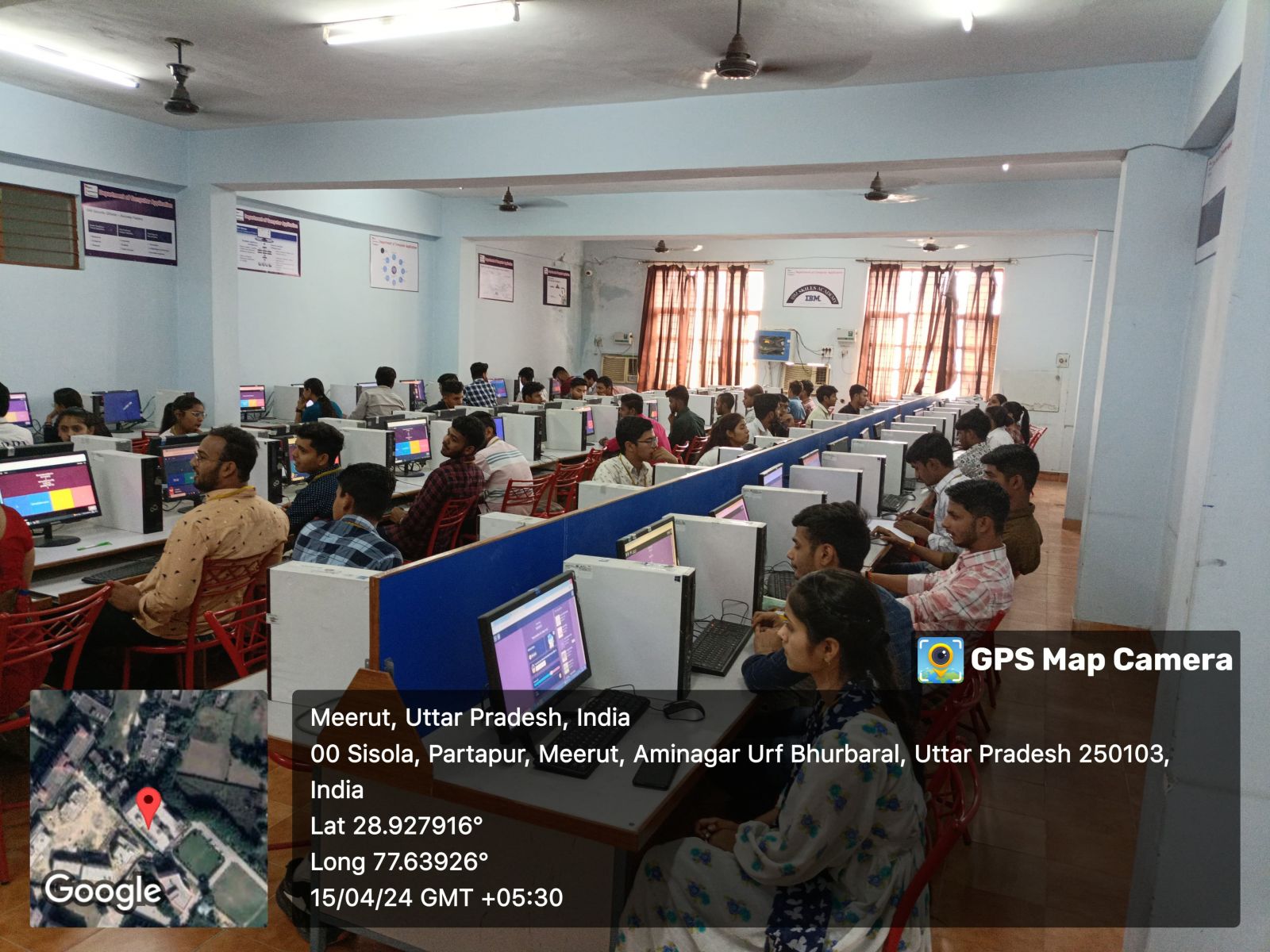
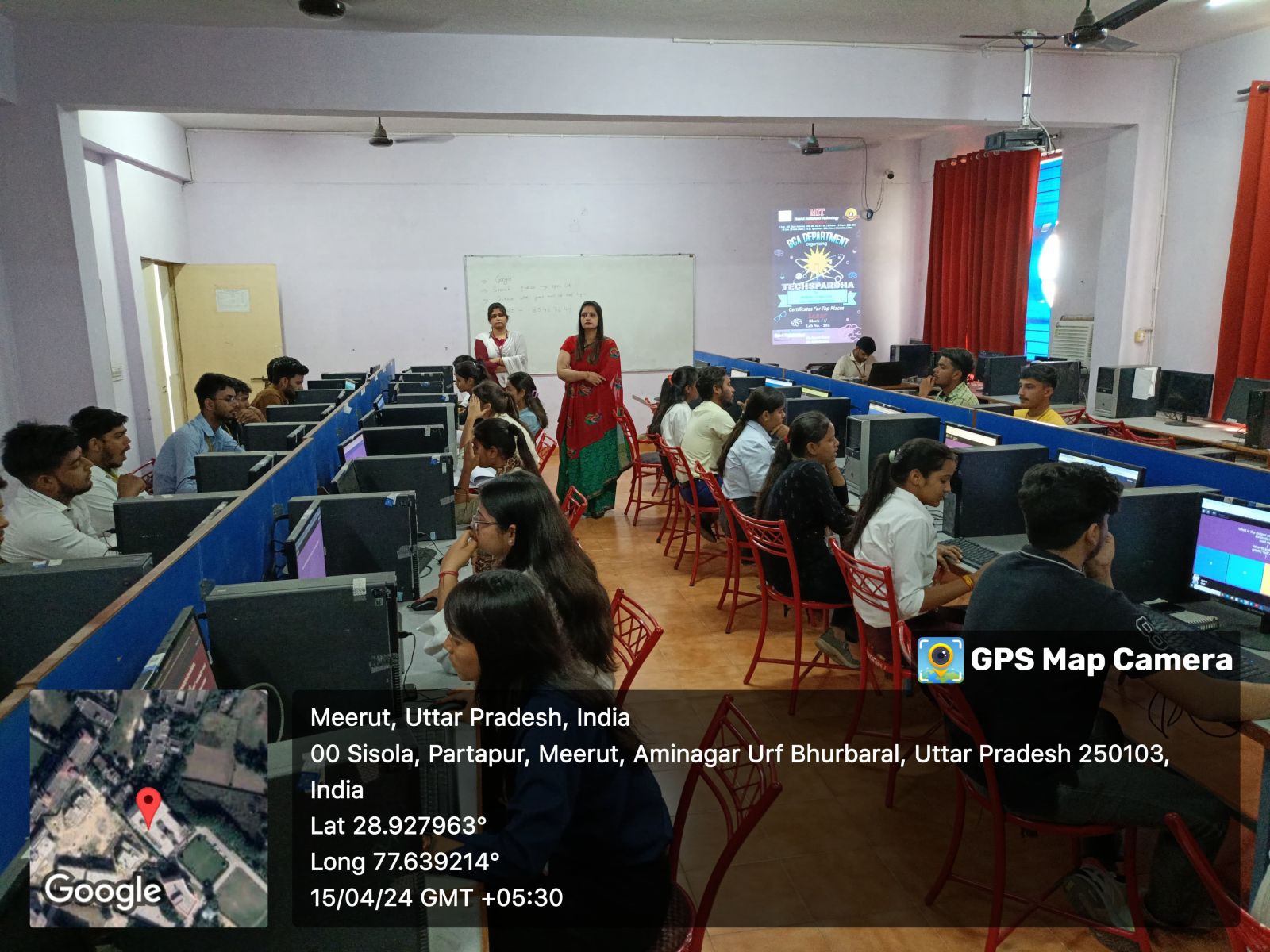
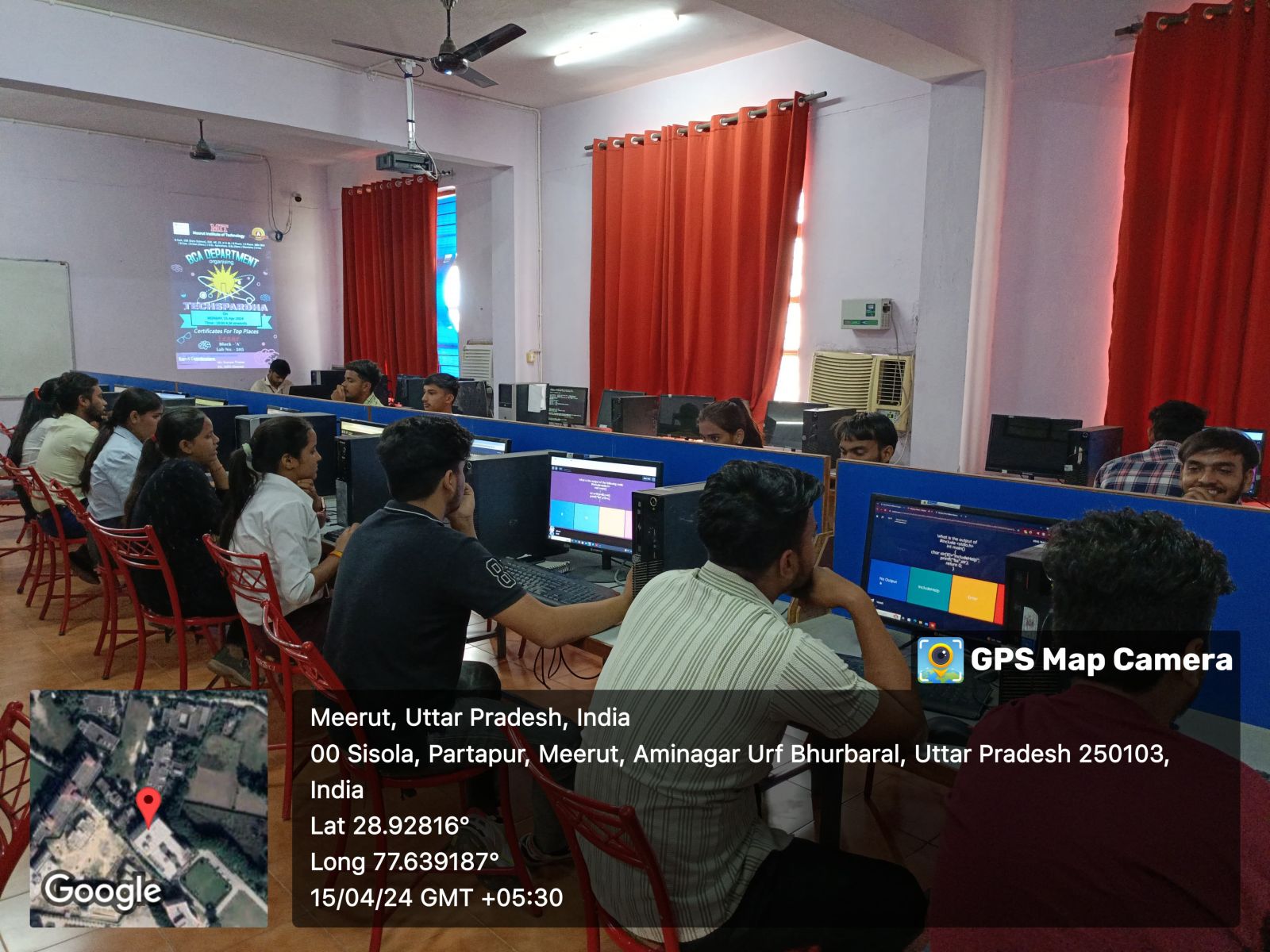
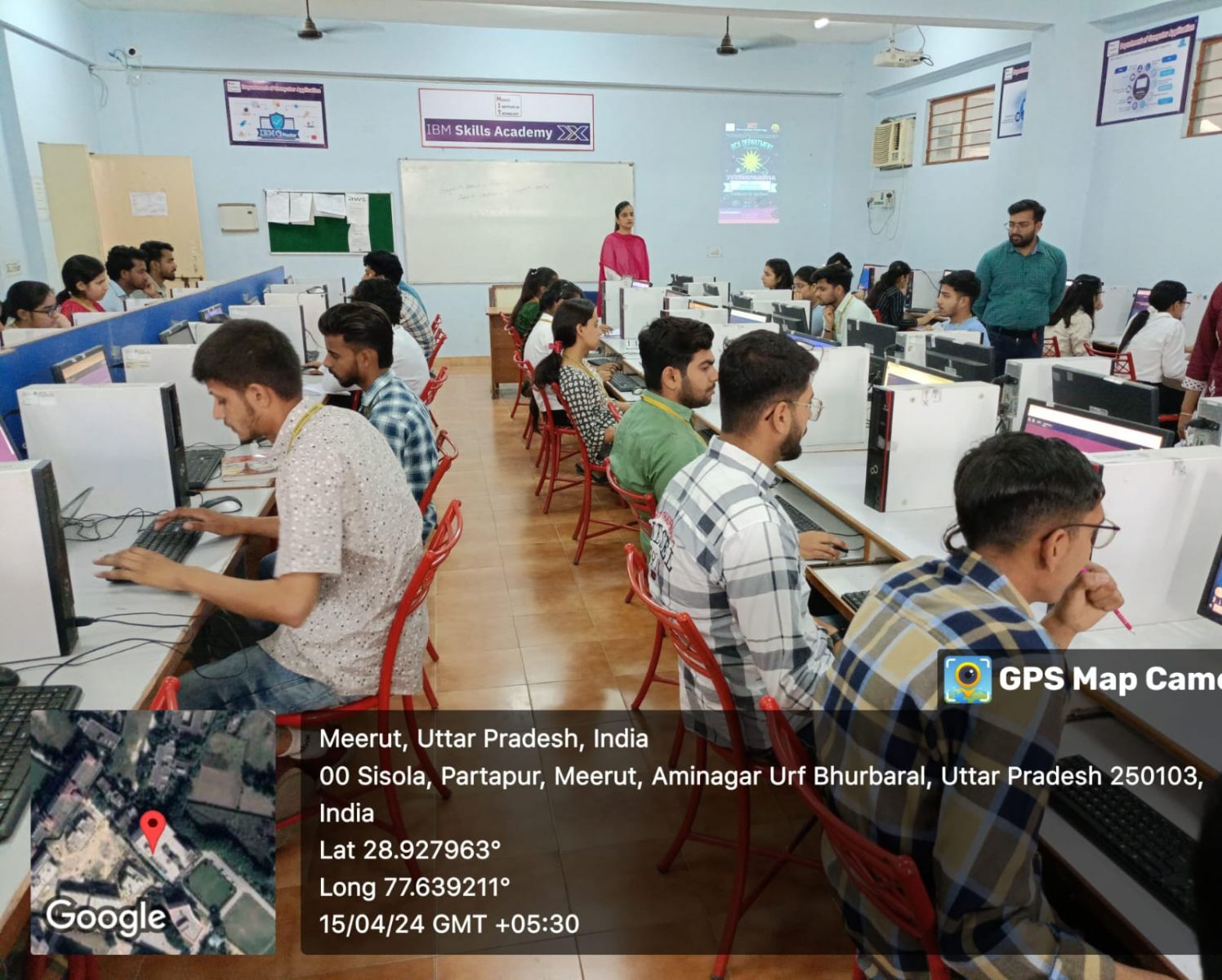
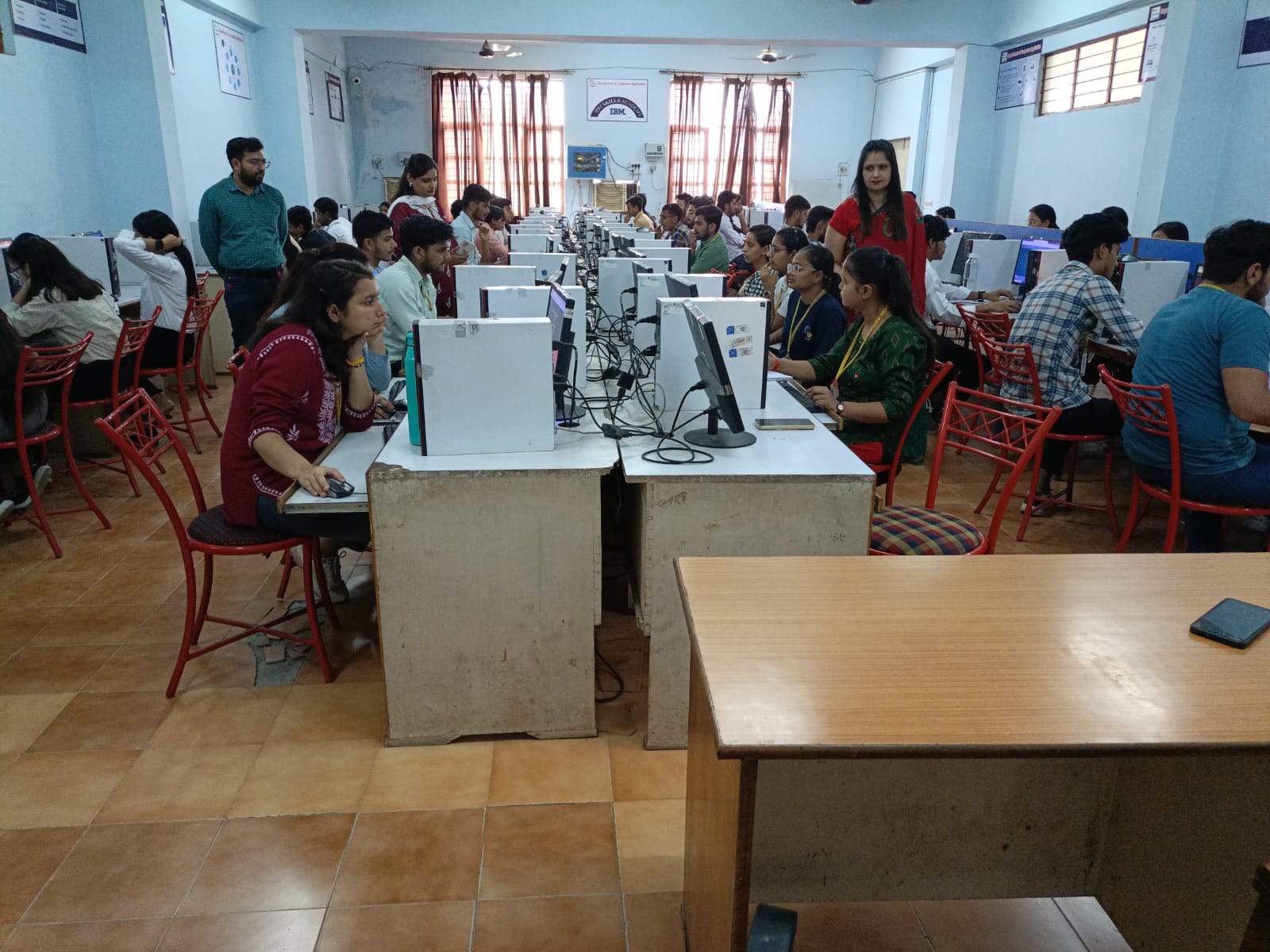
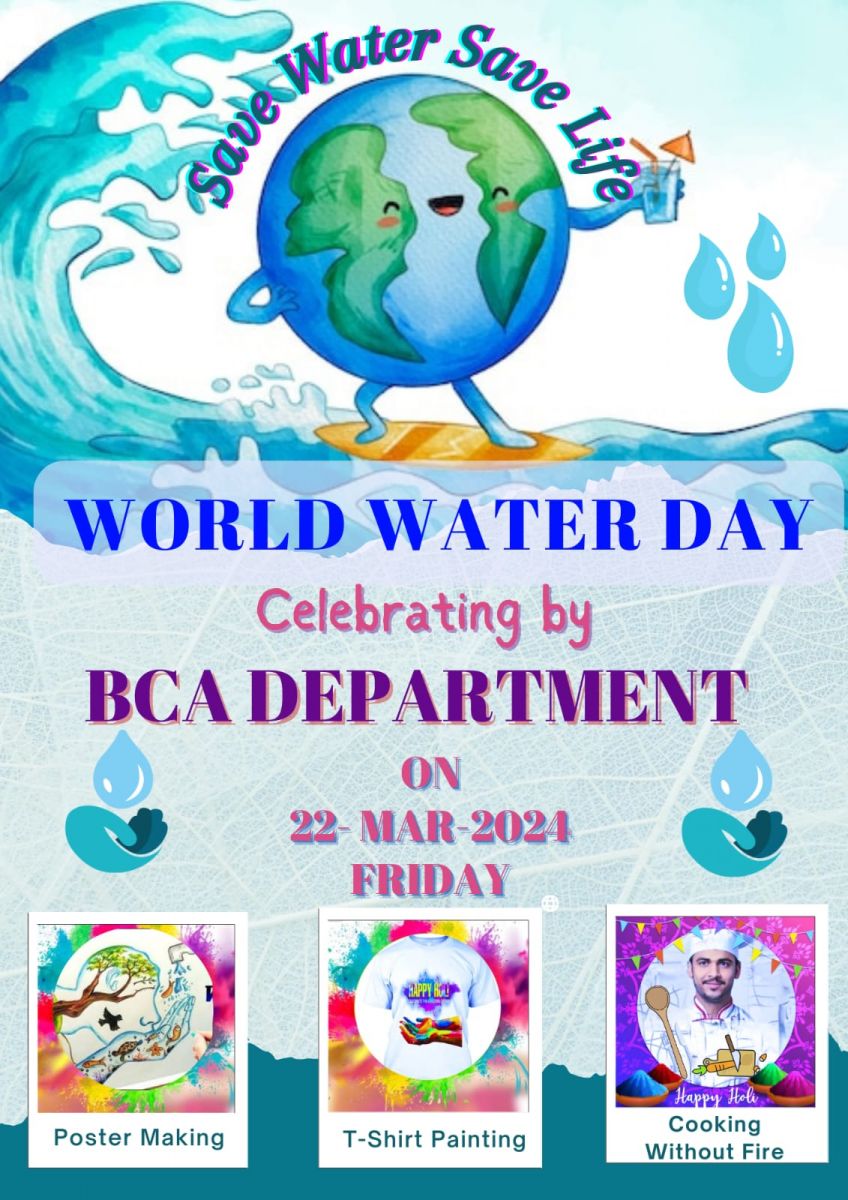
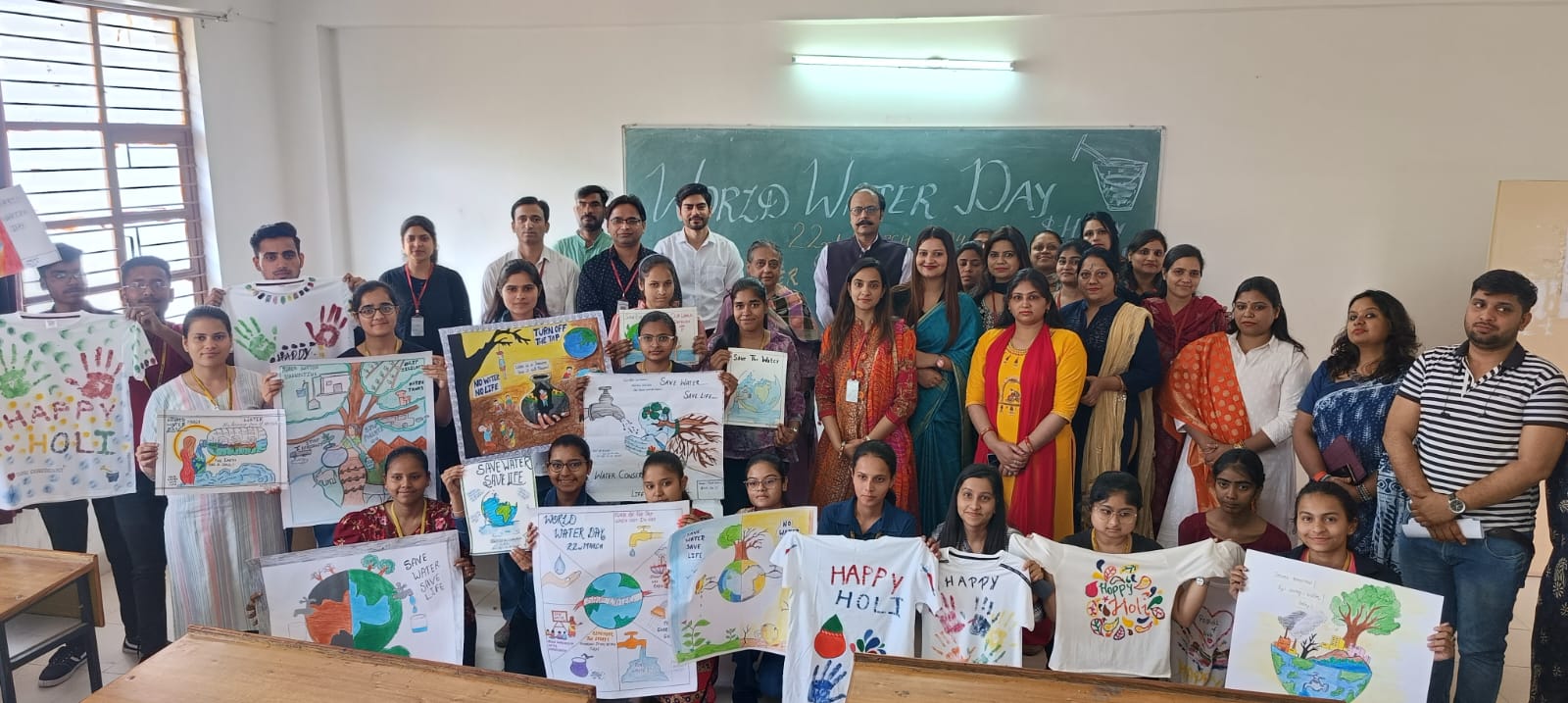
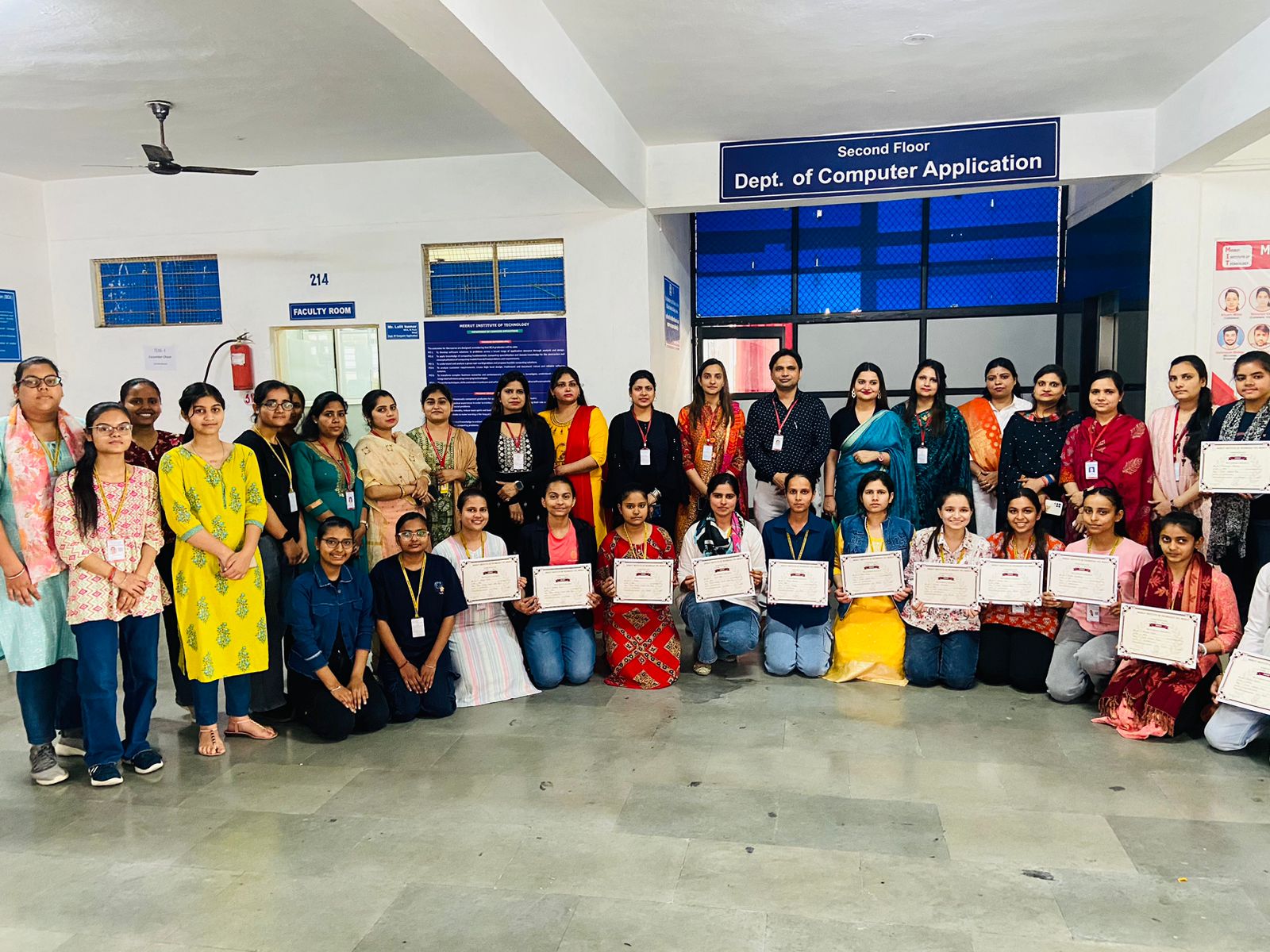
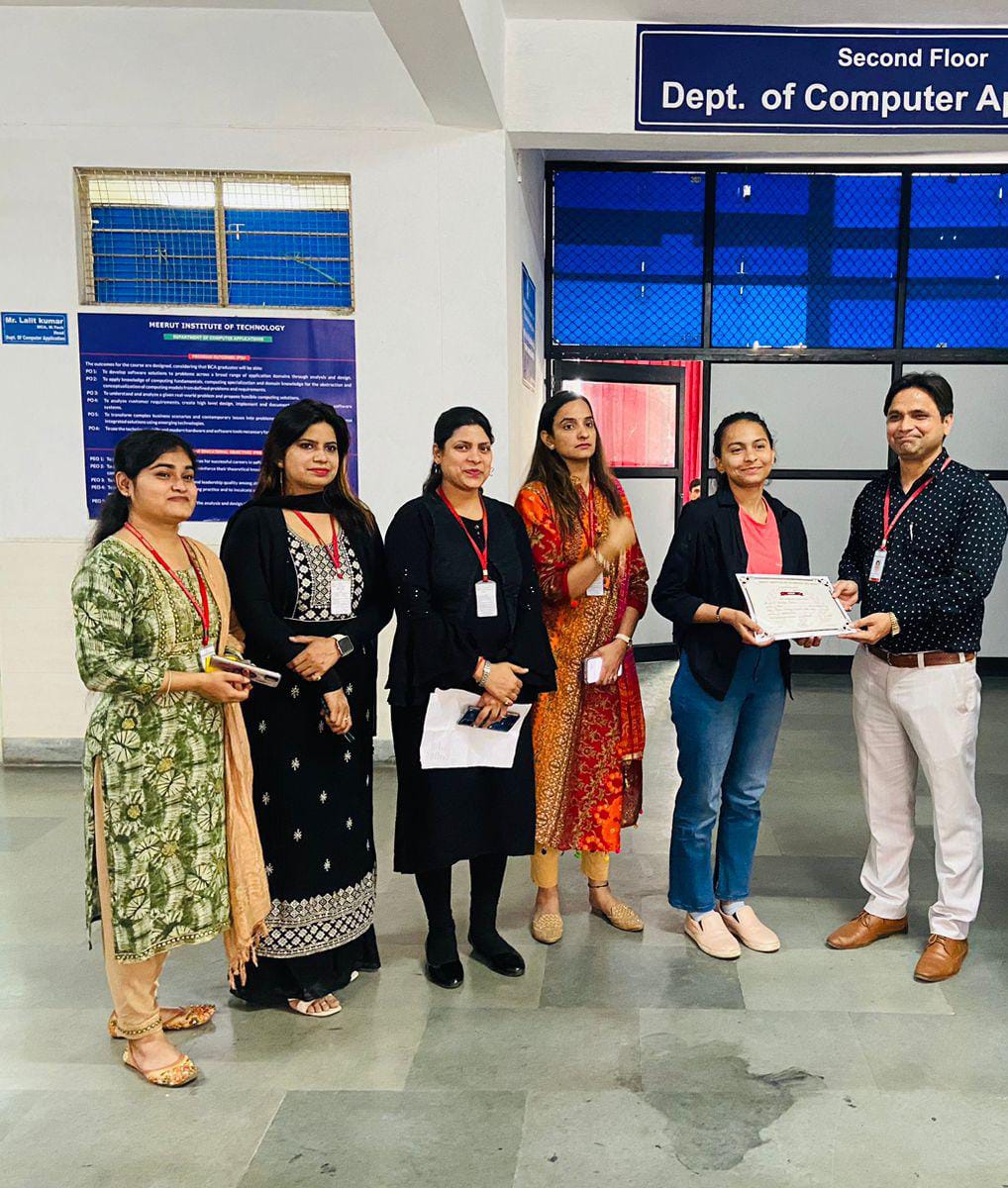
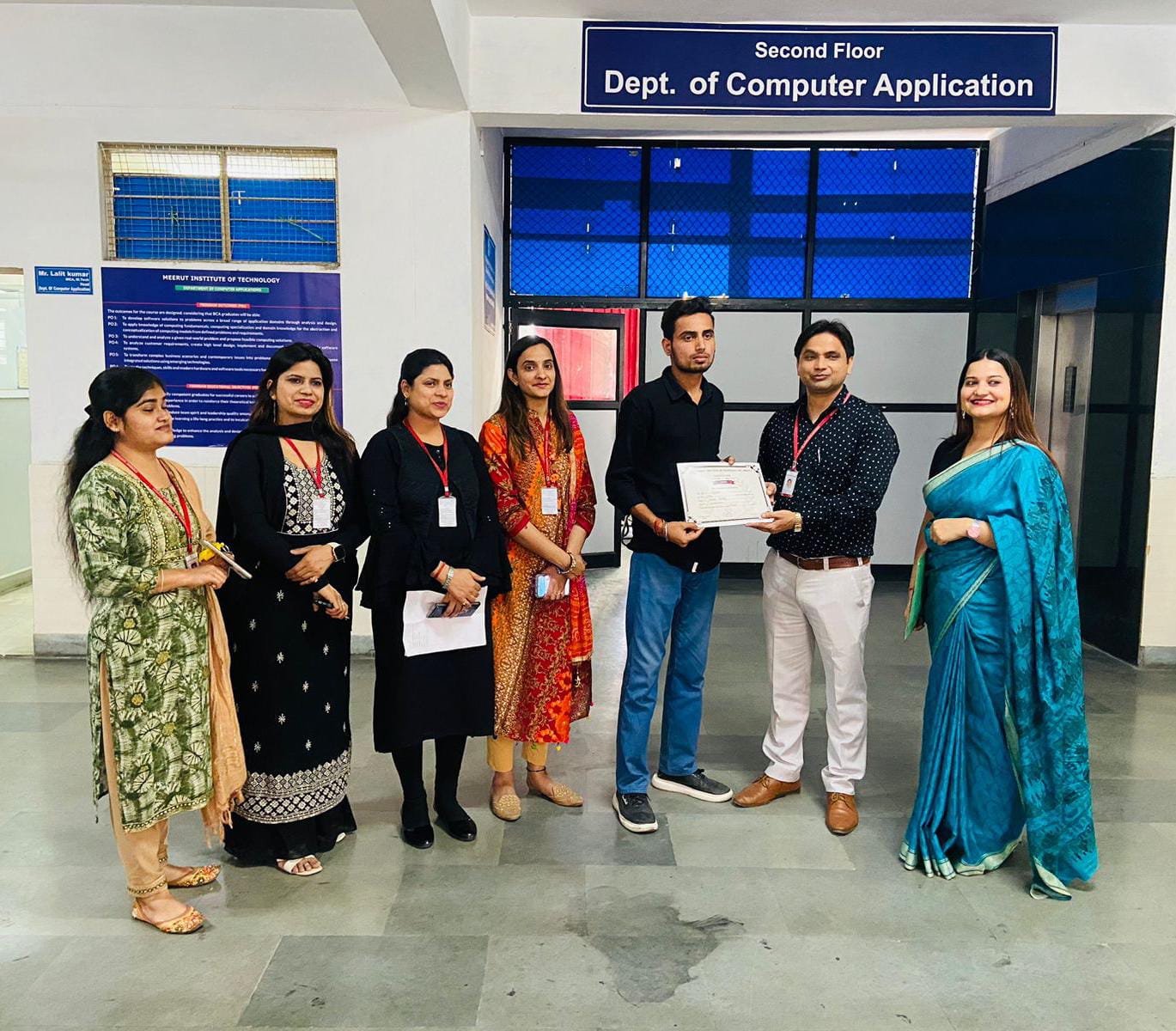
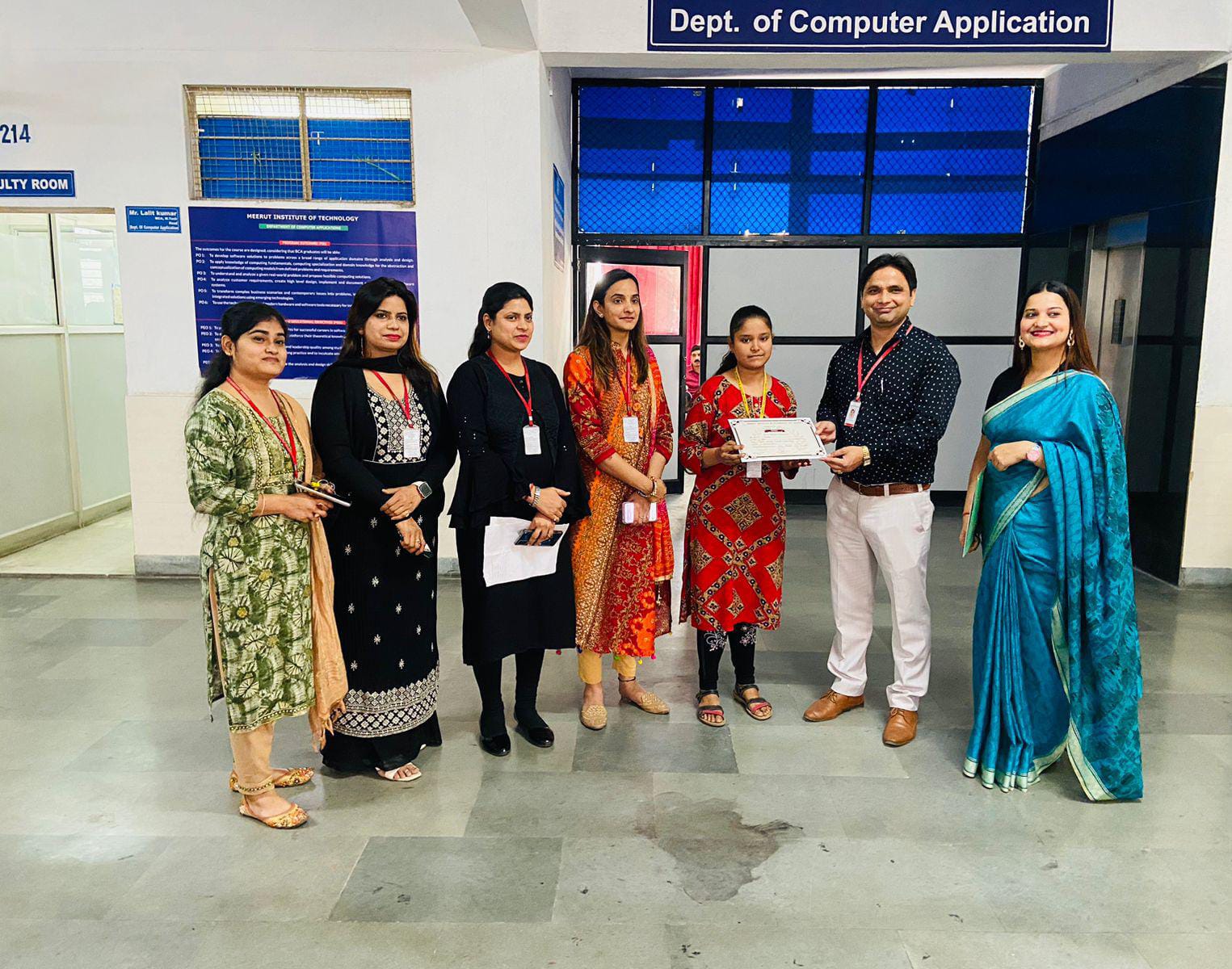
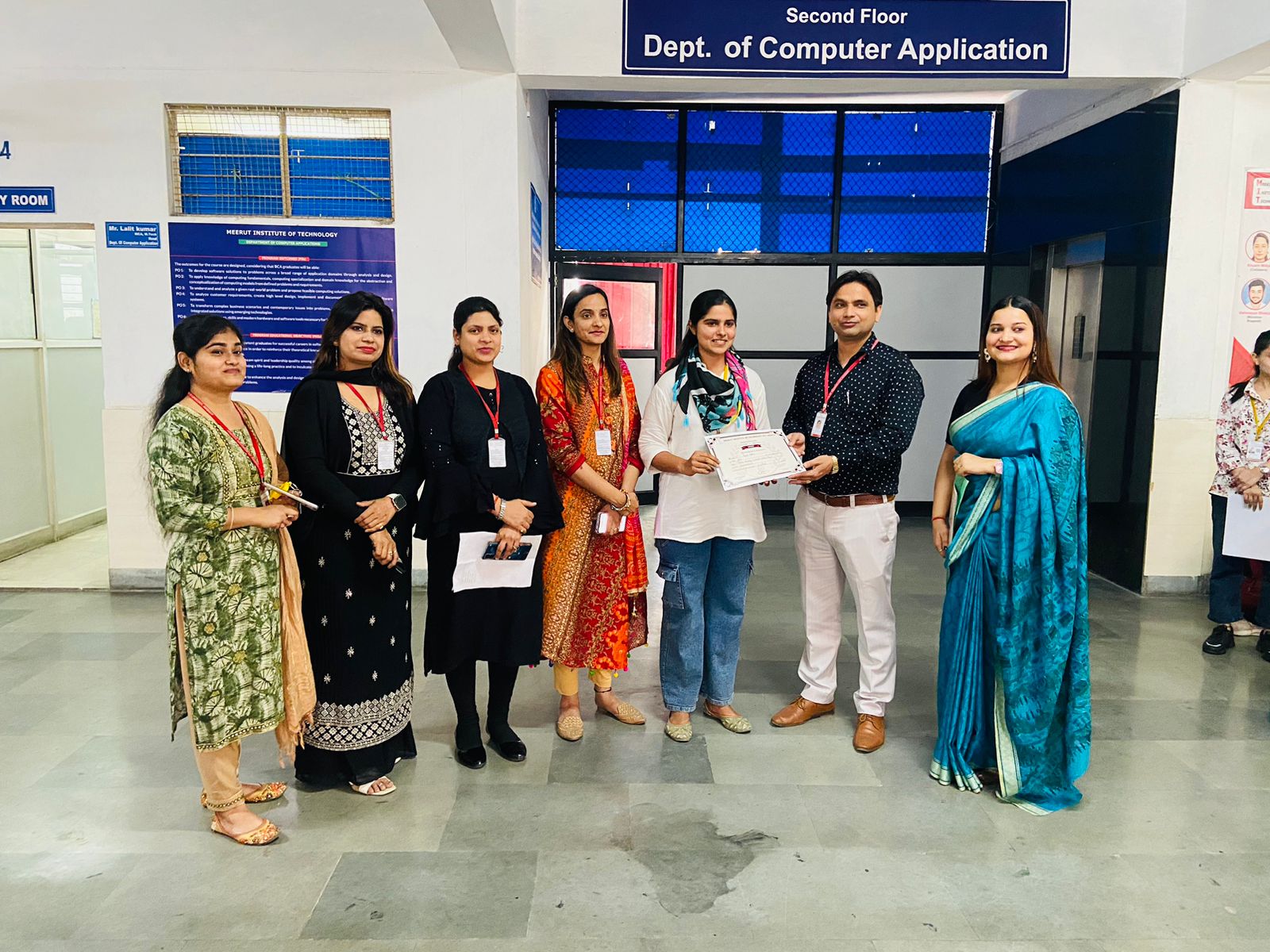
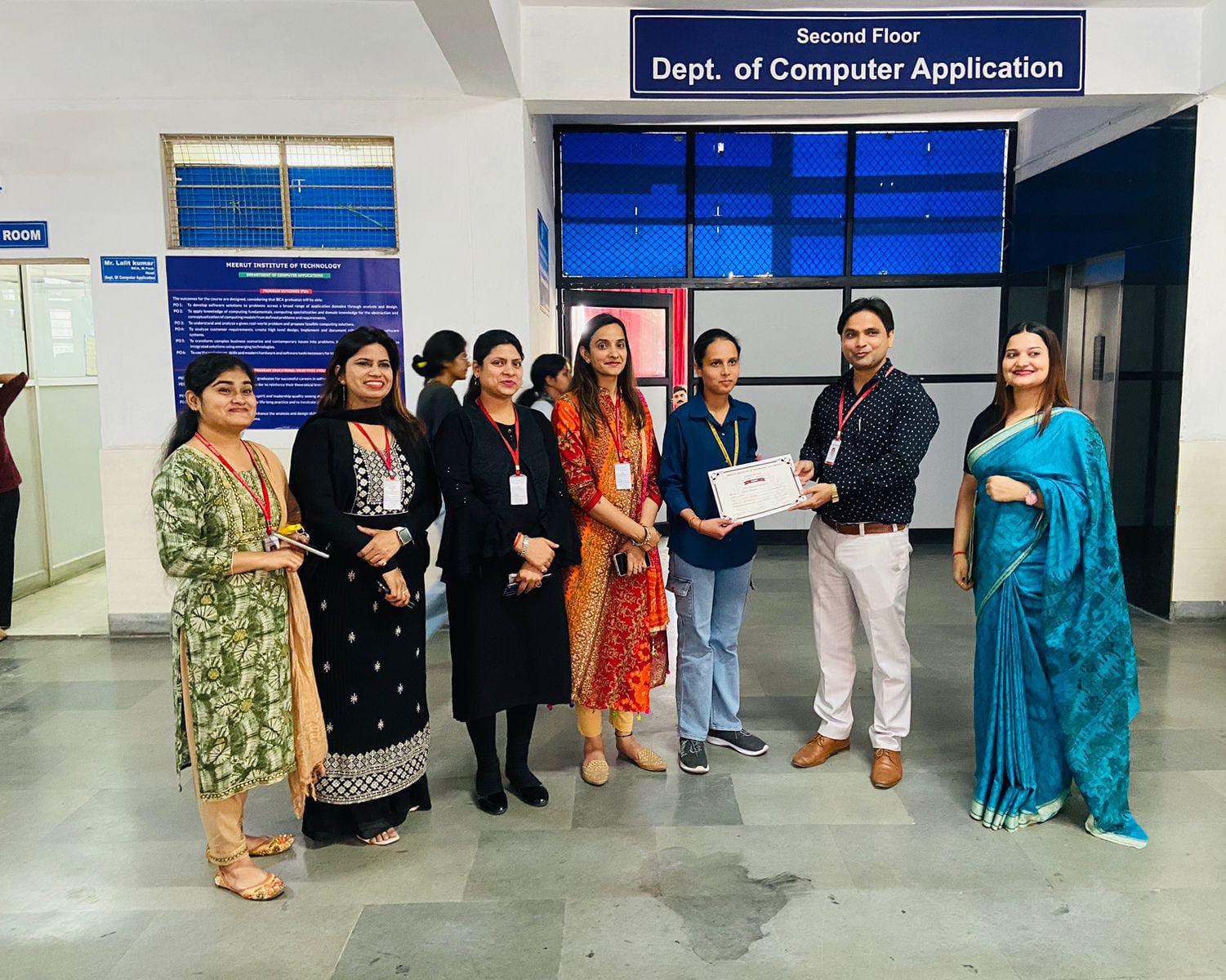
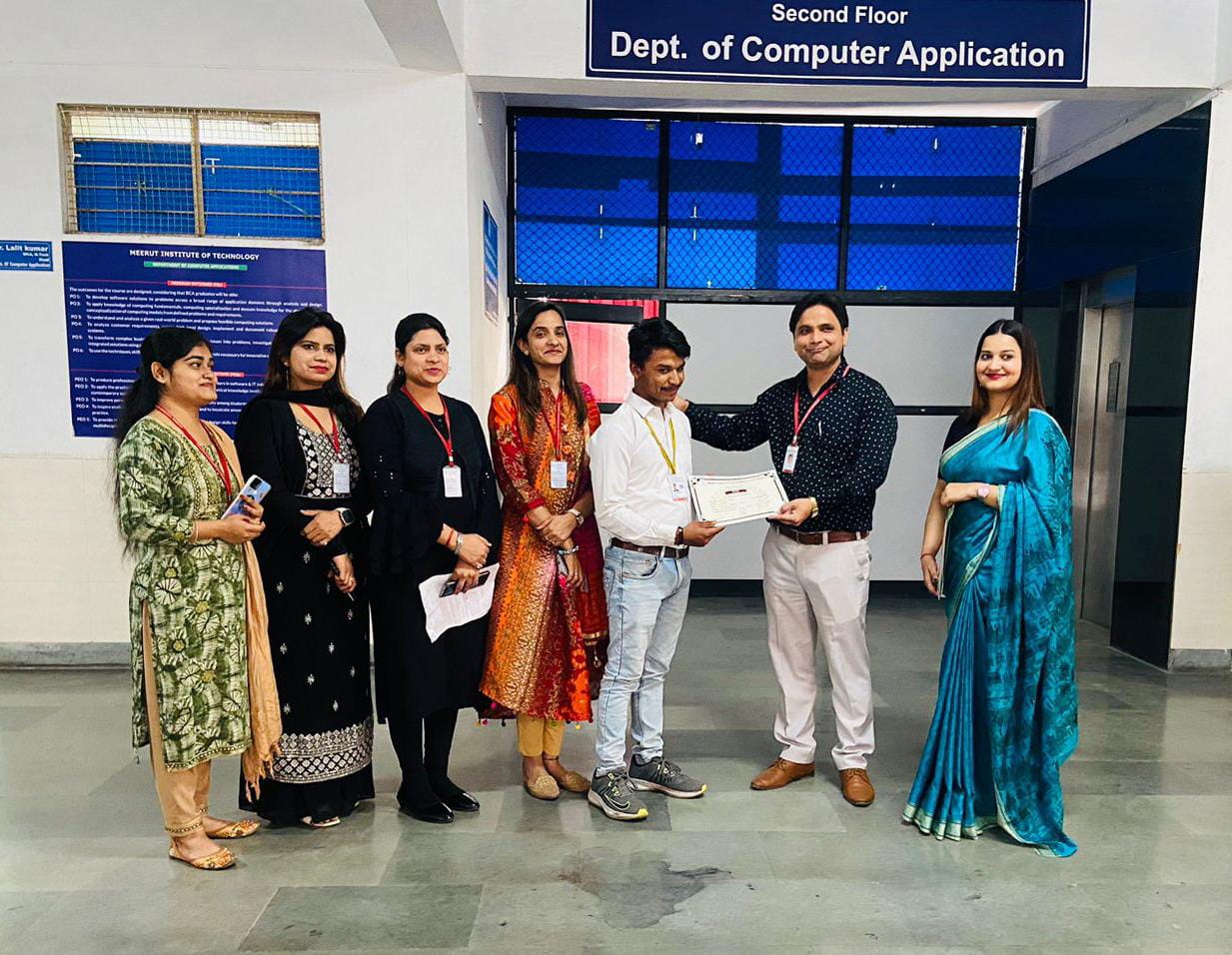
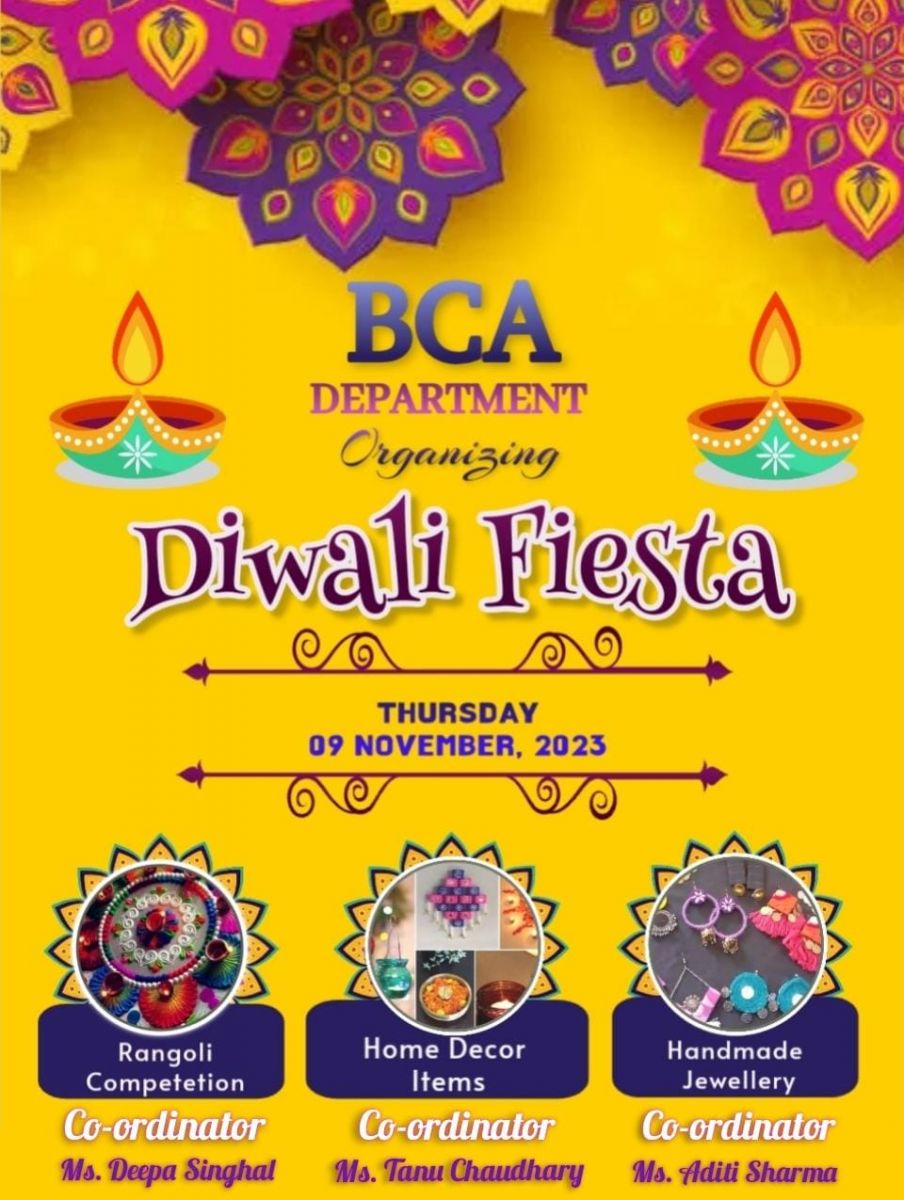
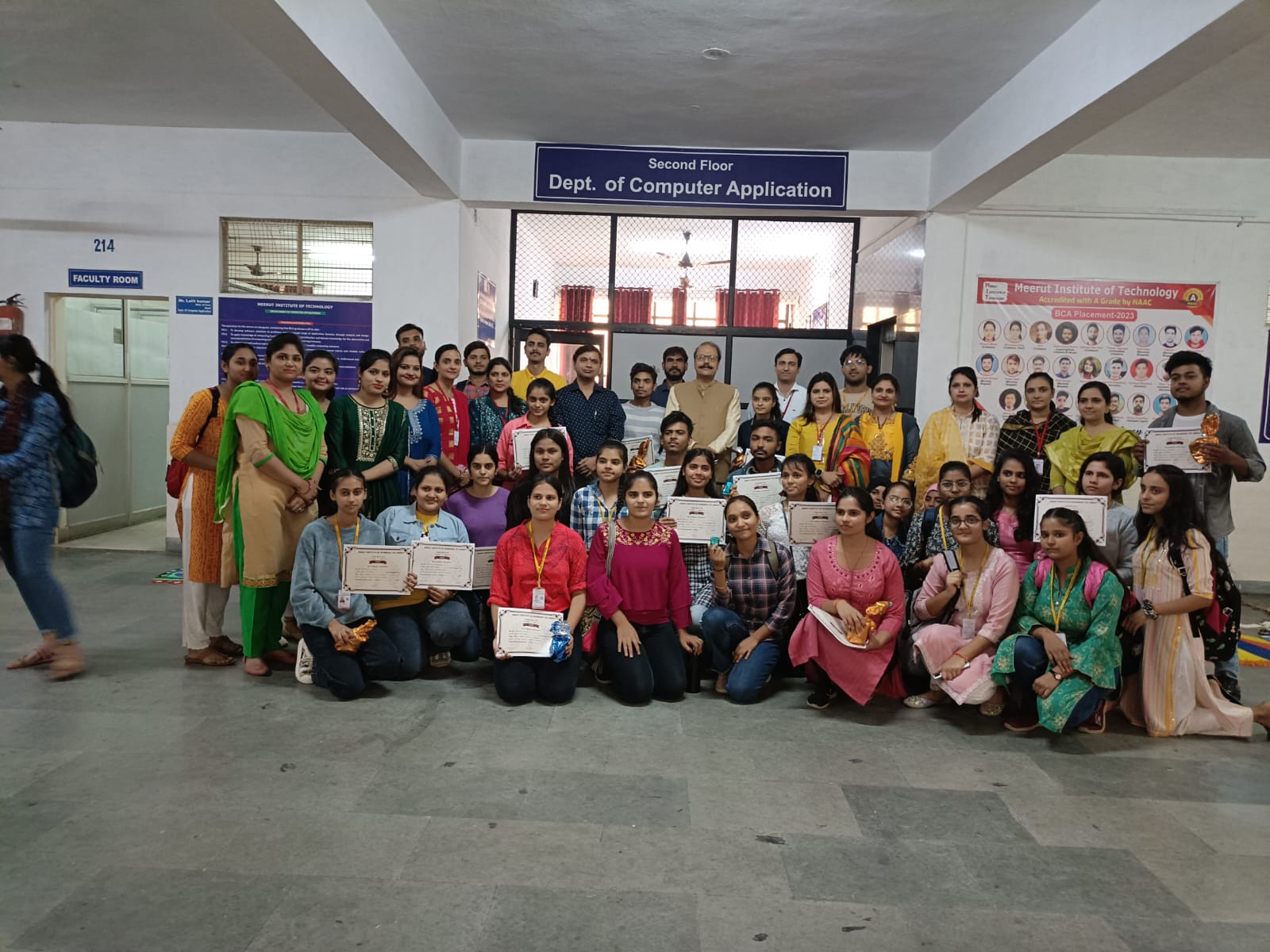
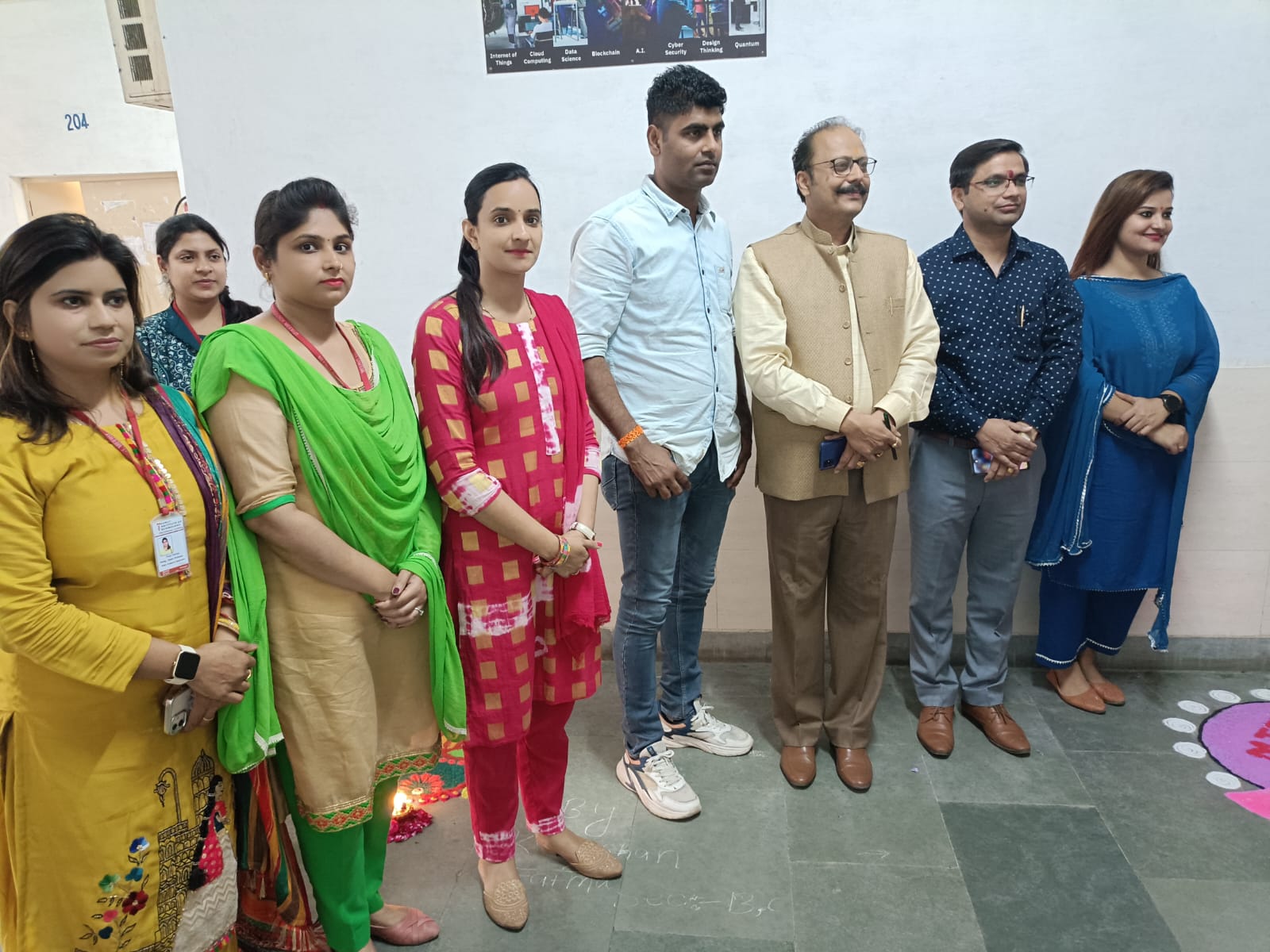
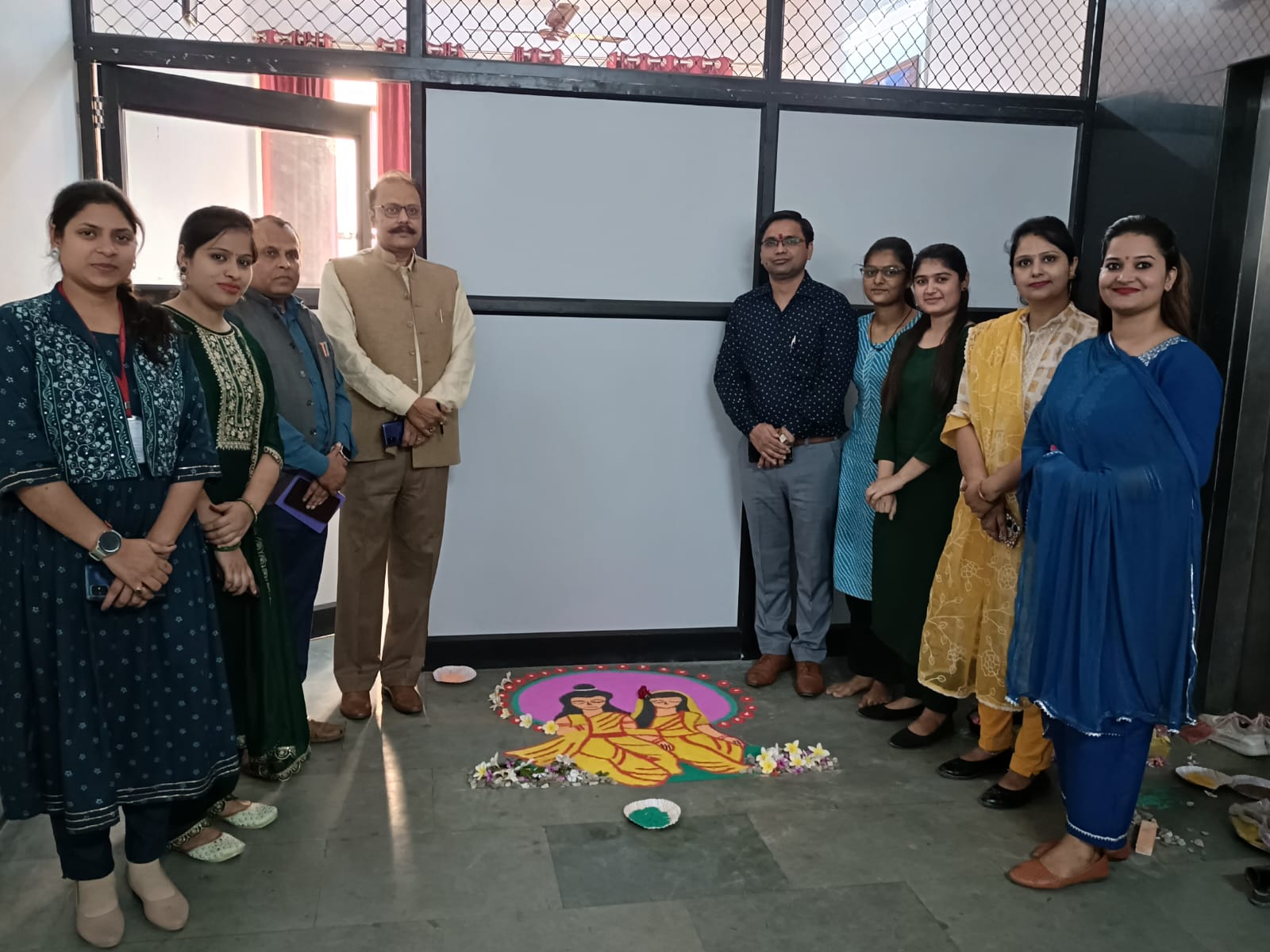
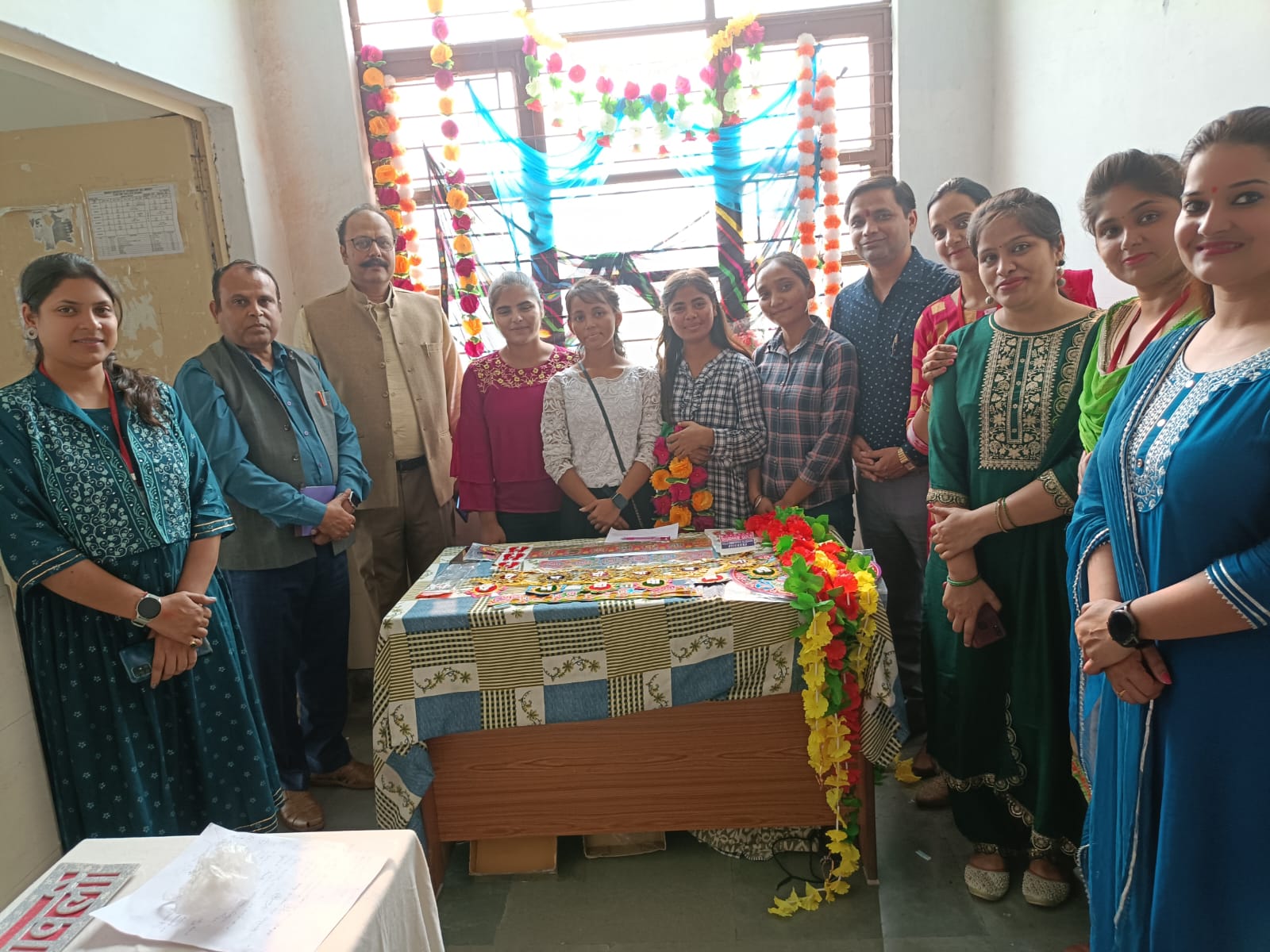
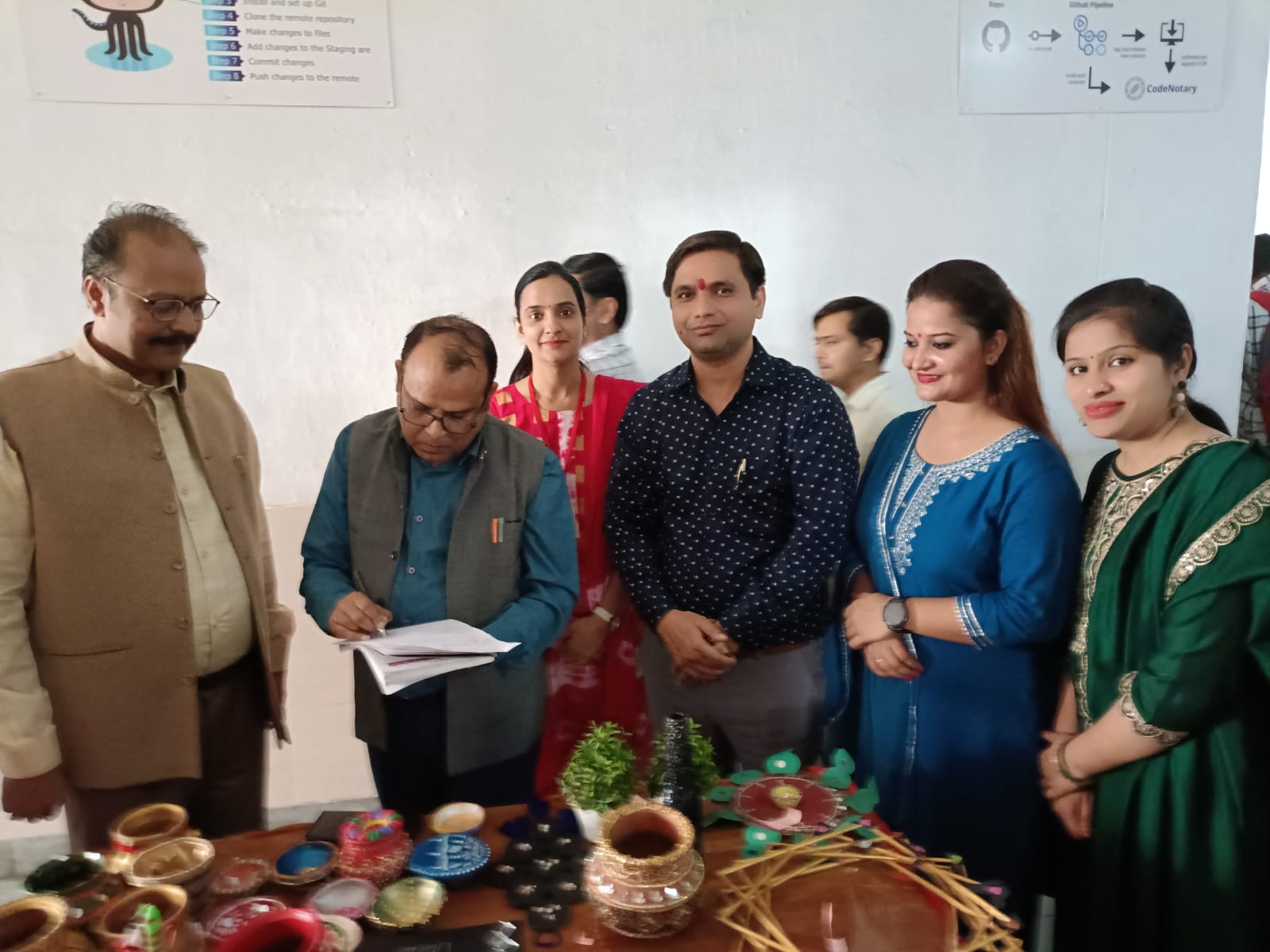
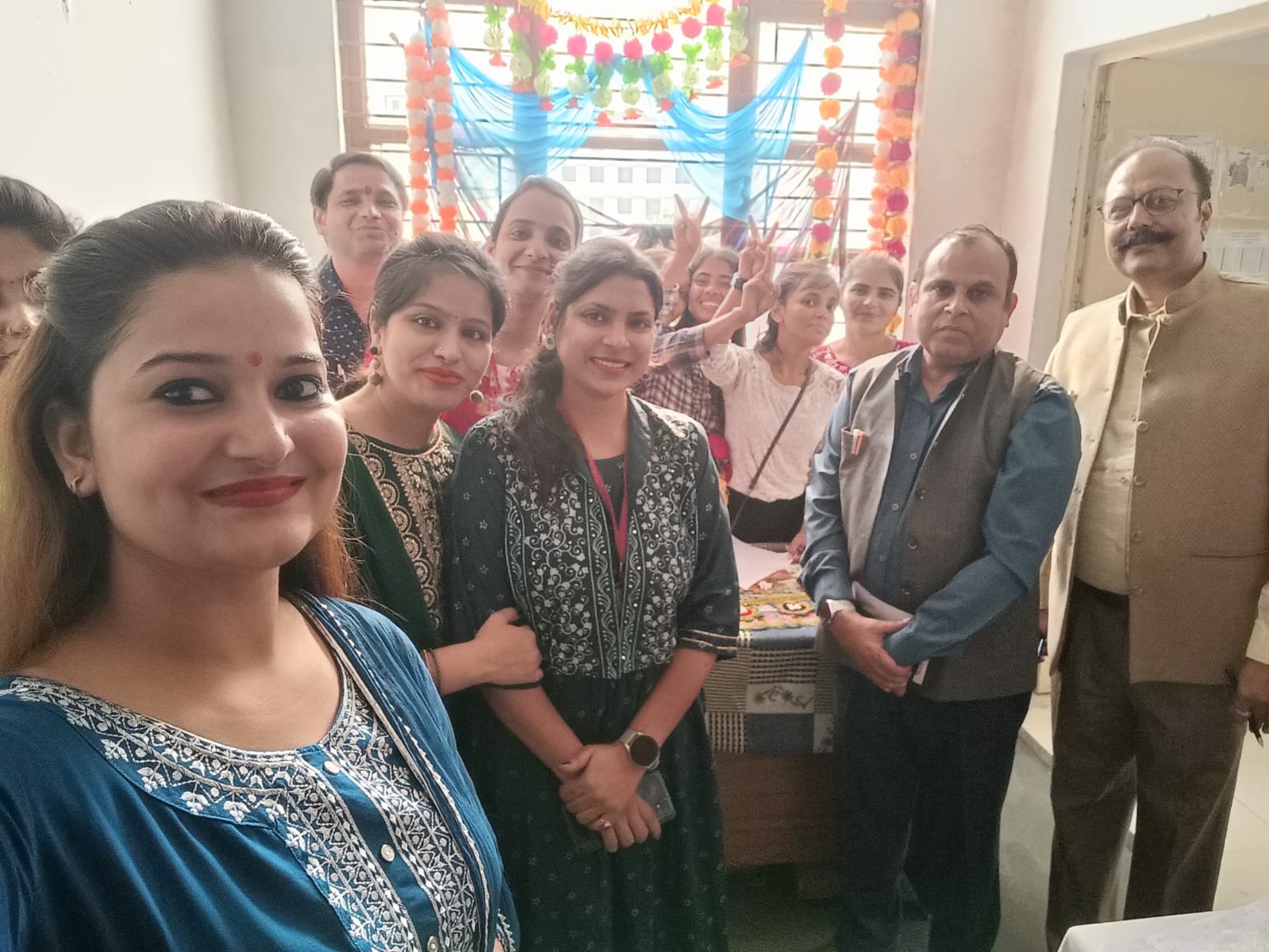
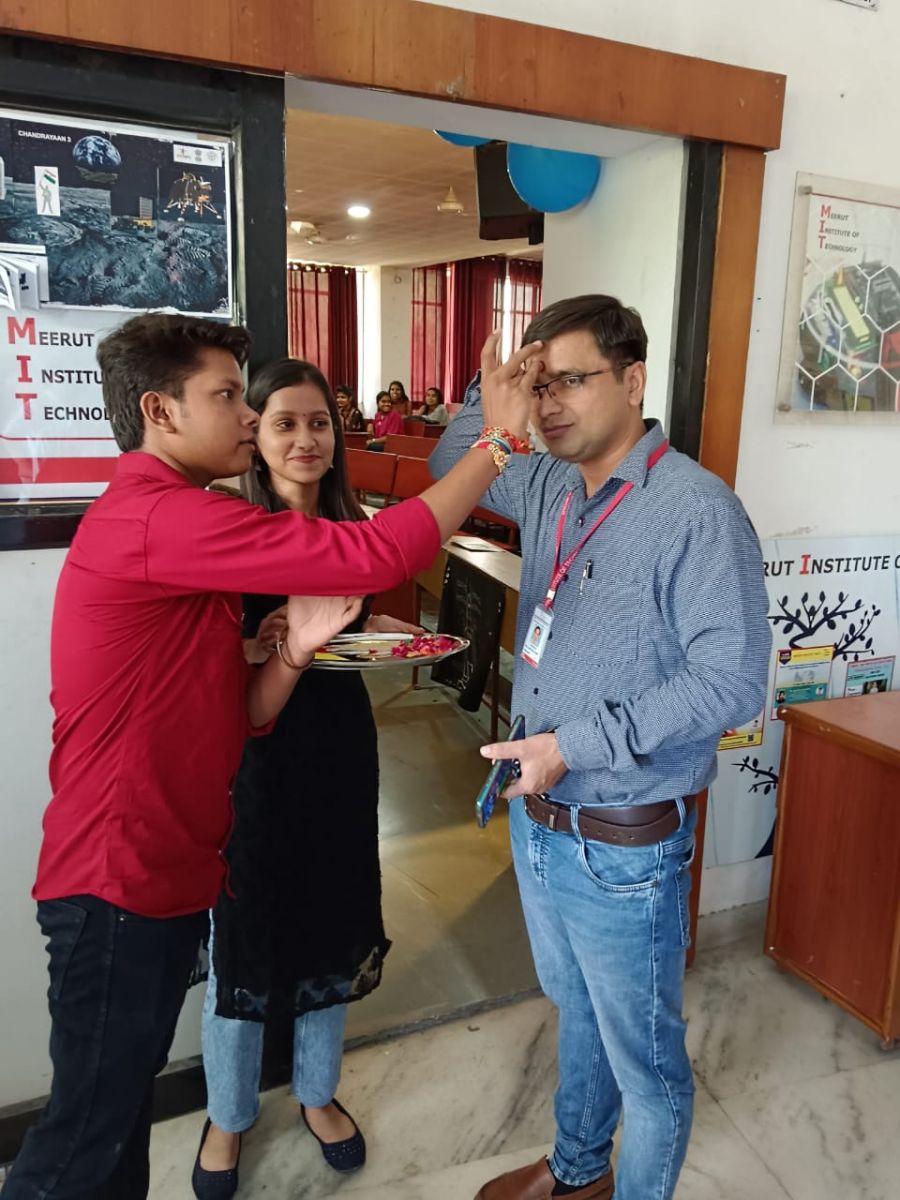
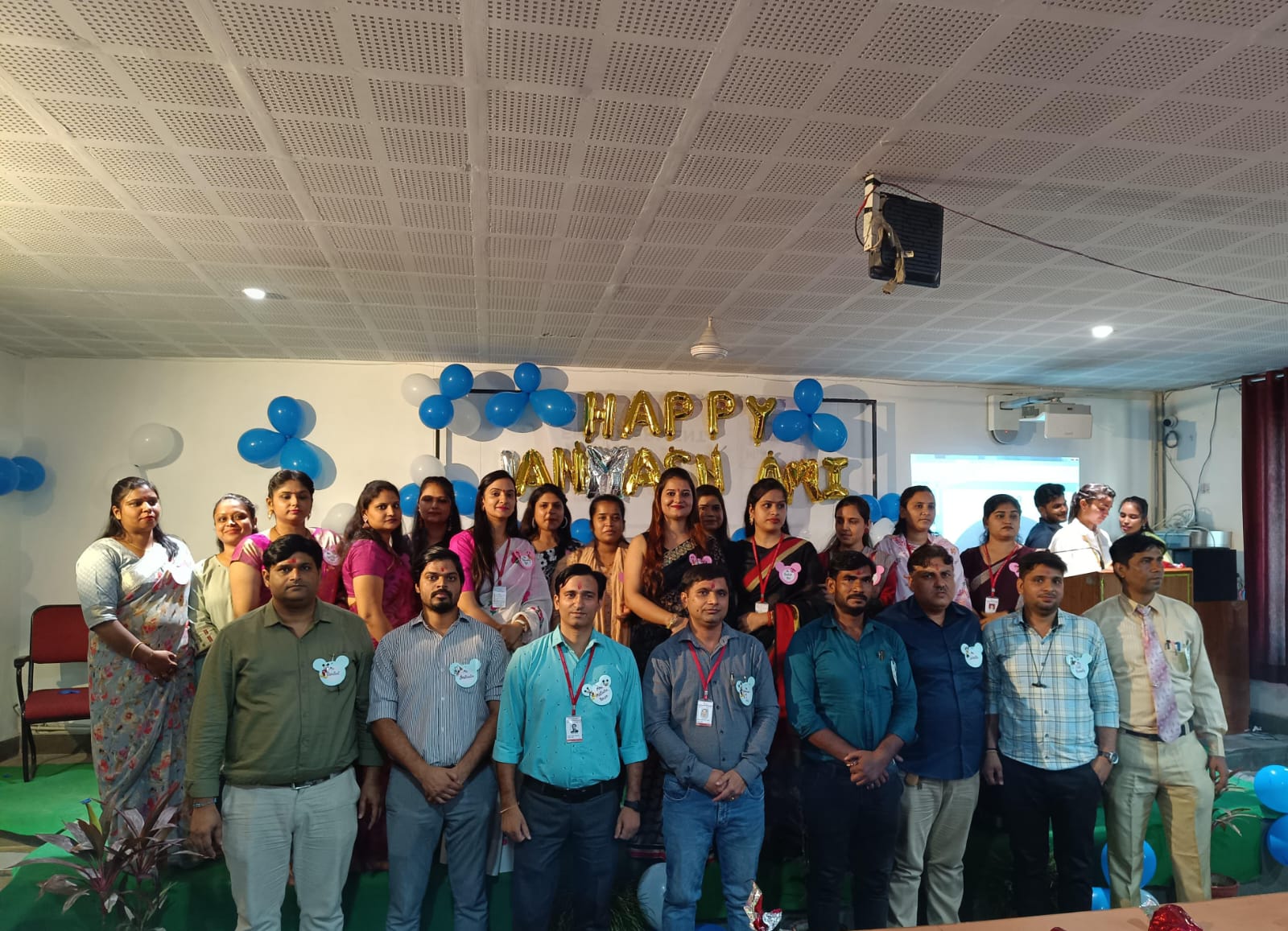
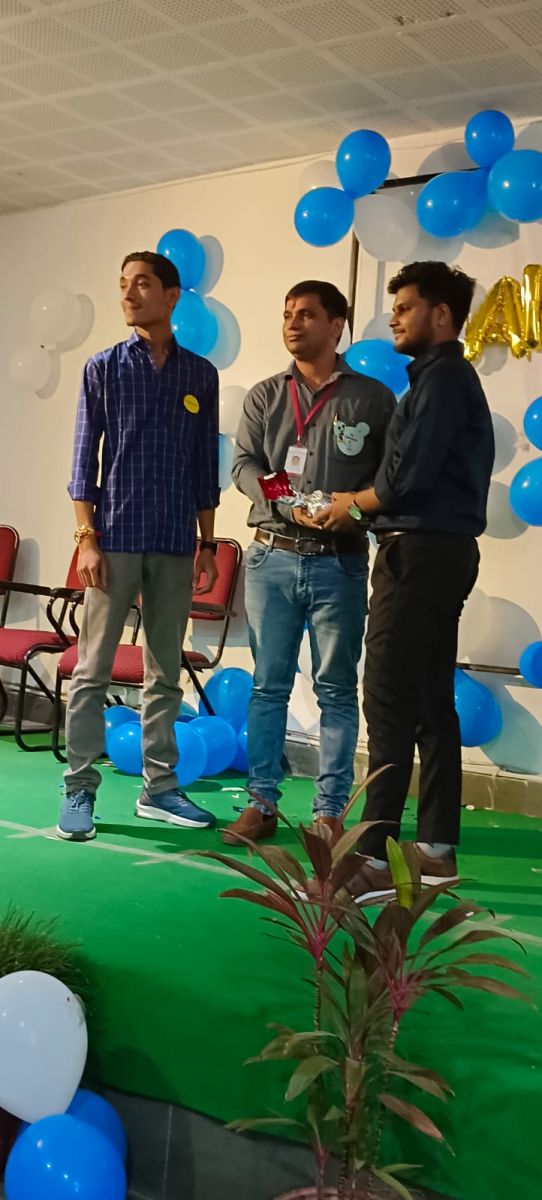
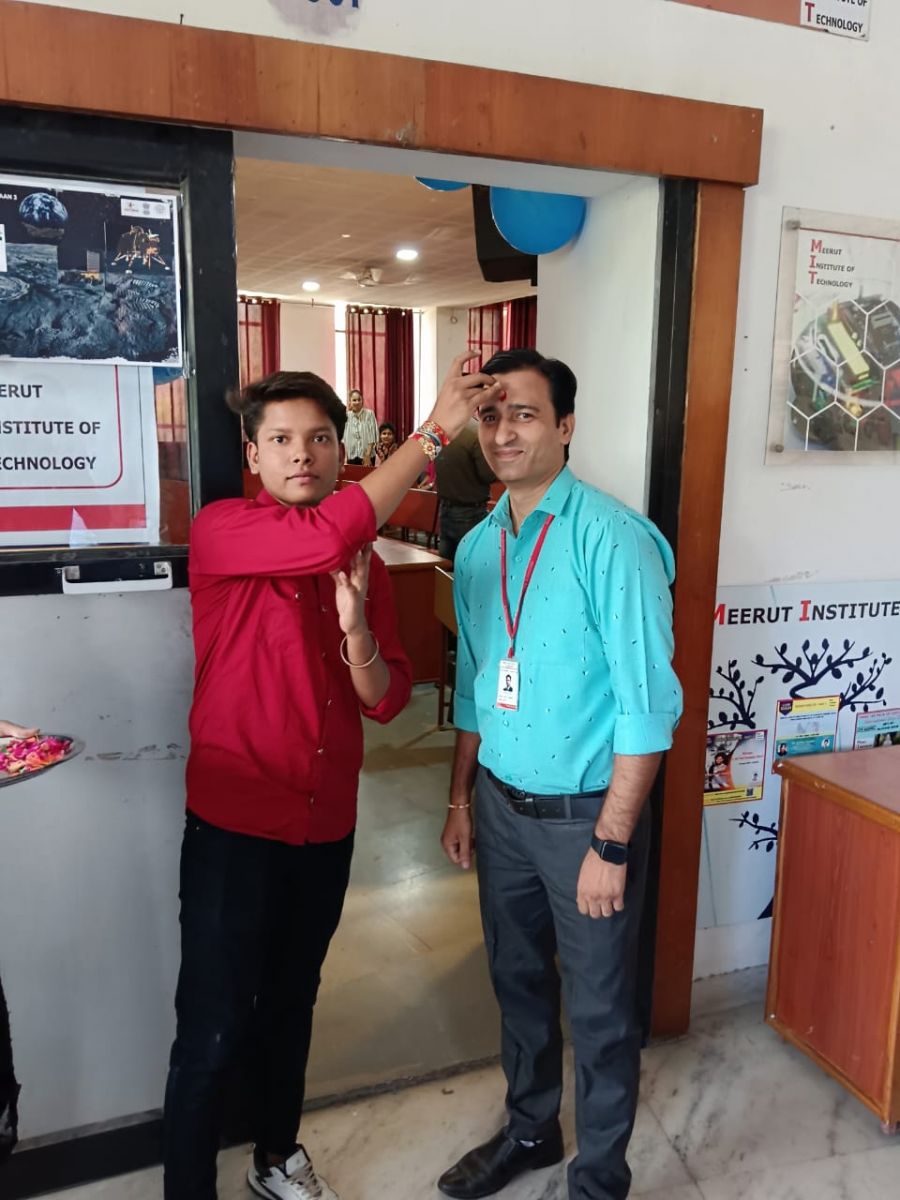
.jpg)
.jpg)
.jpg)
.jpg)
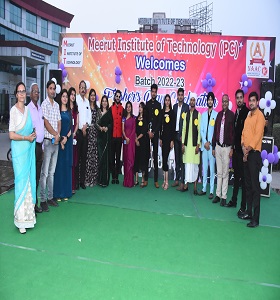
.JPG)
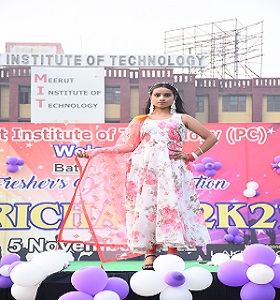
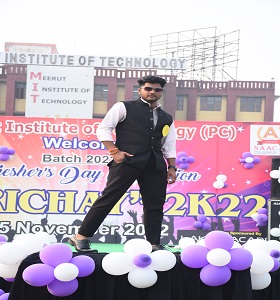
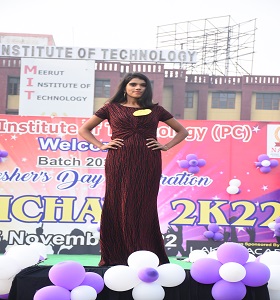
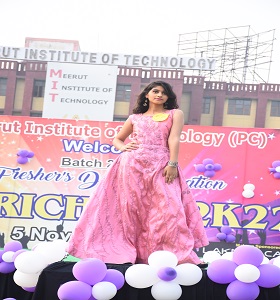
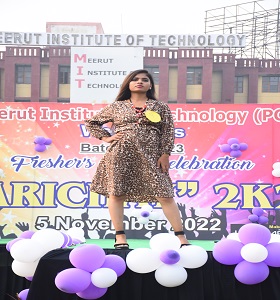
.JPG)
.JPG)
